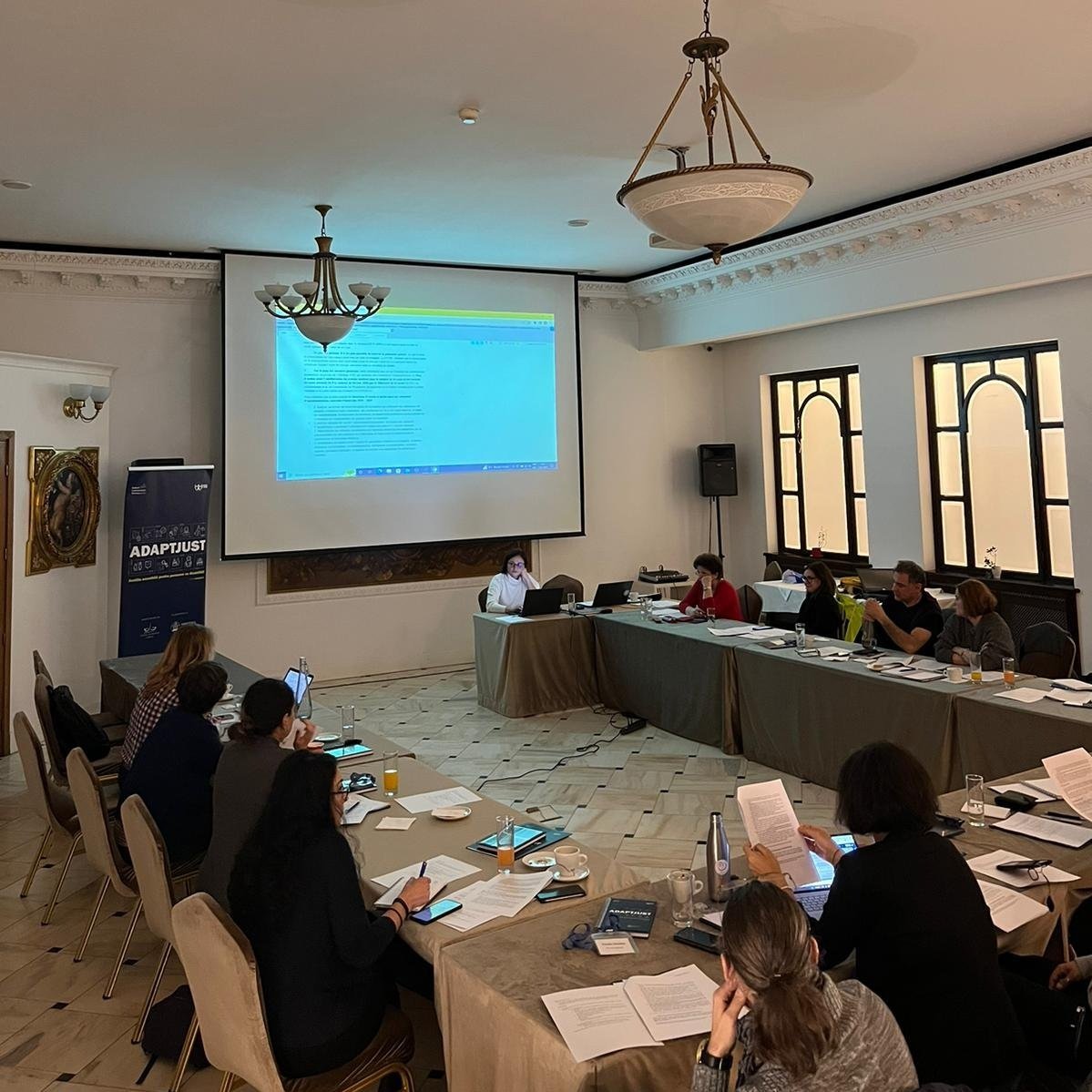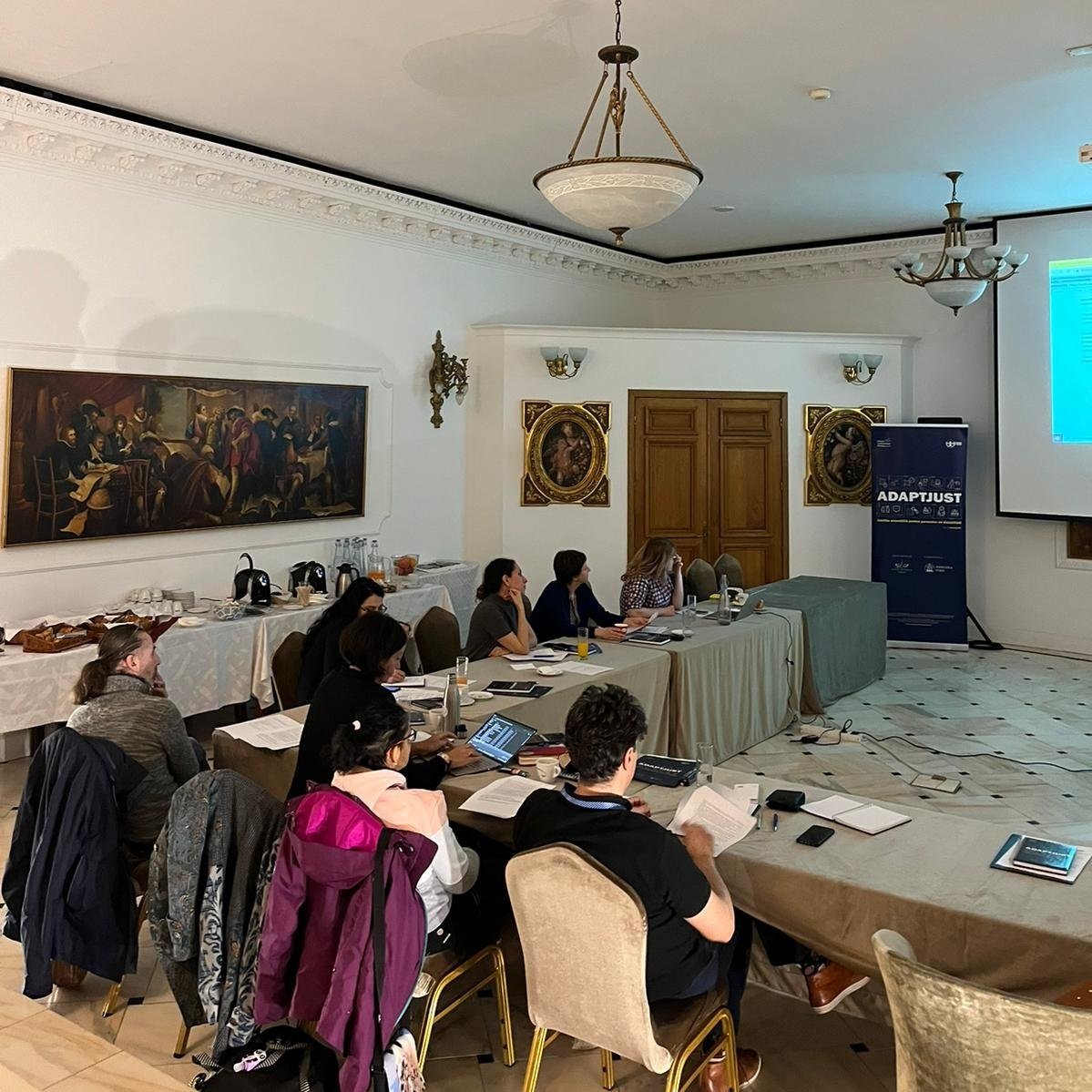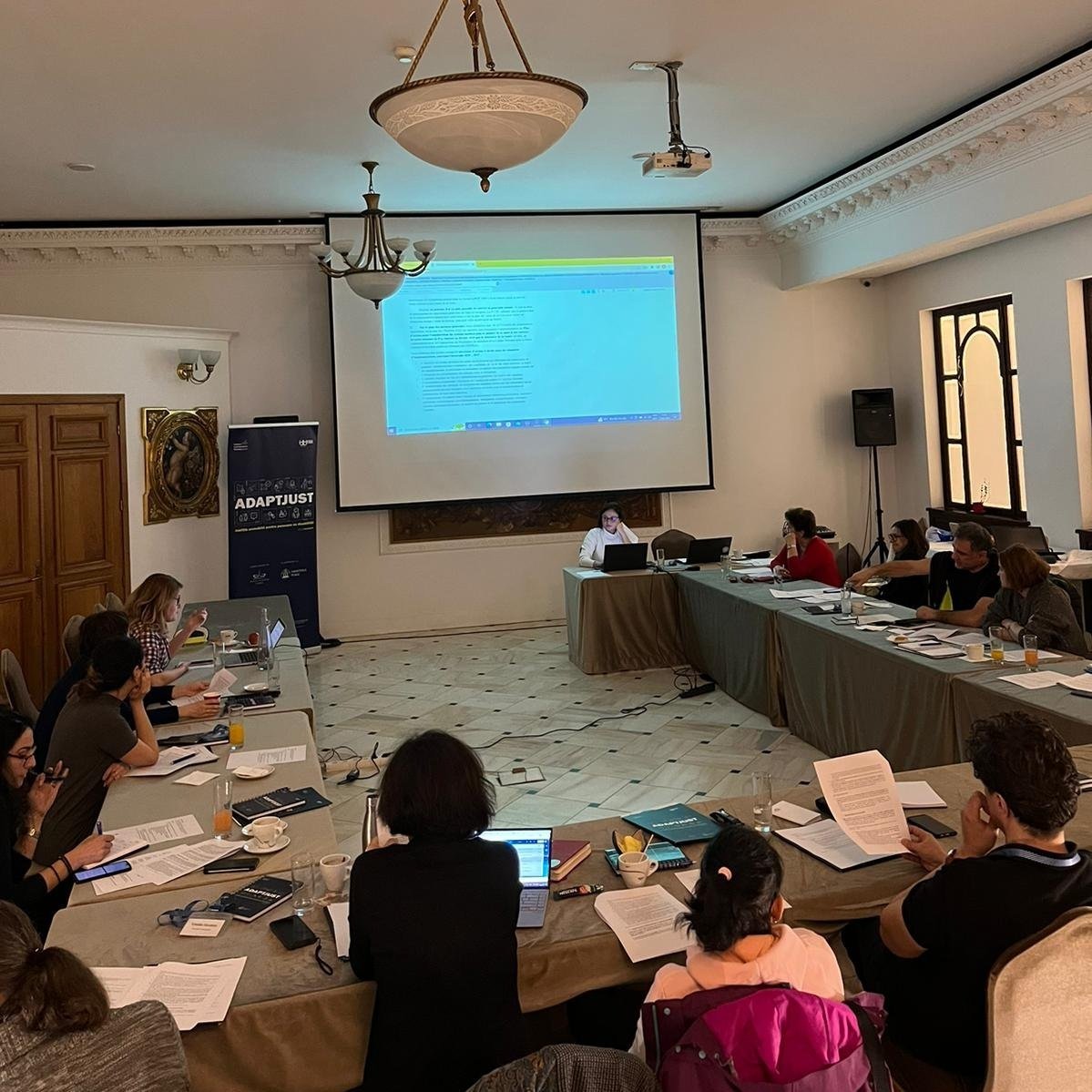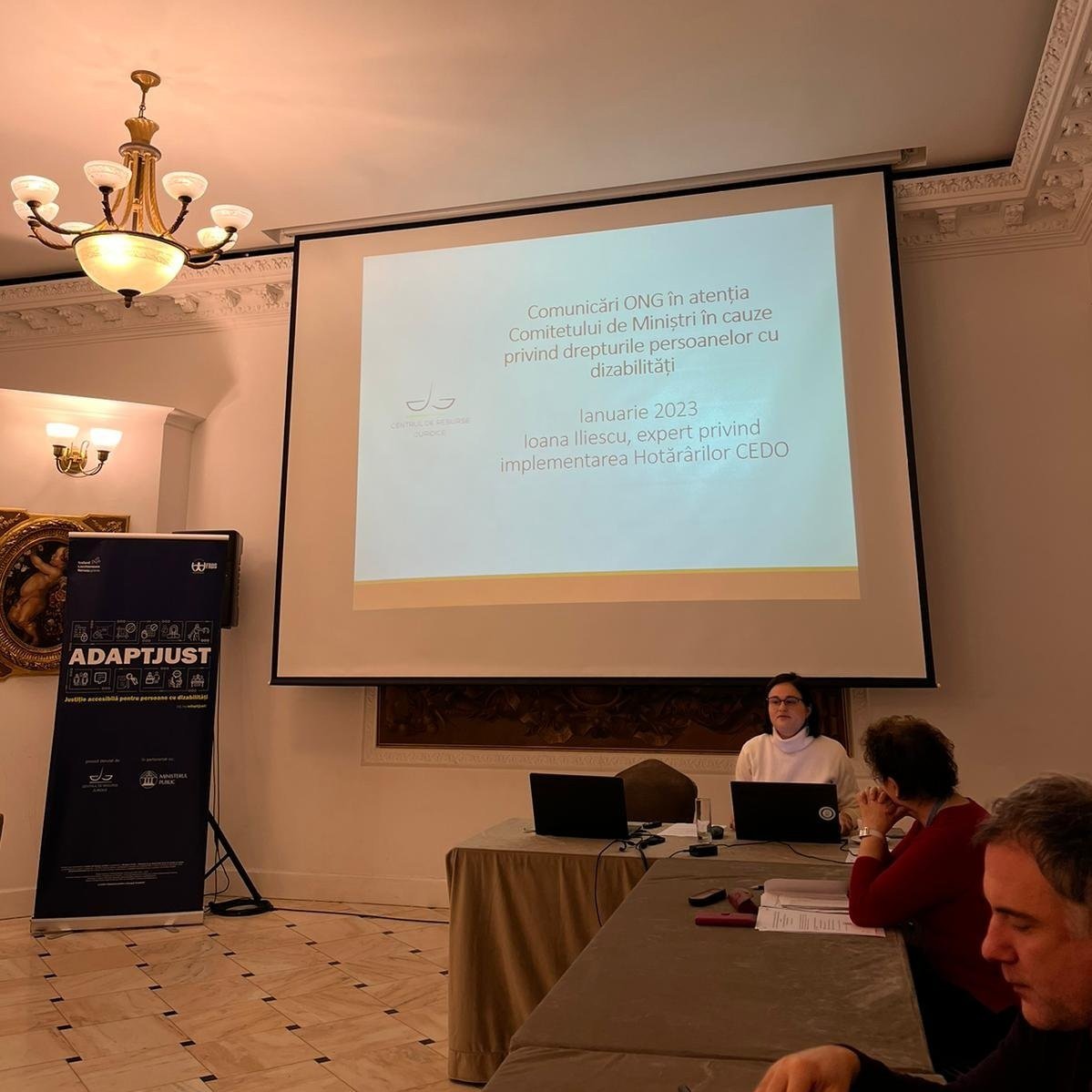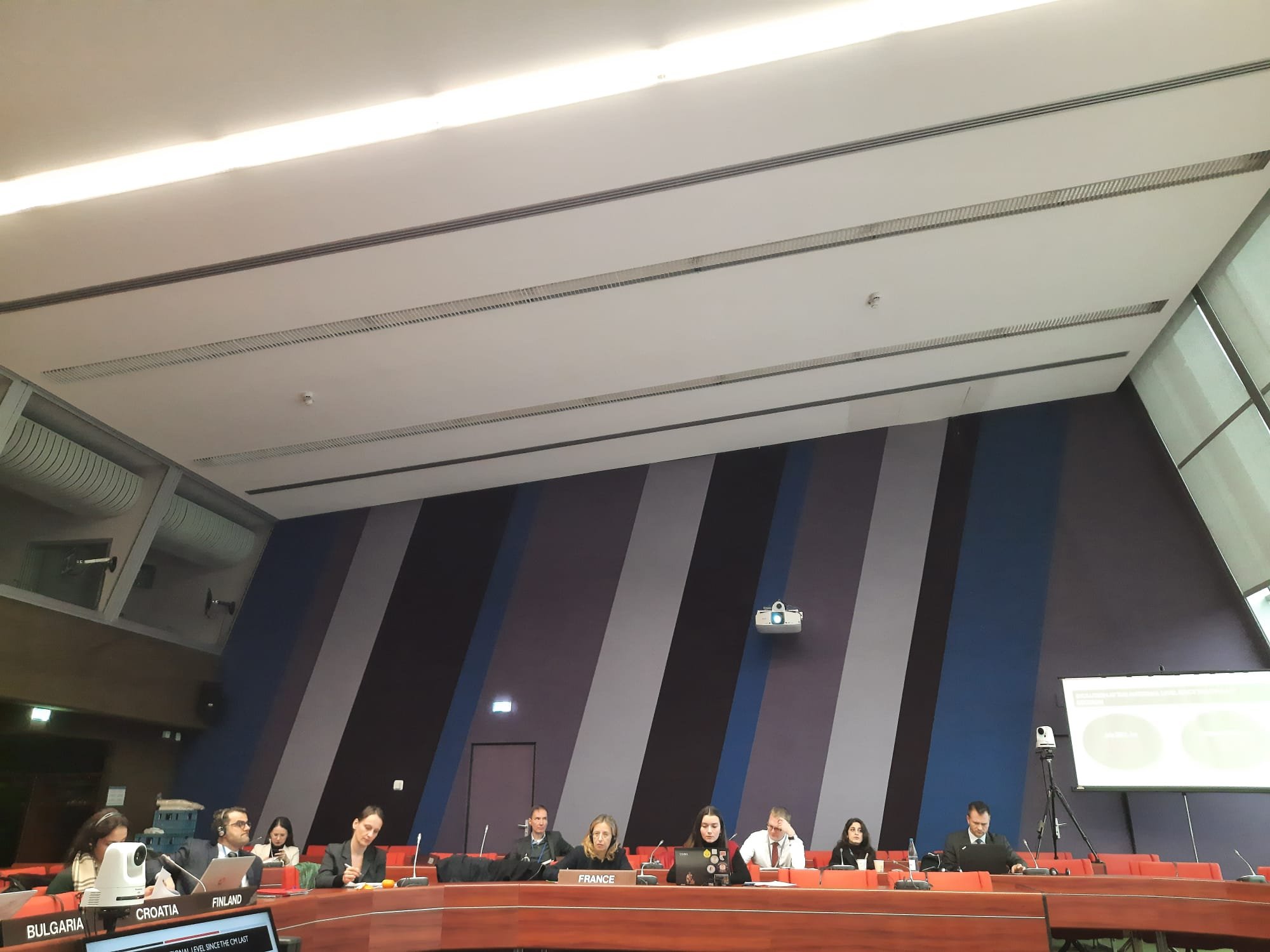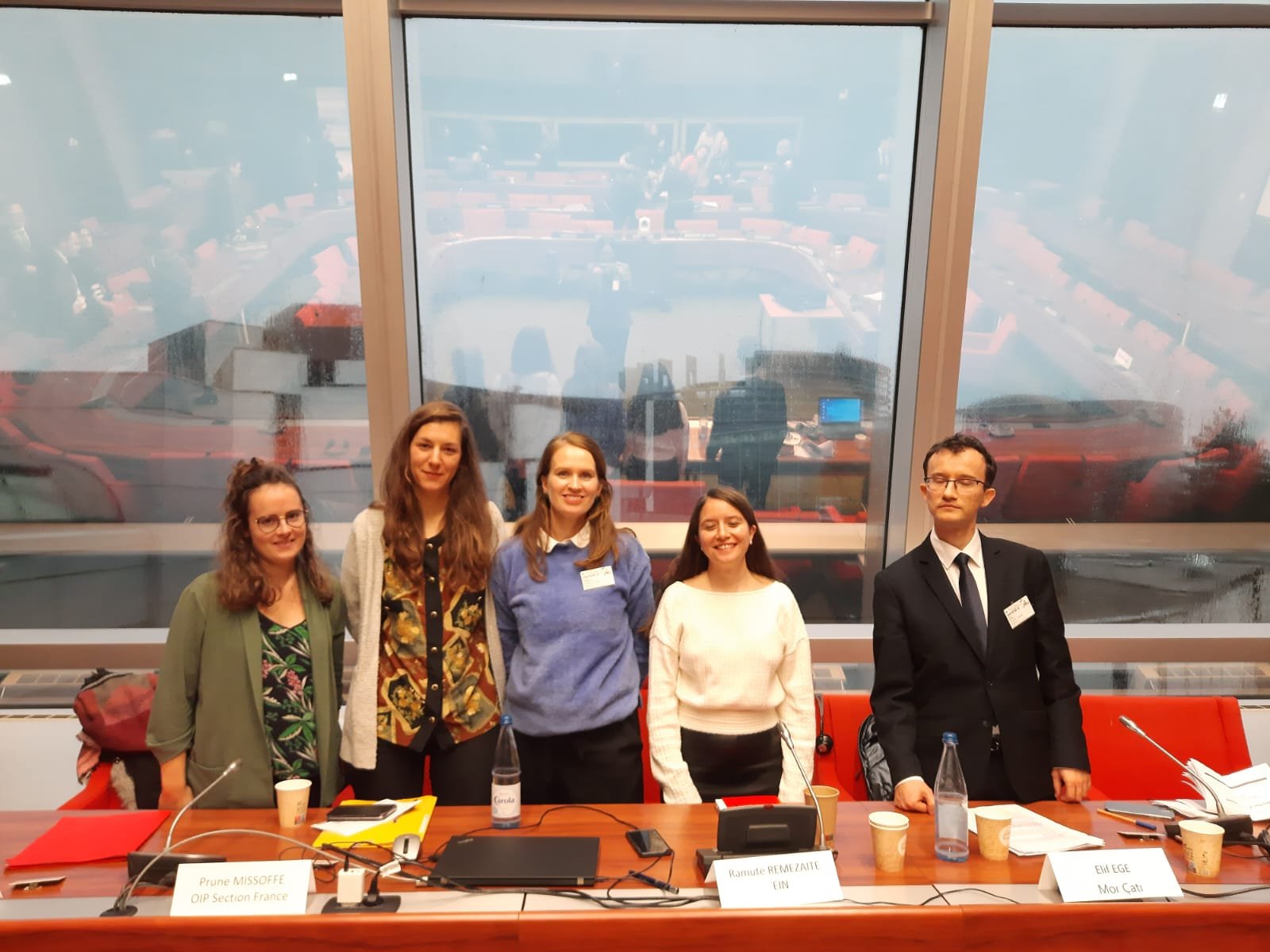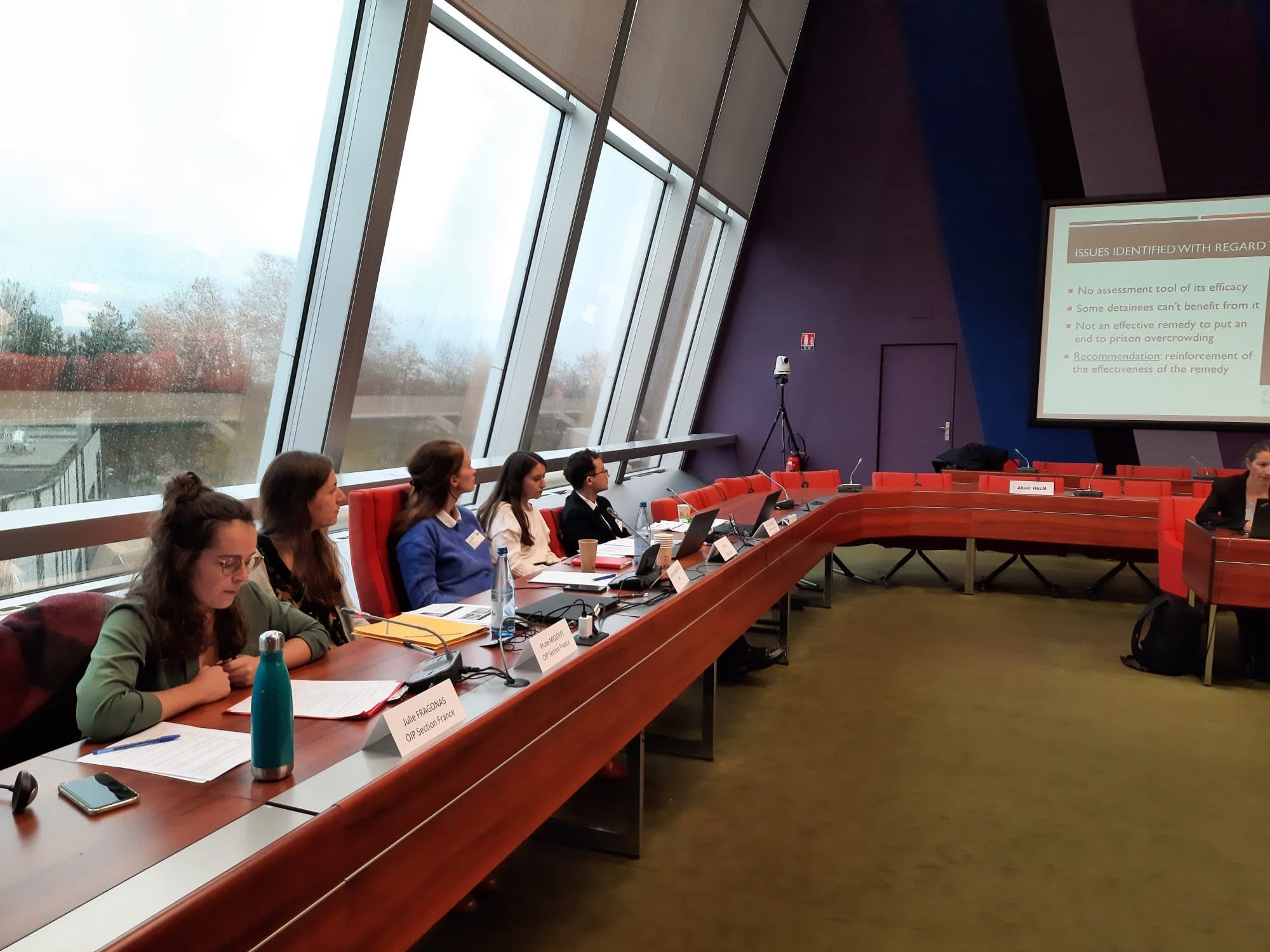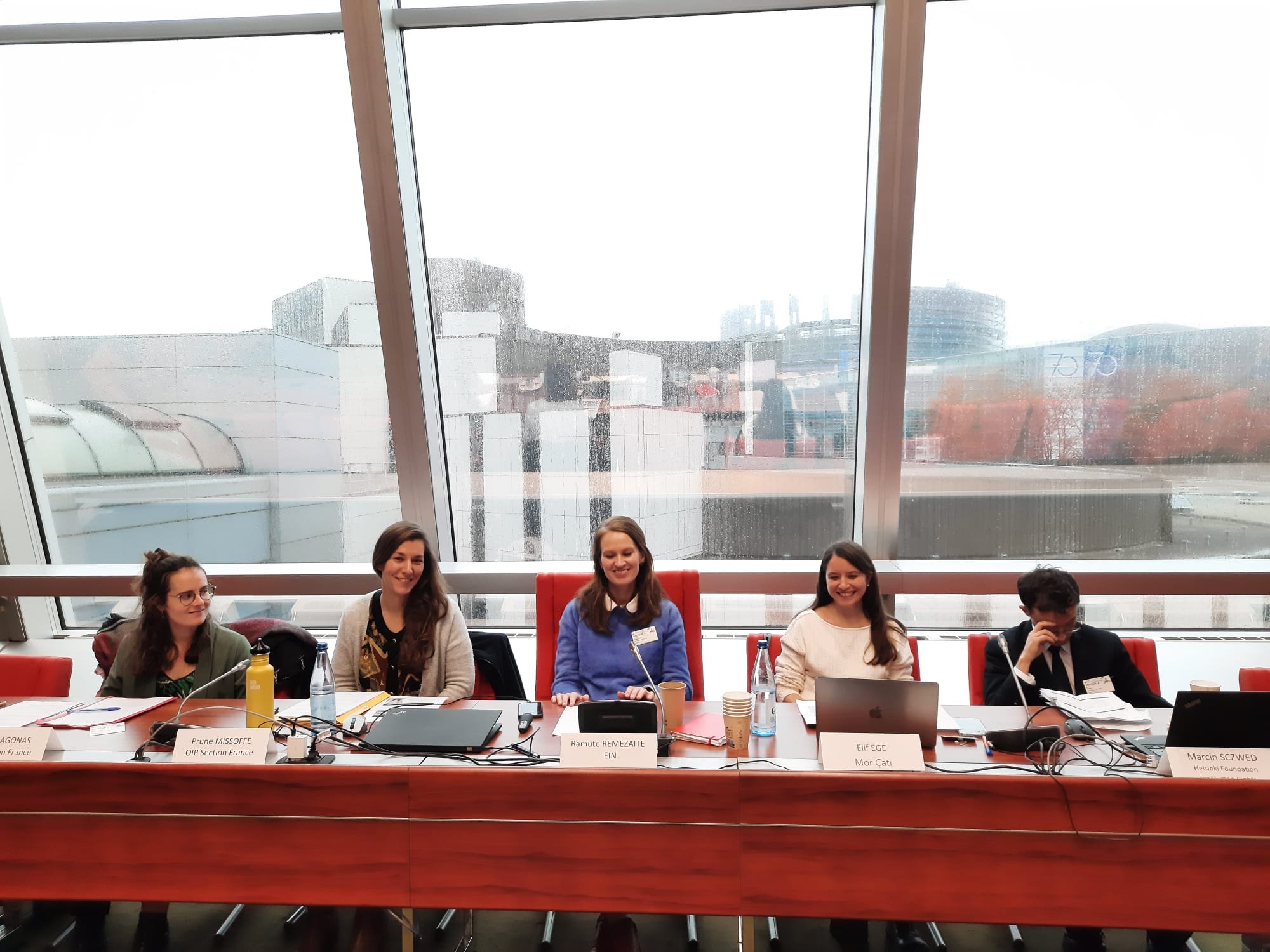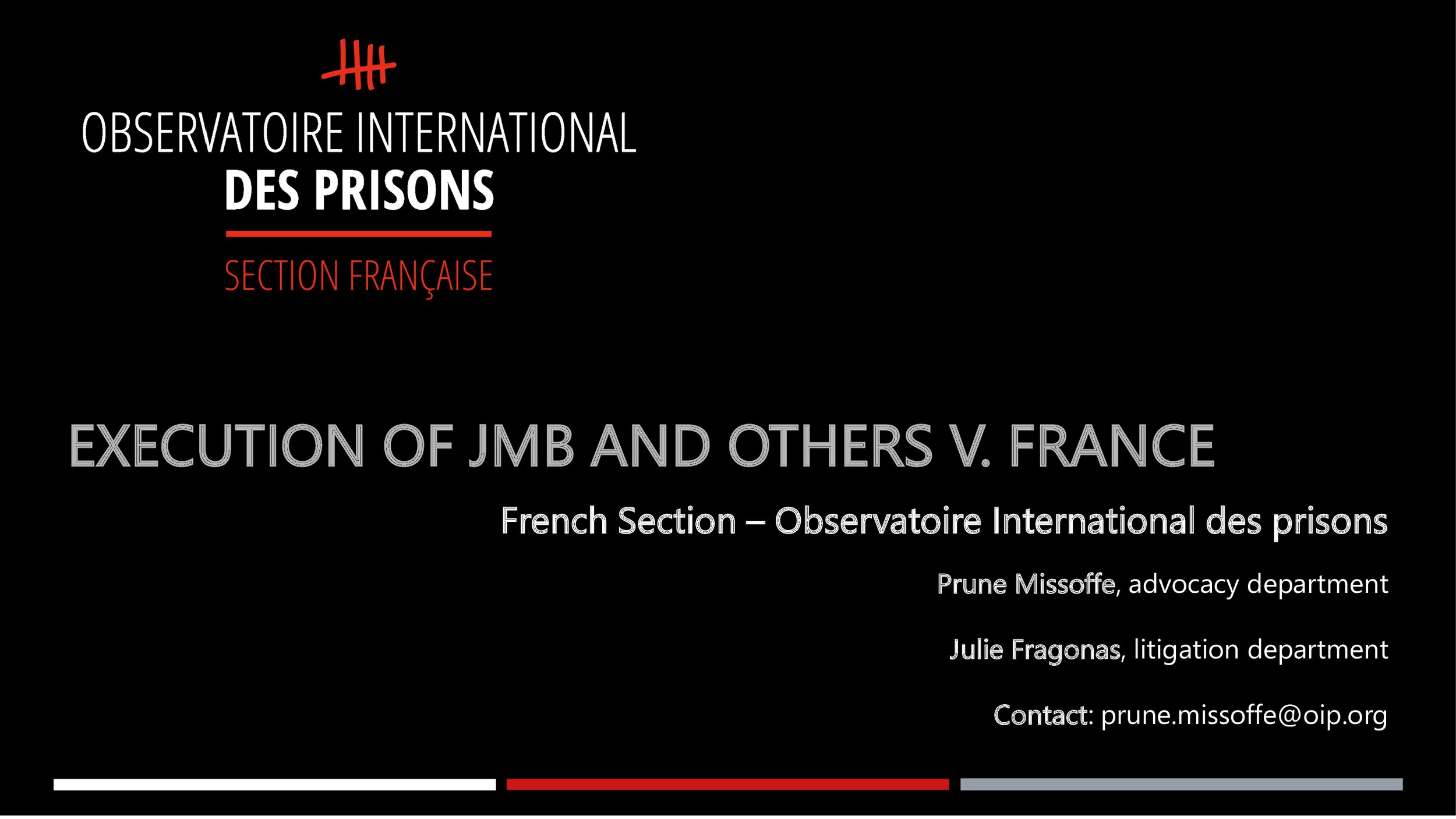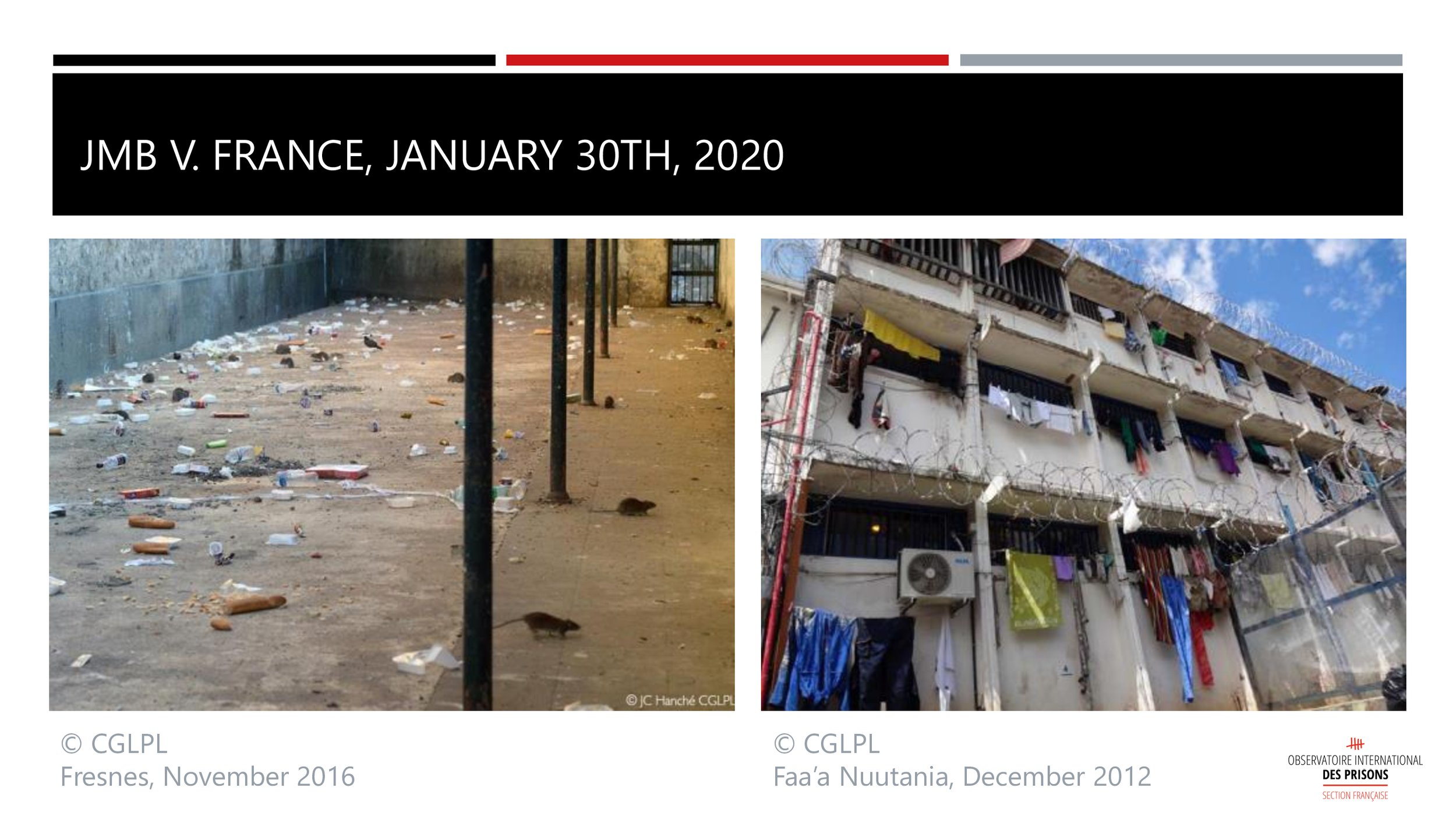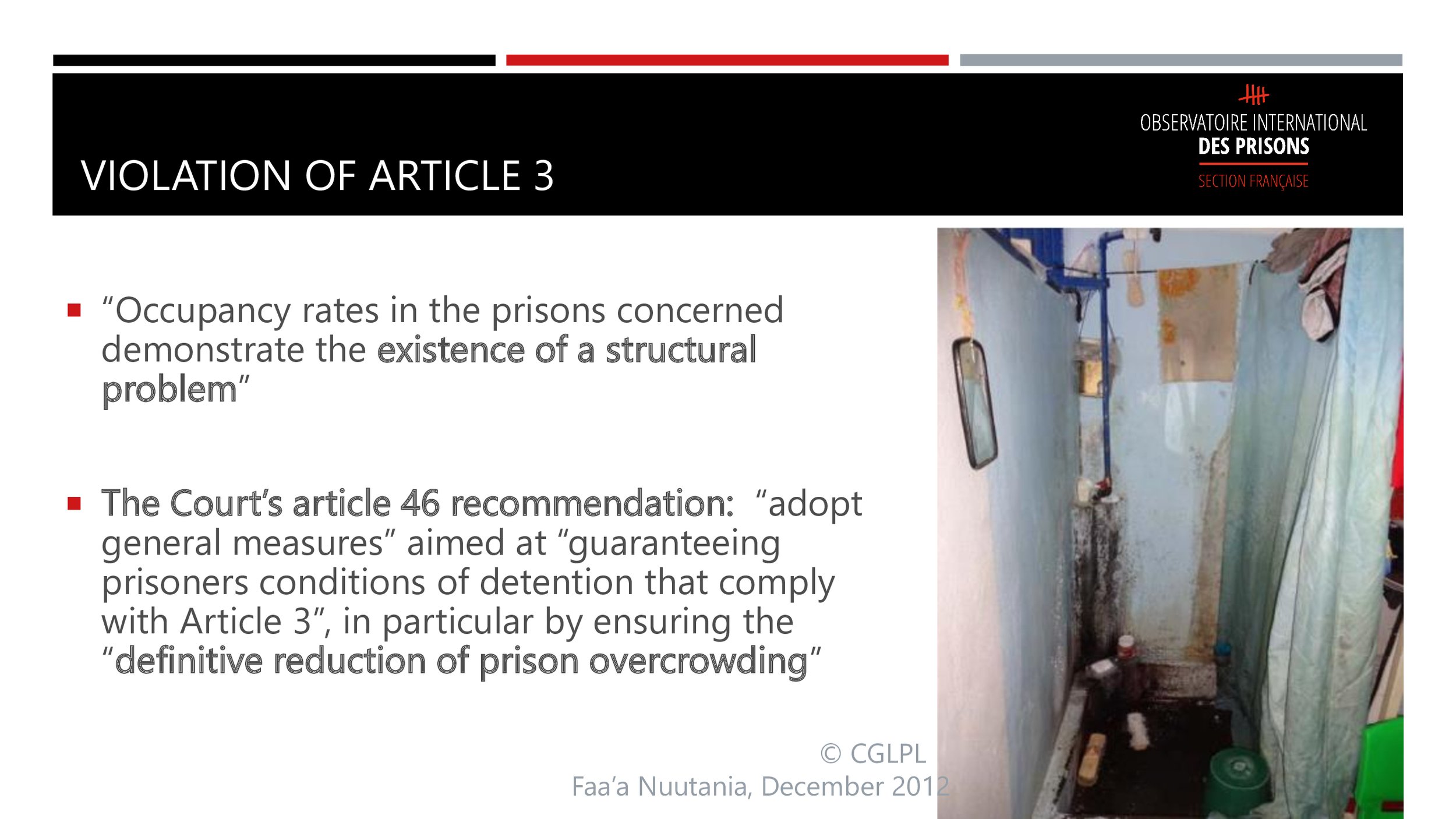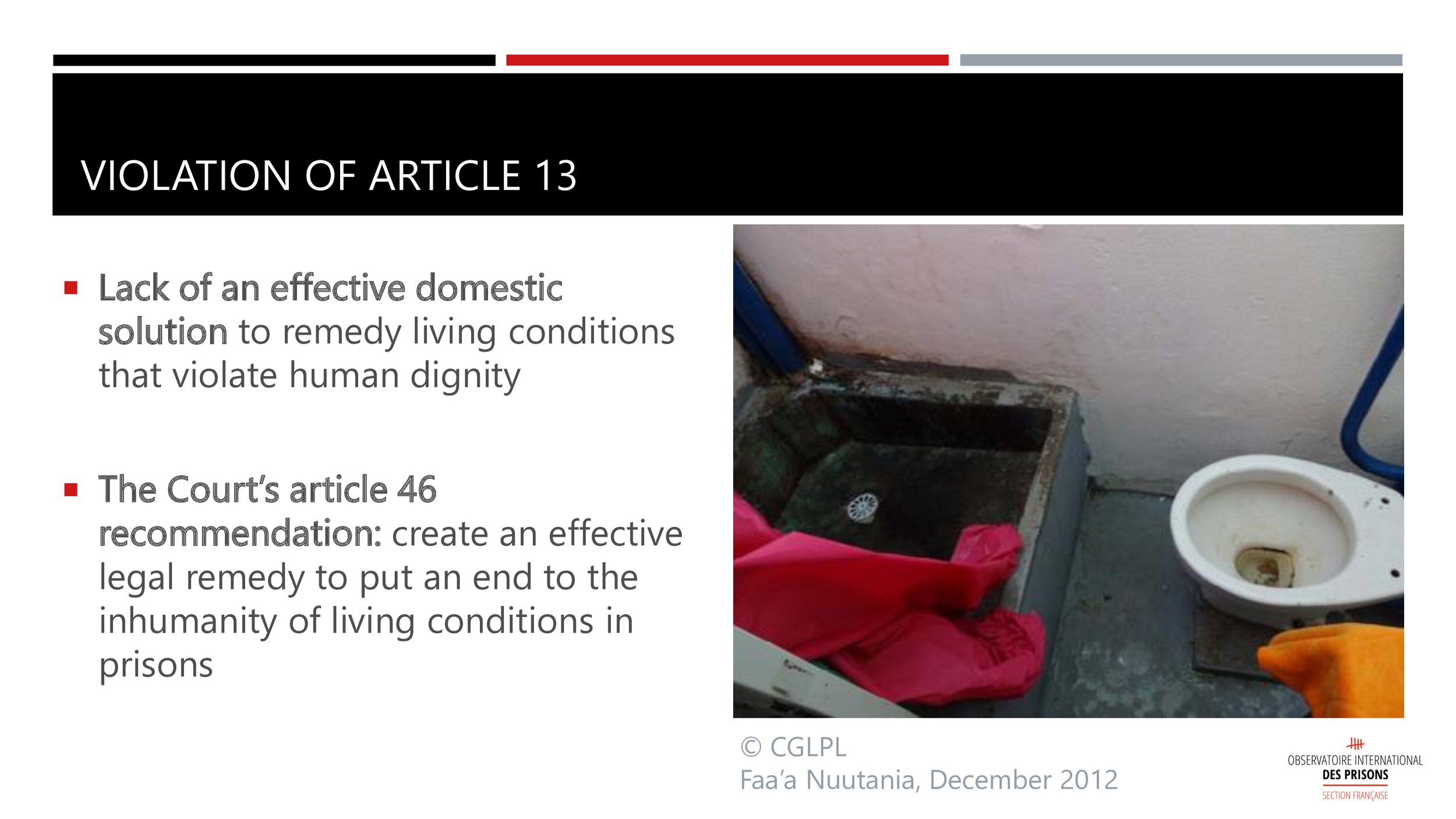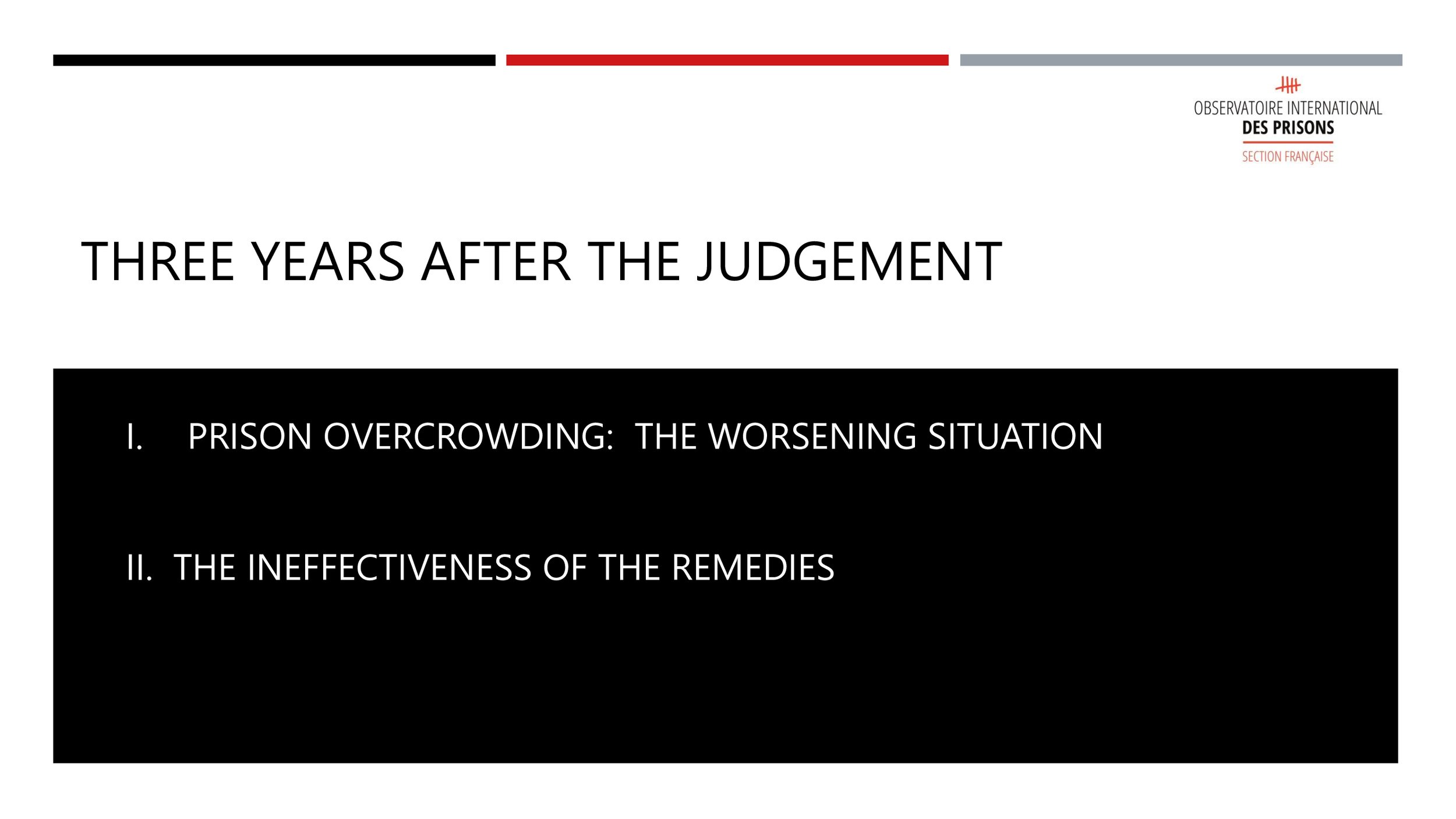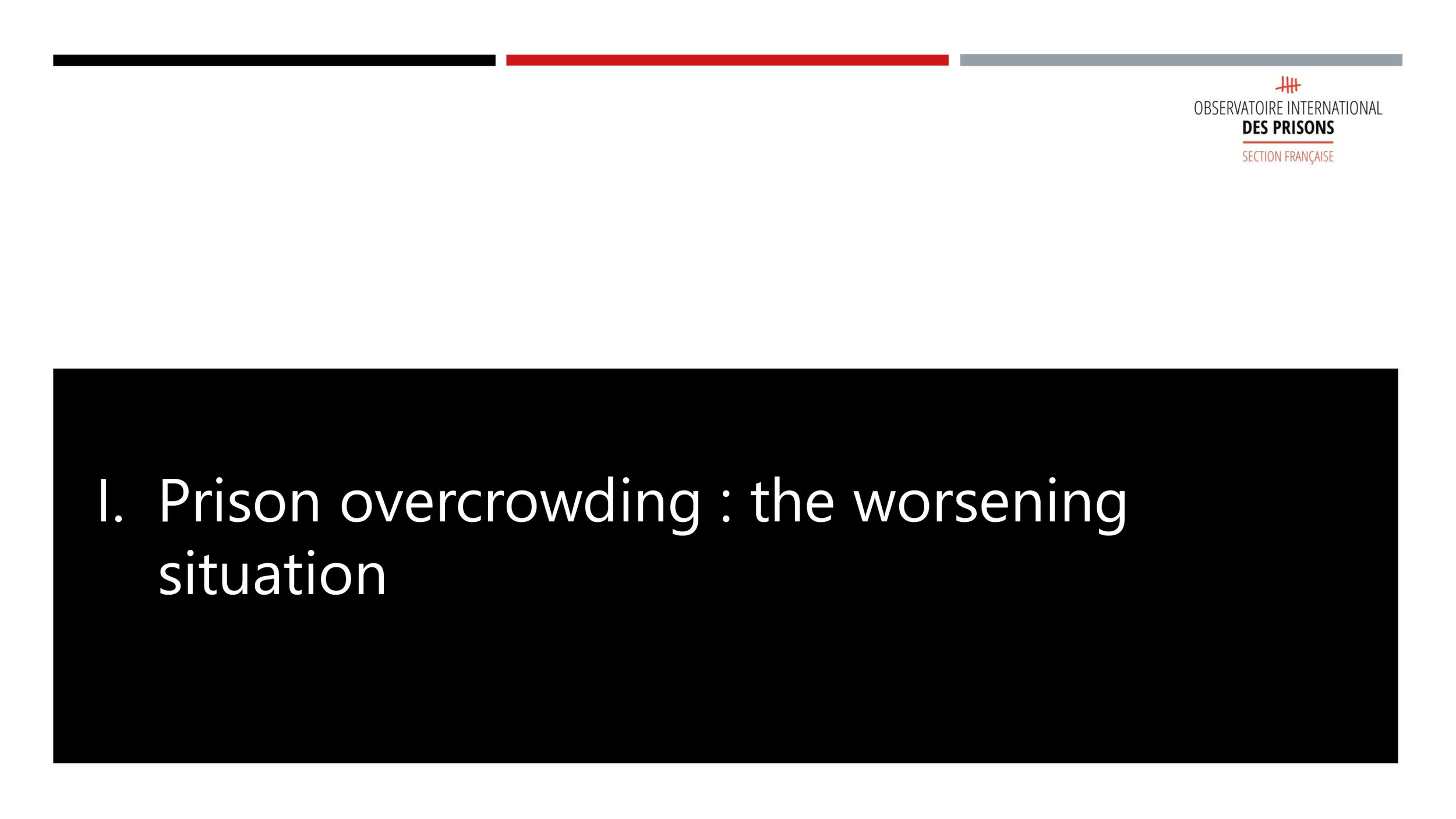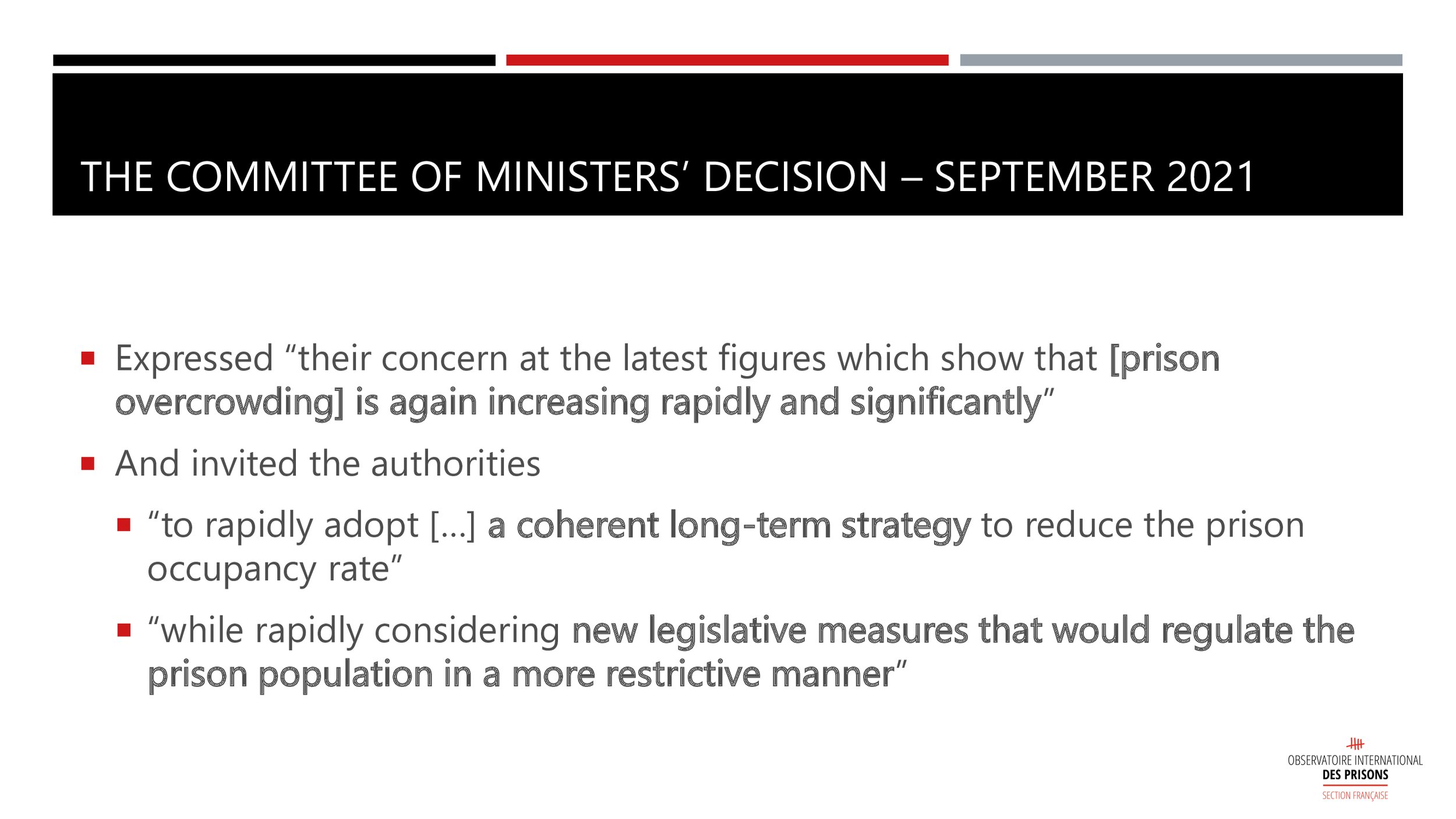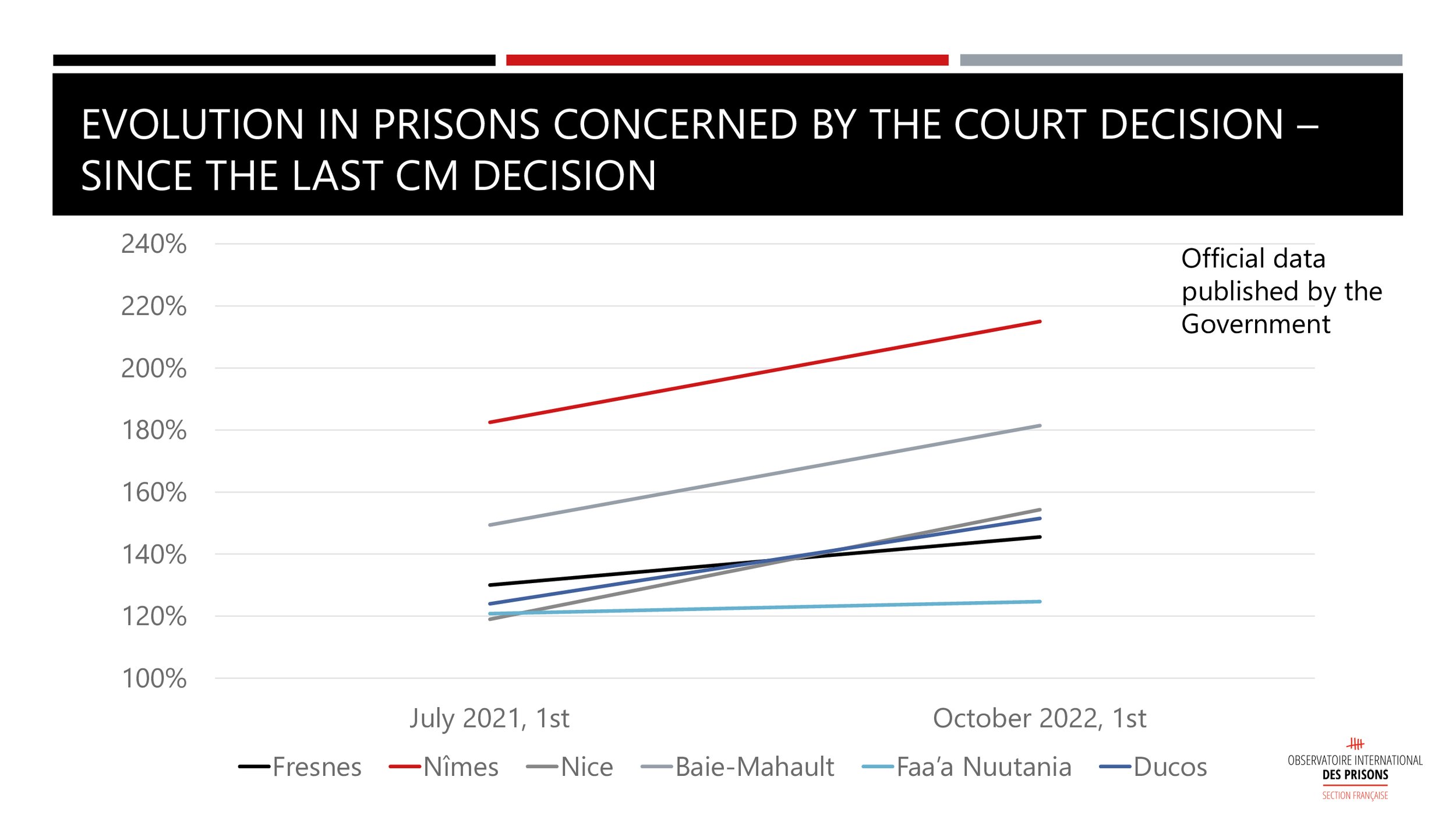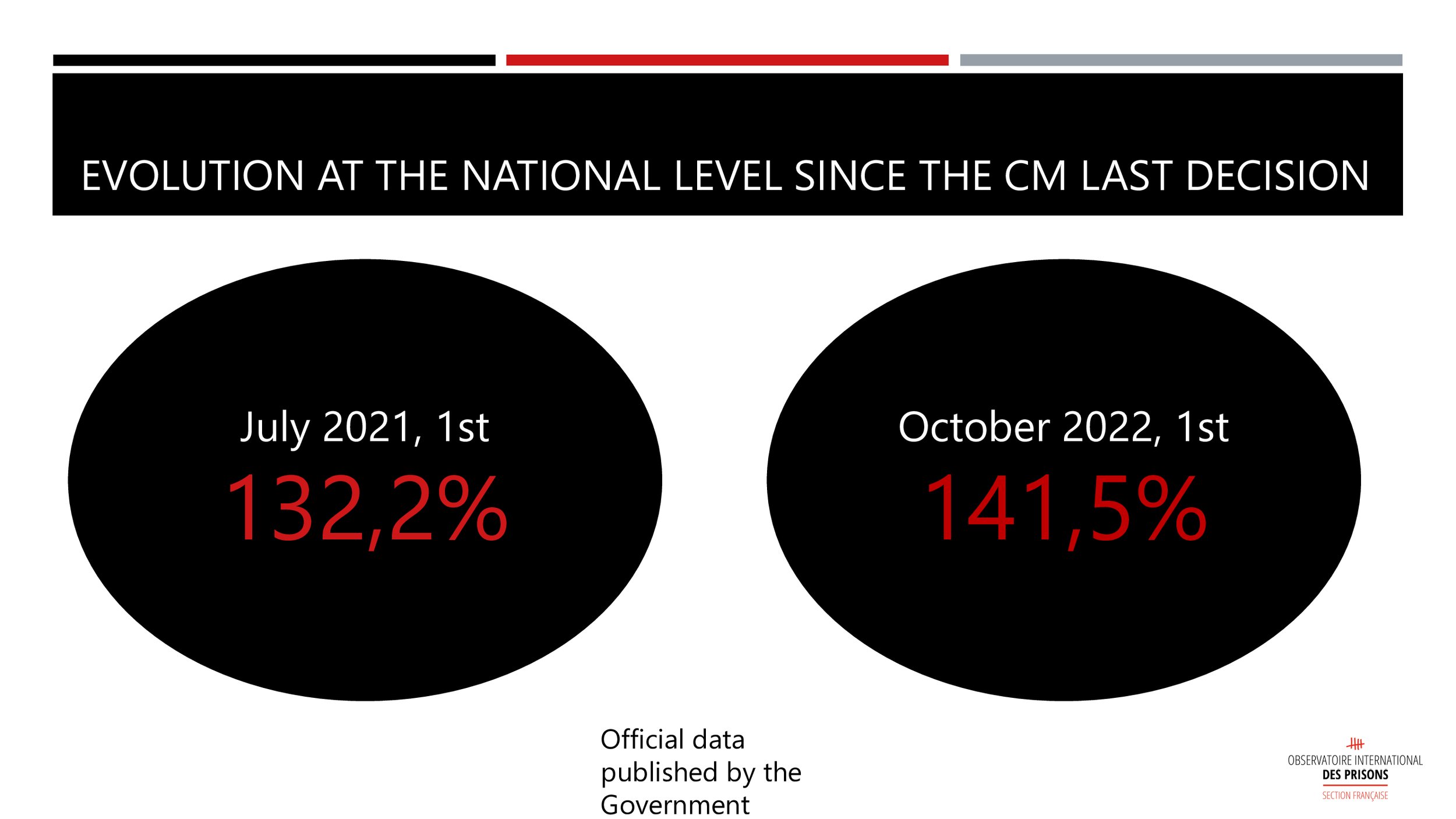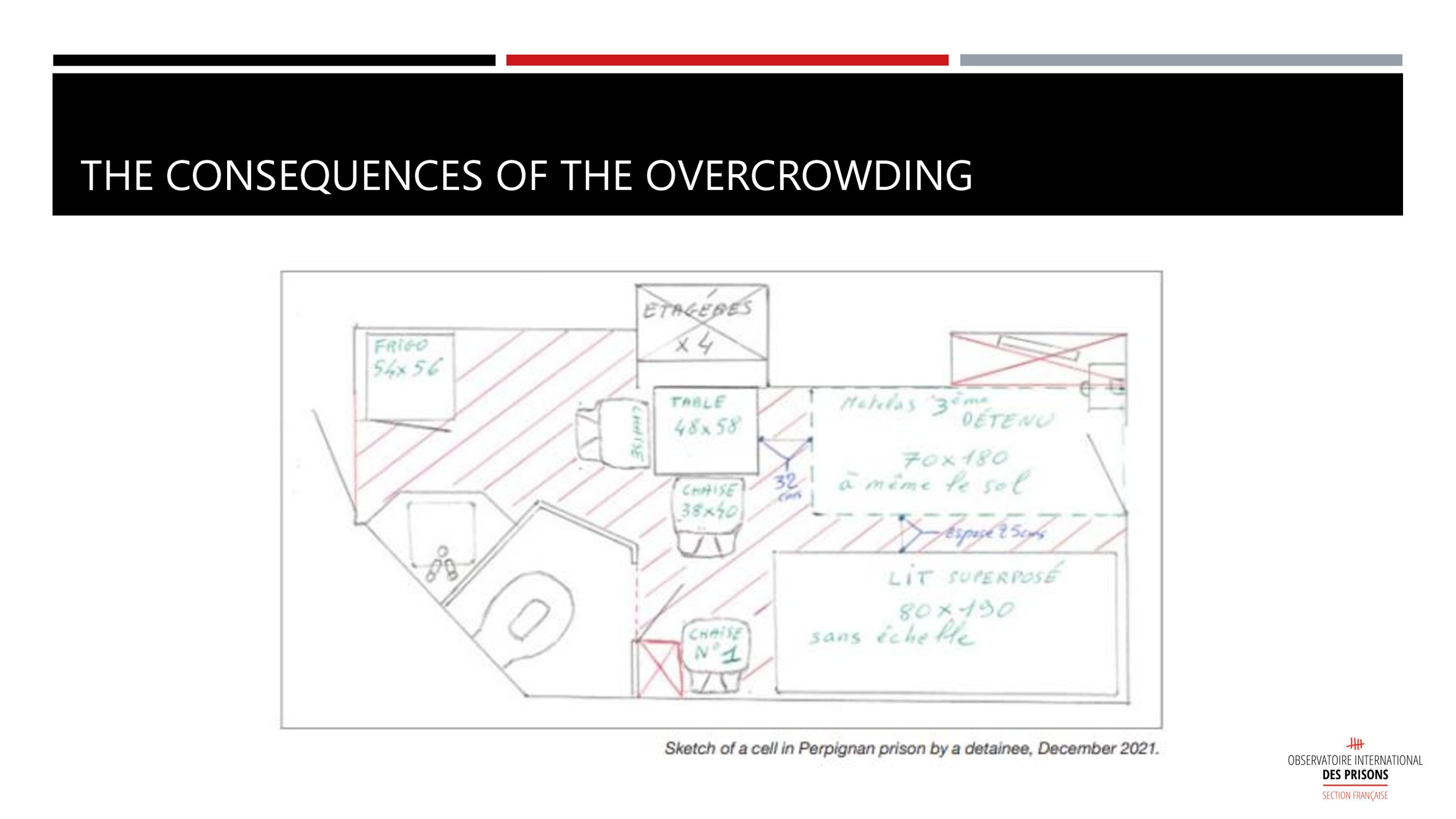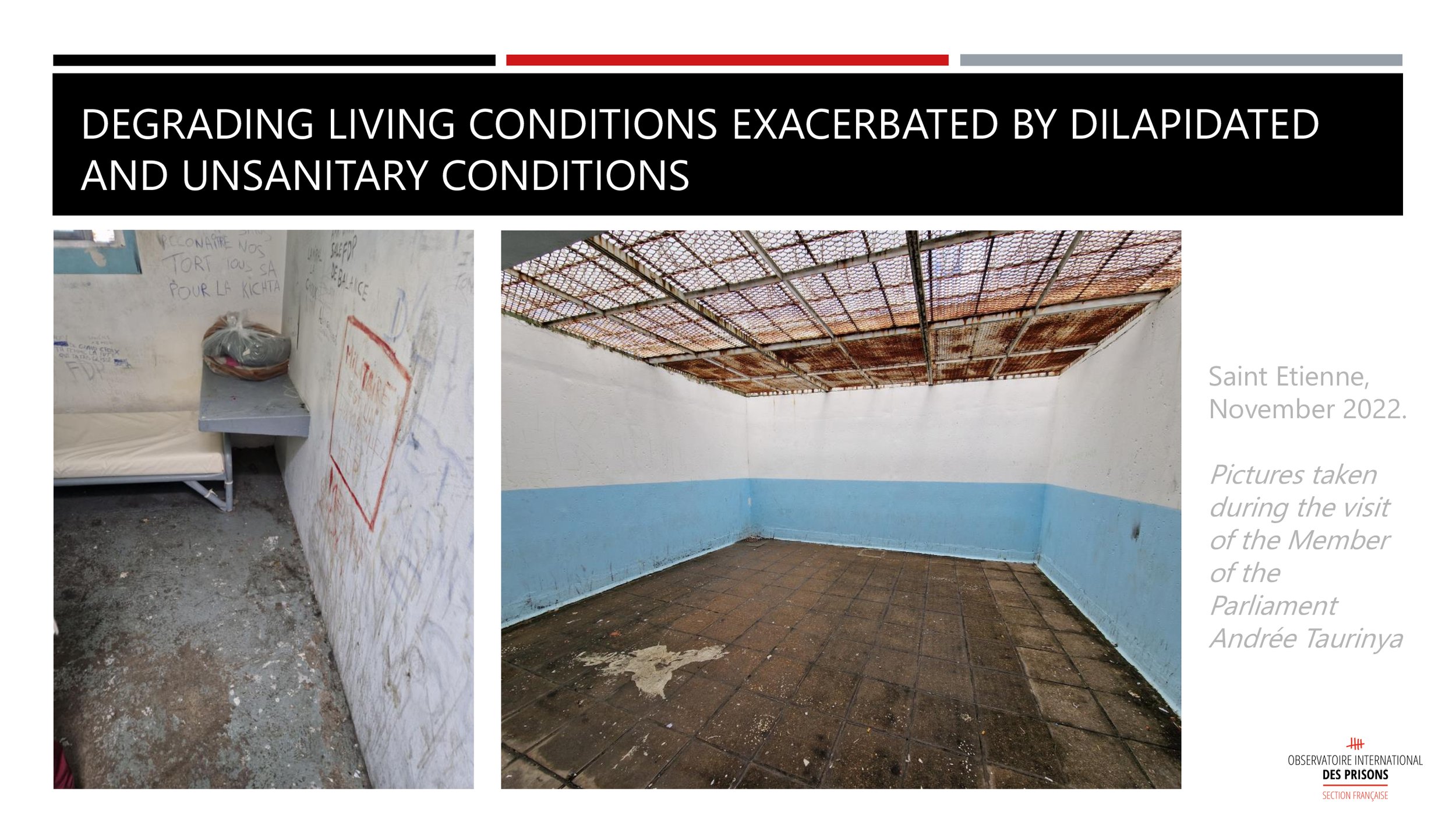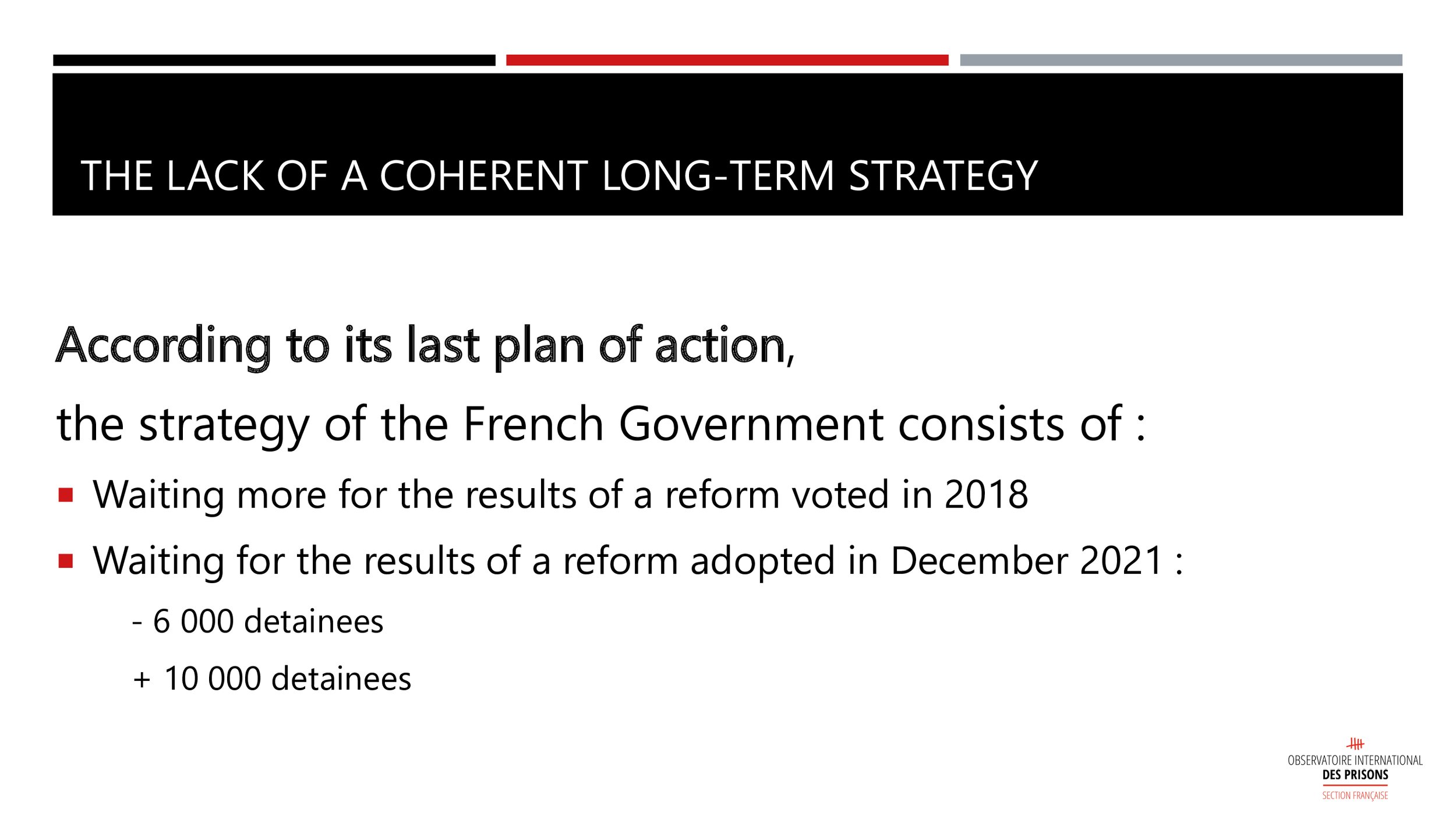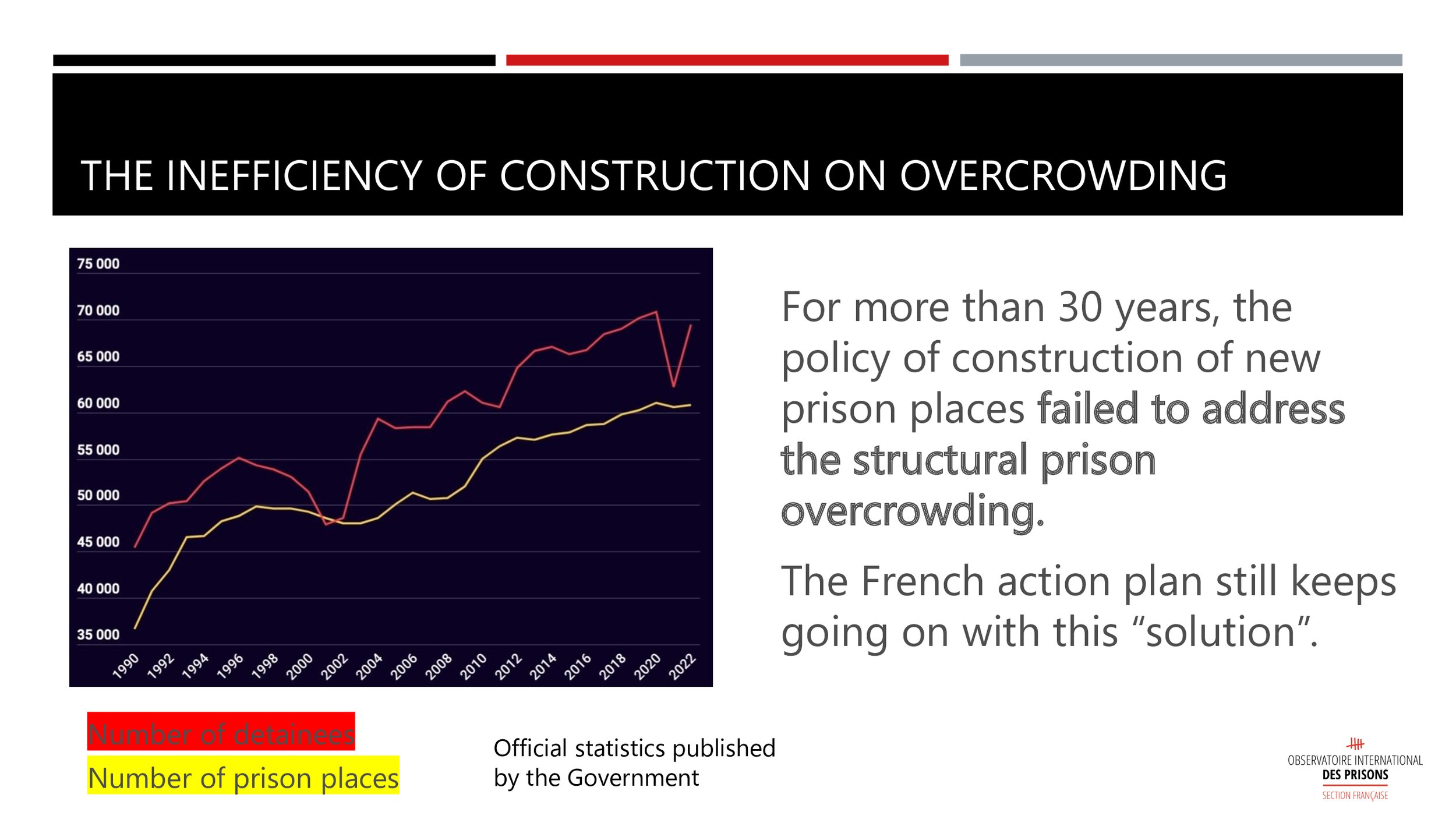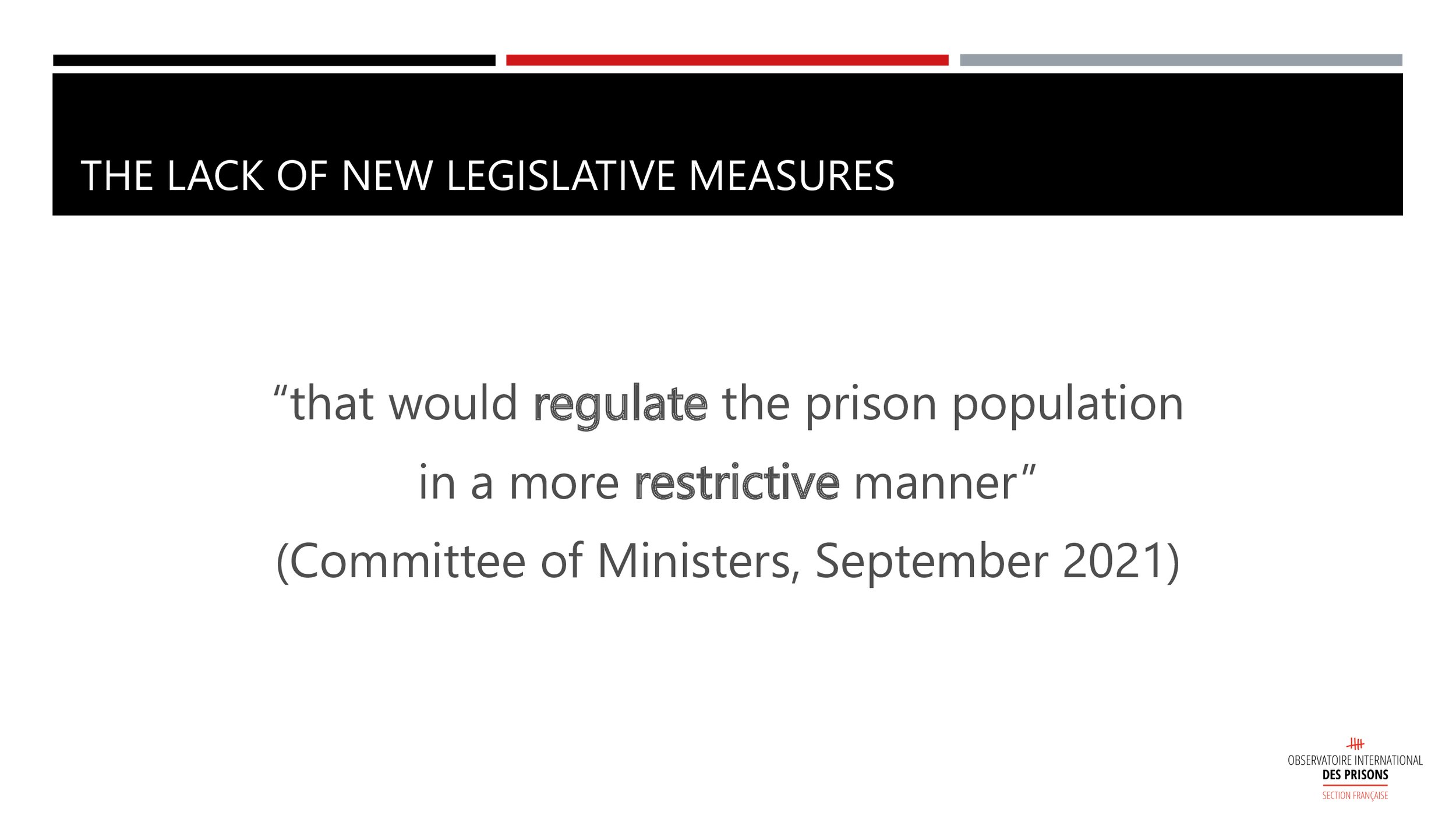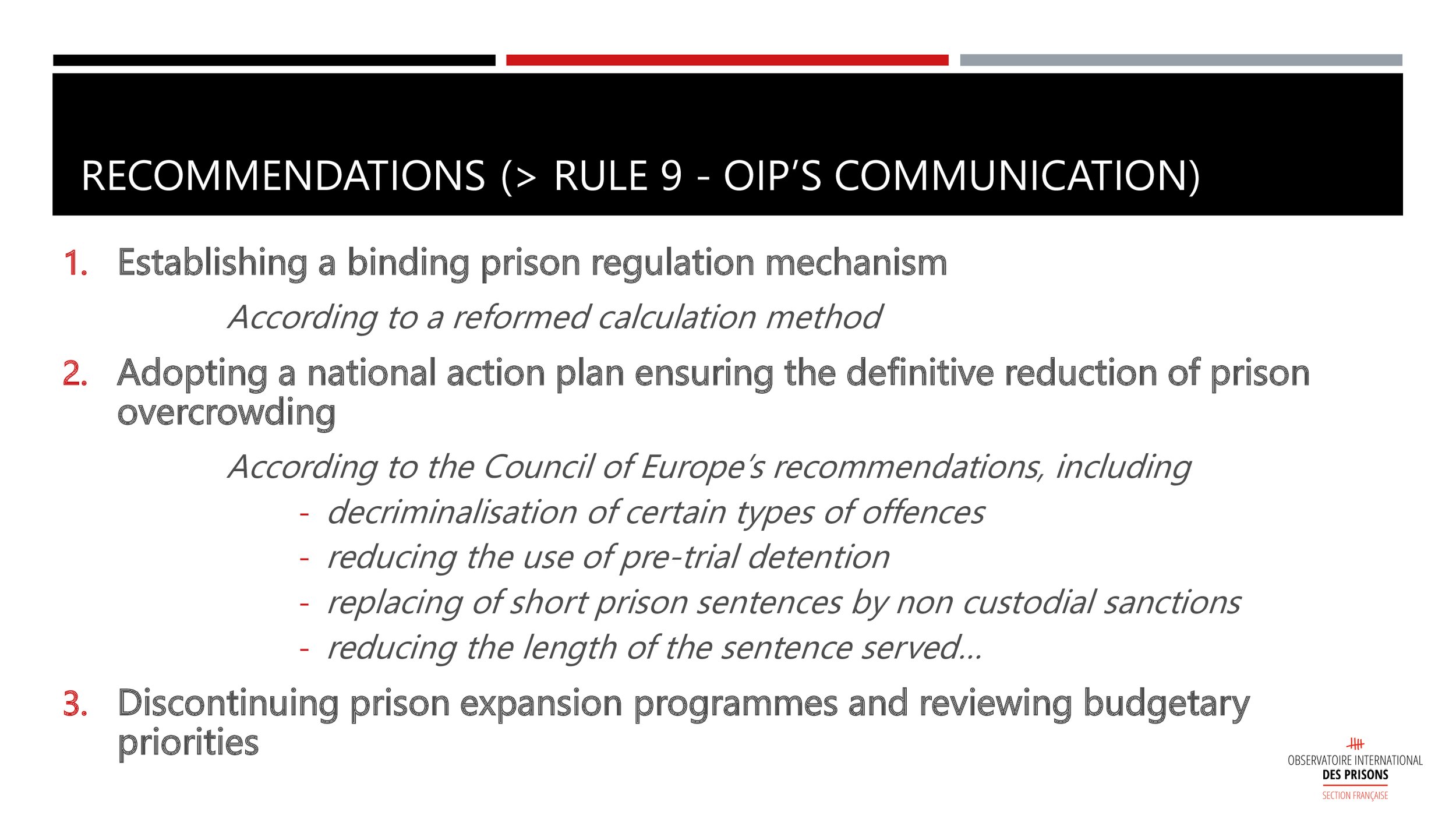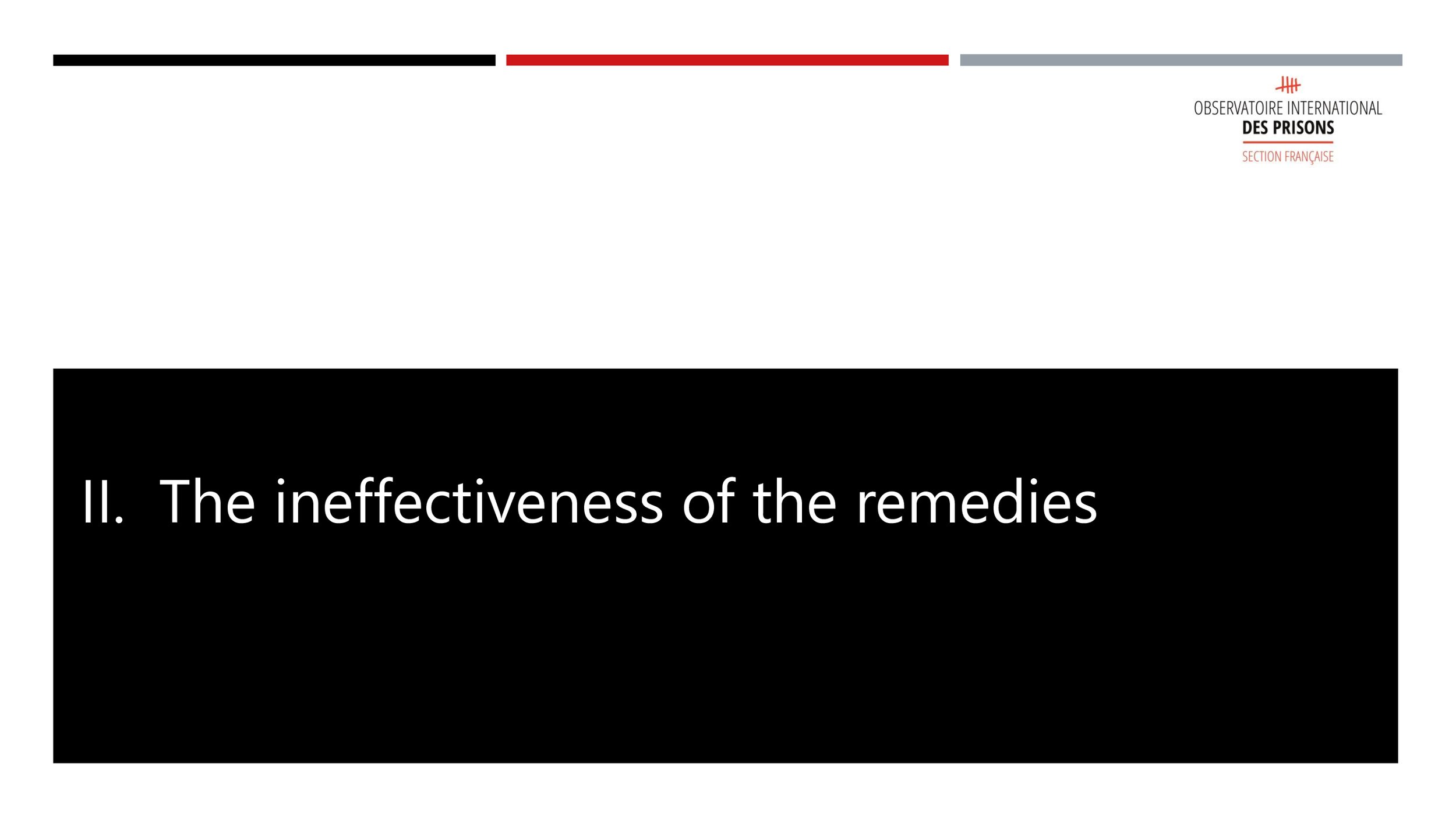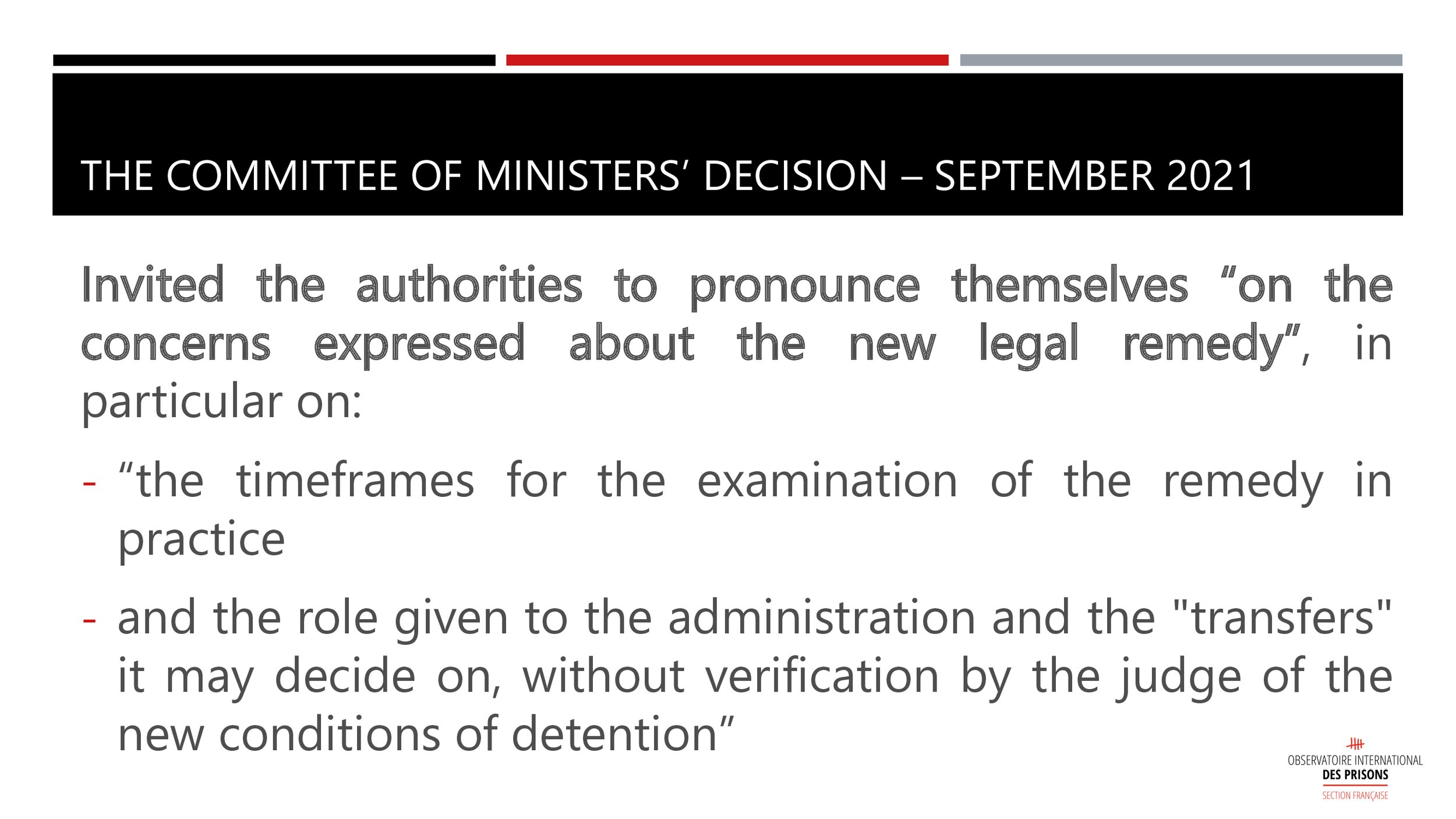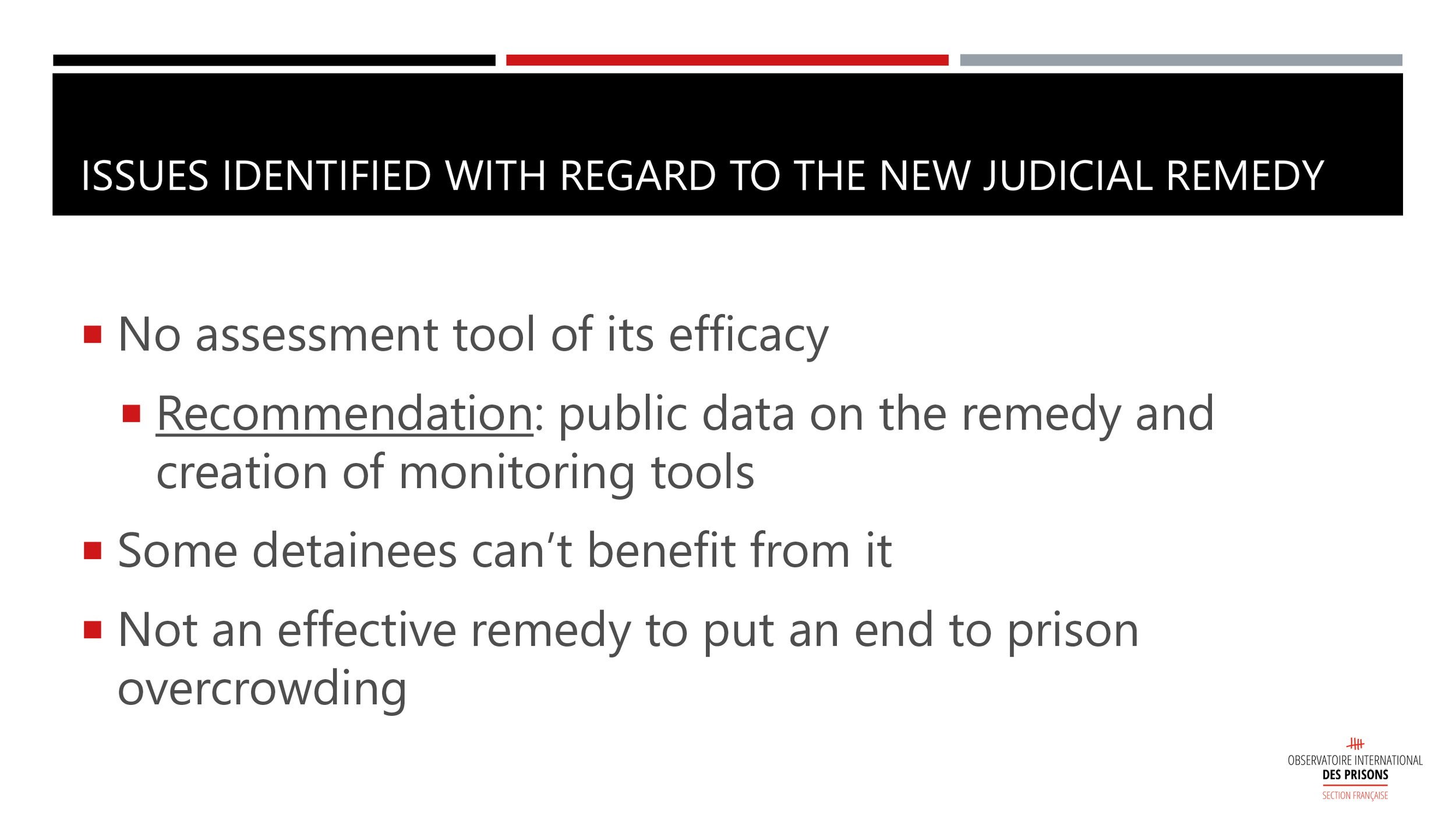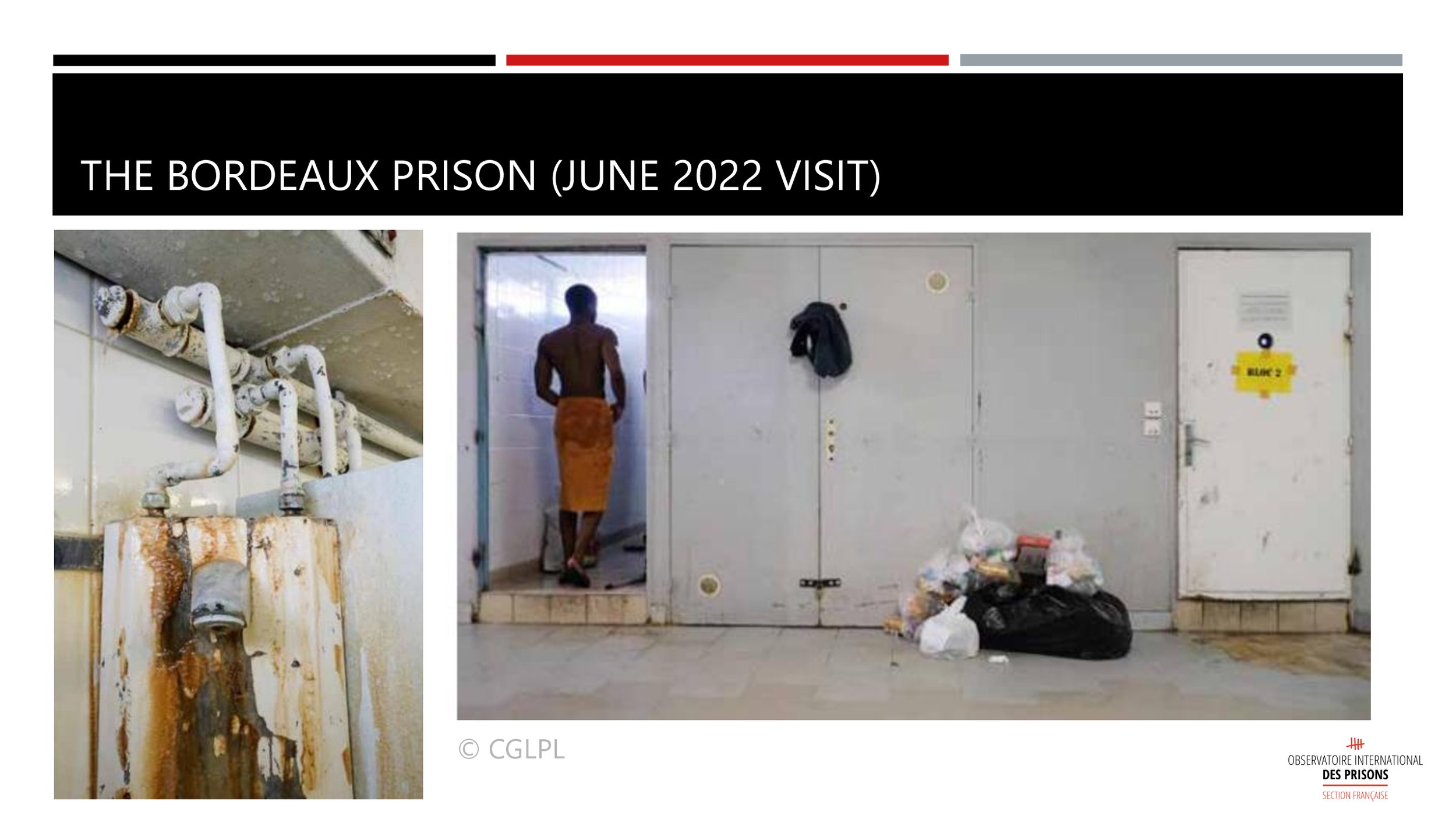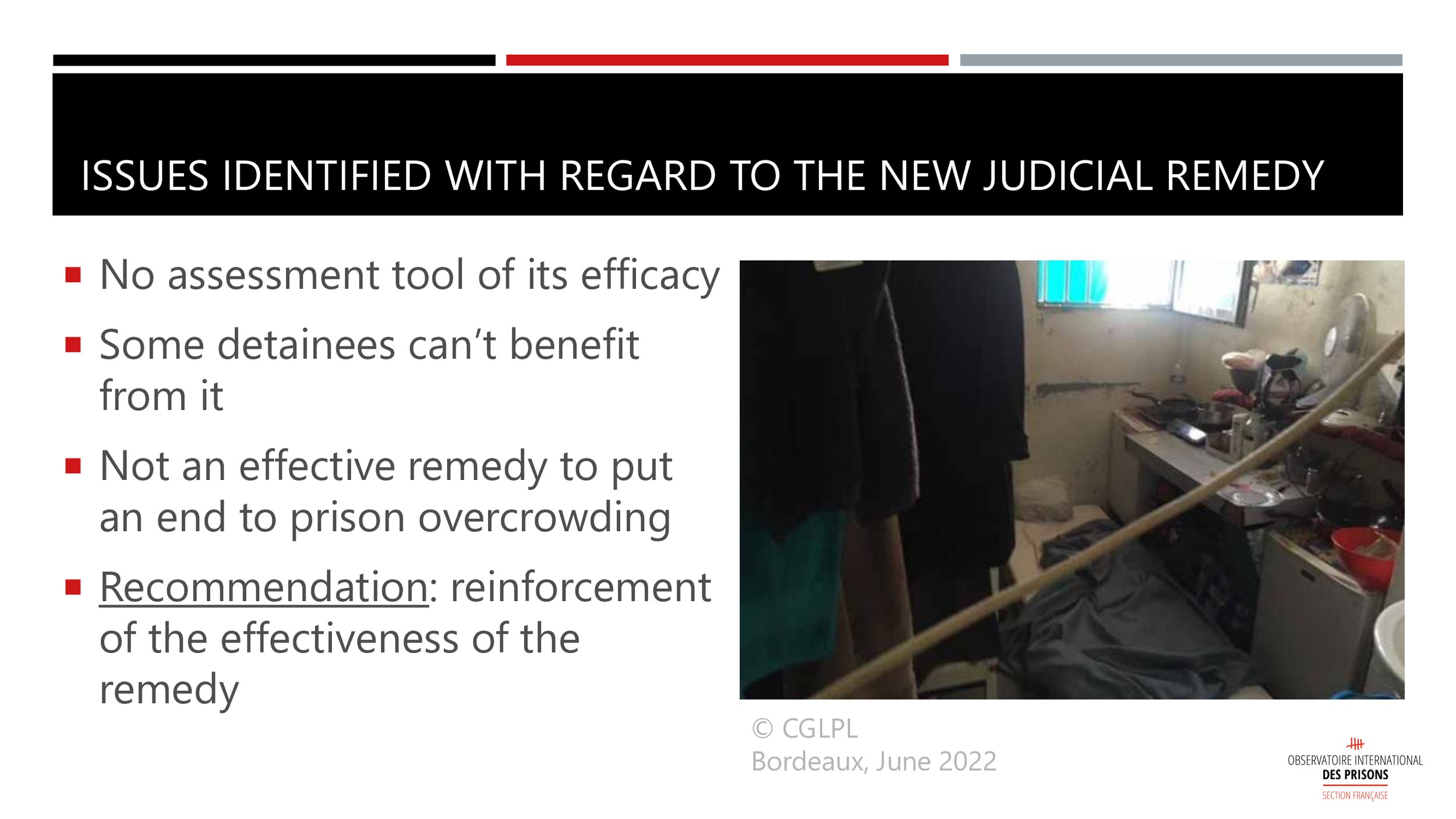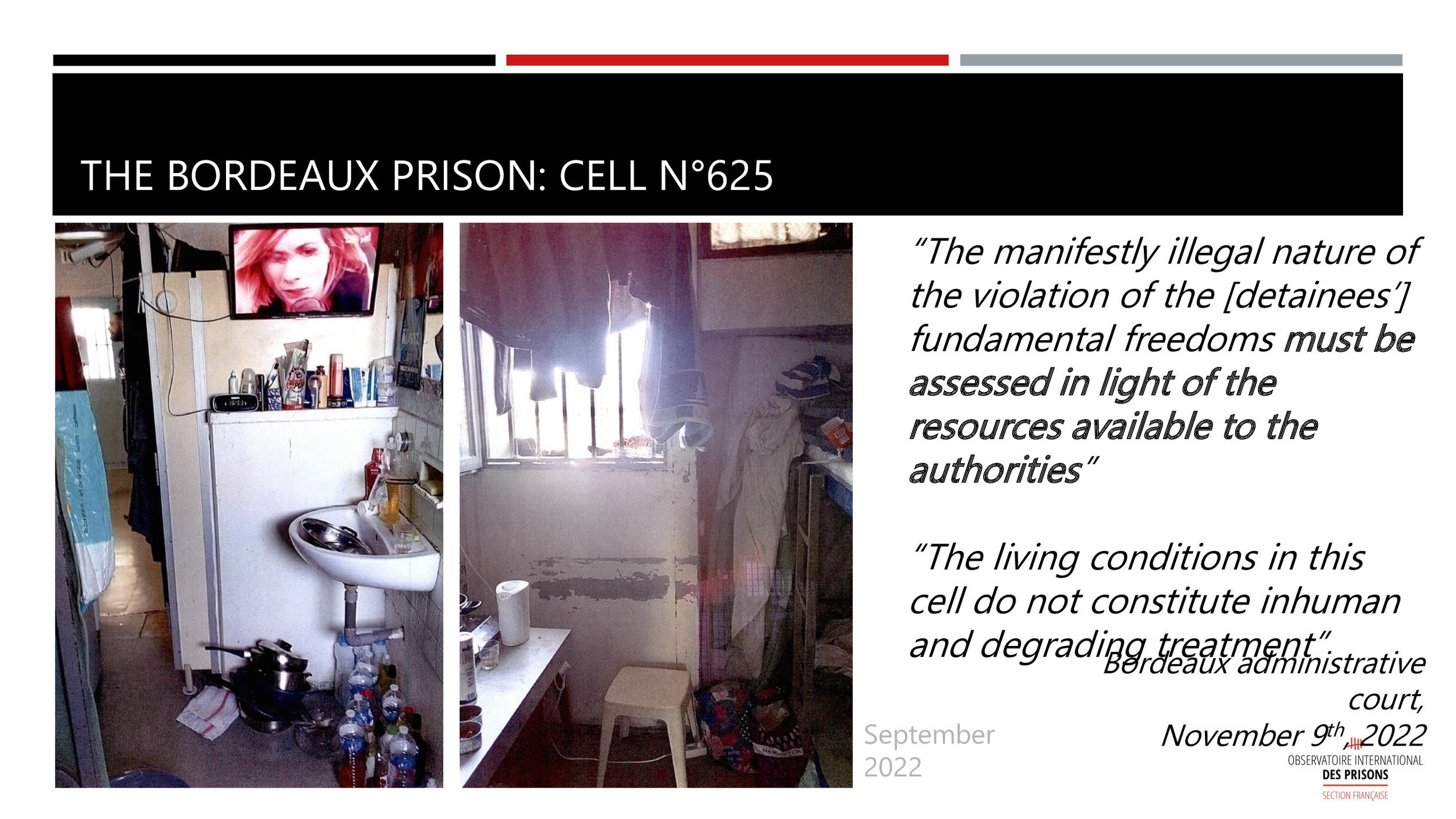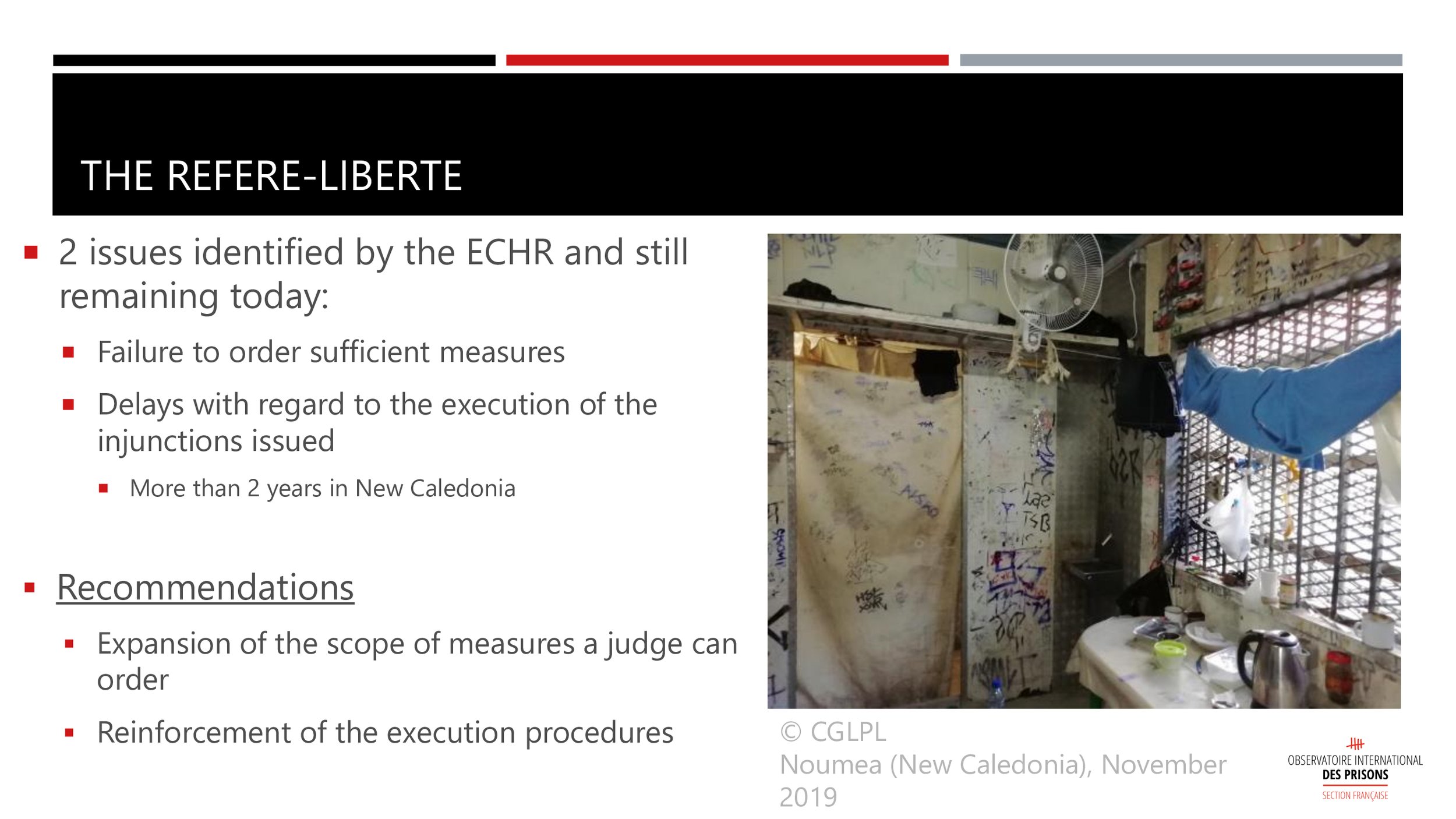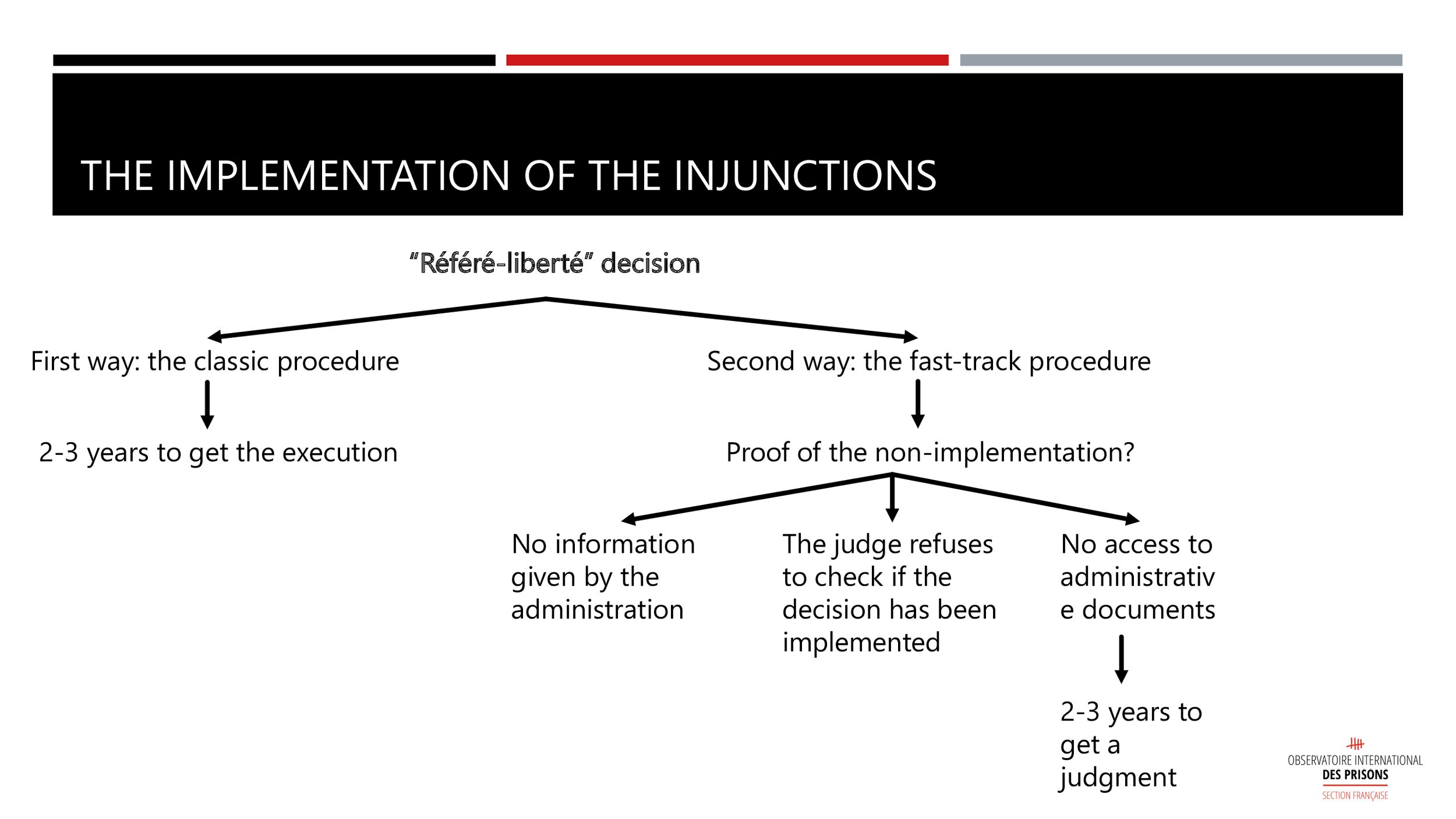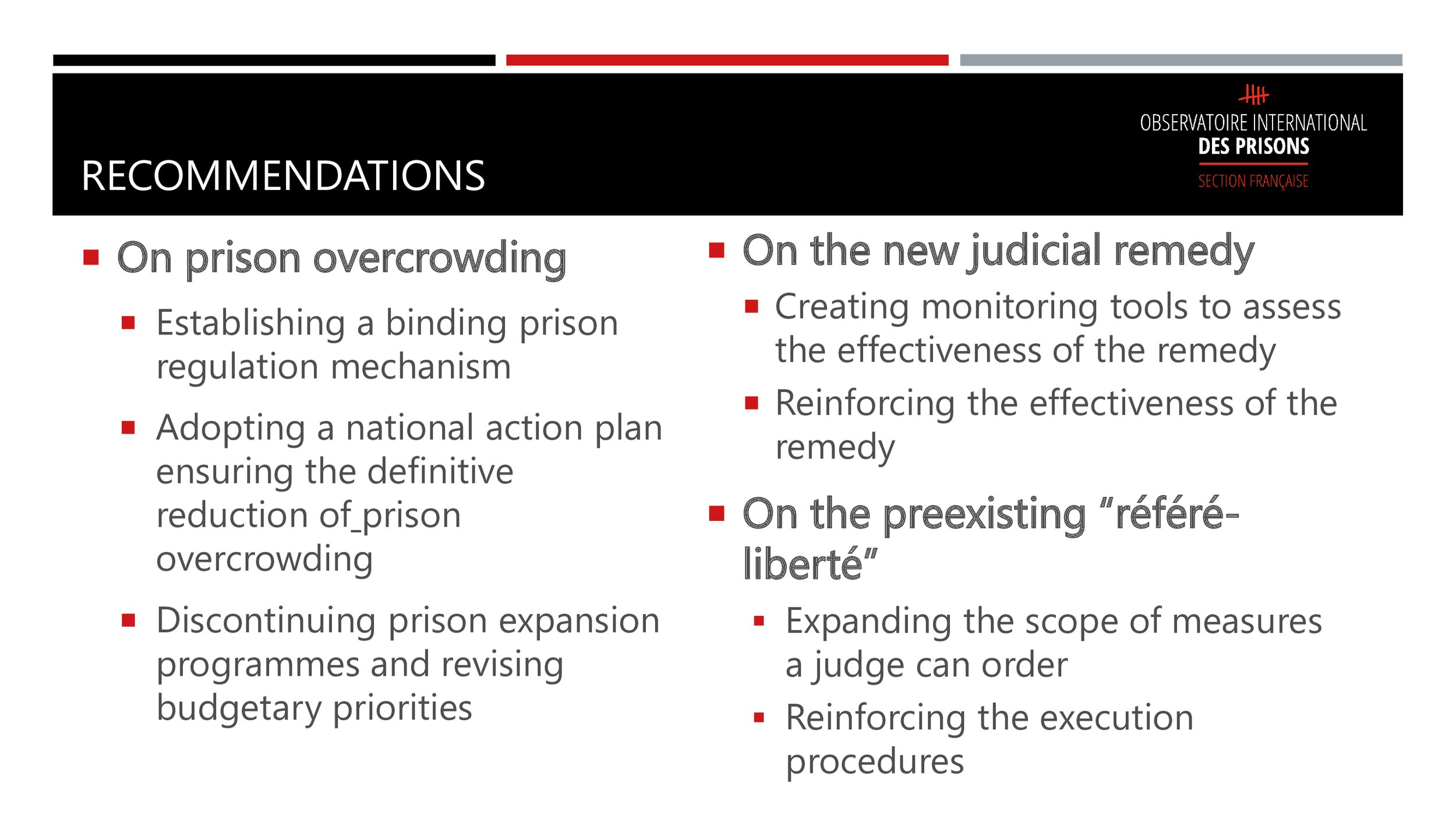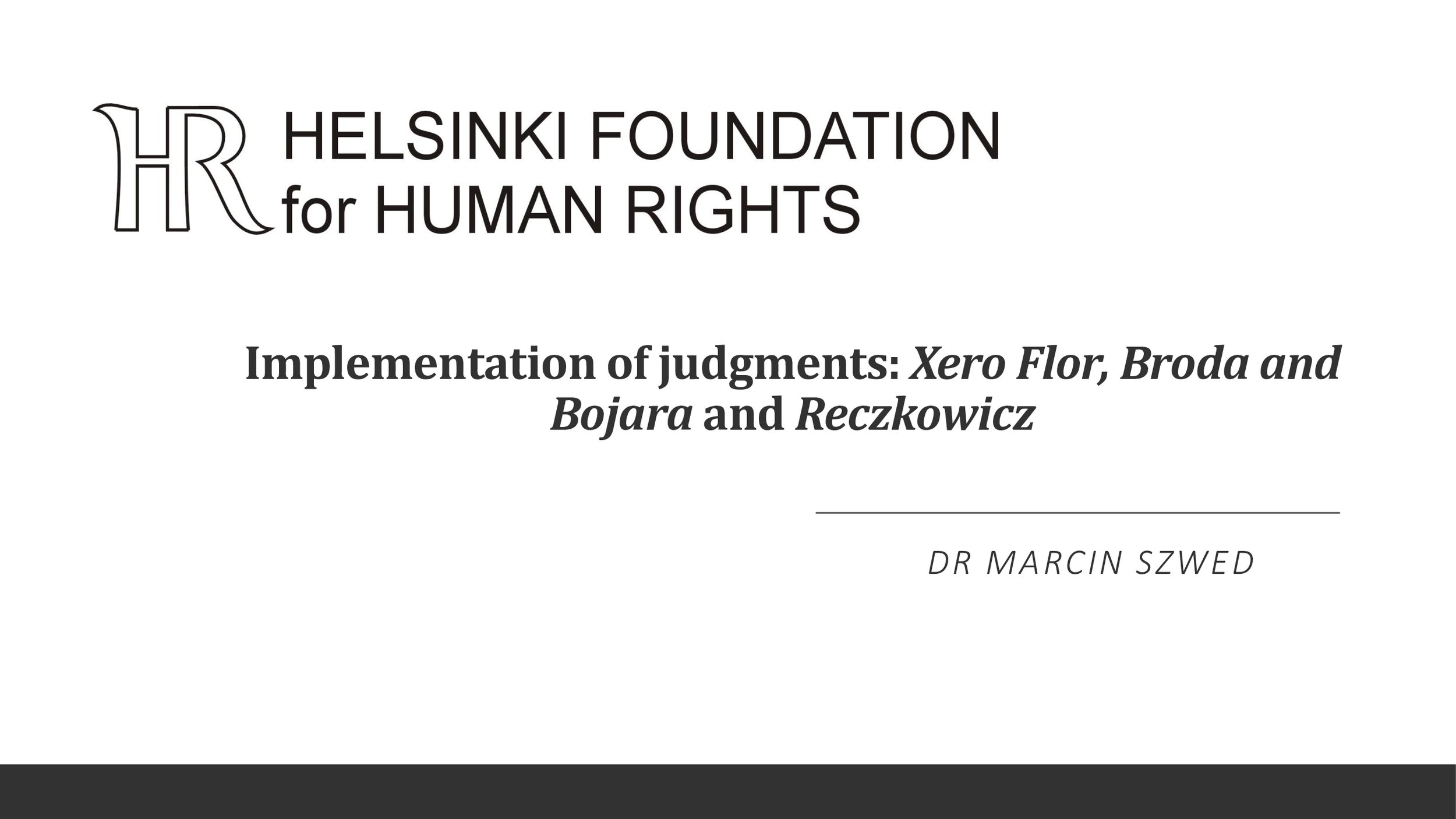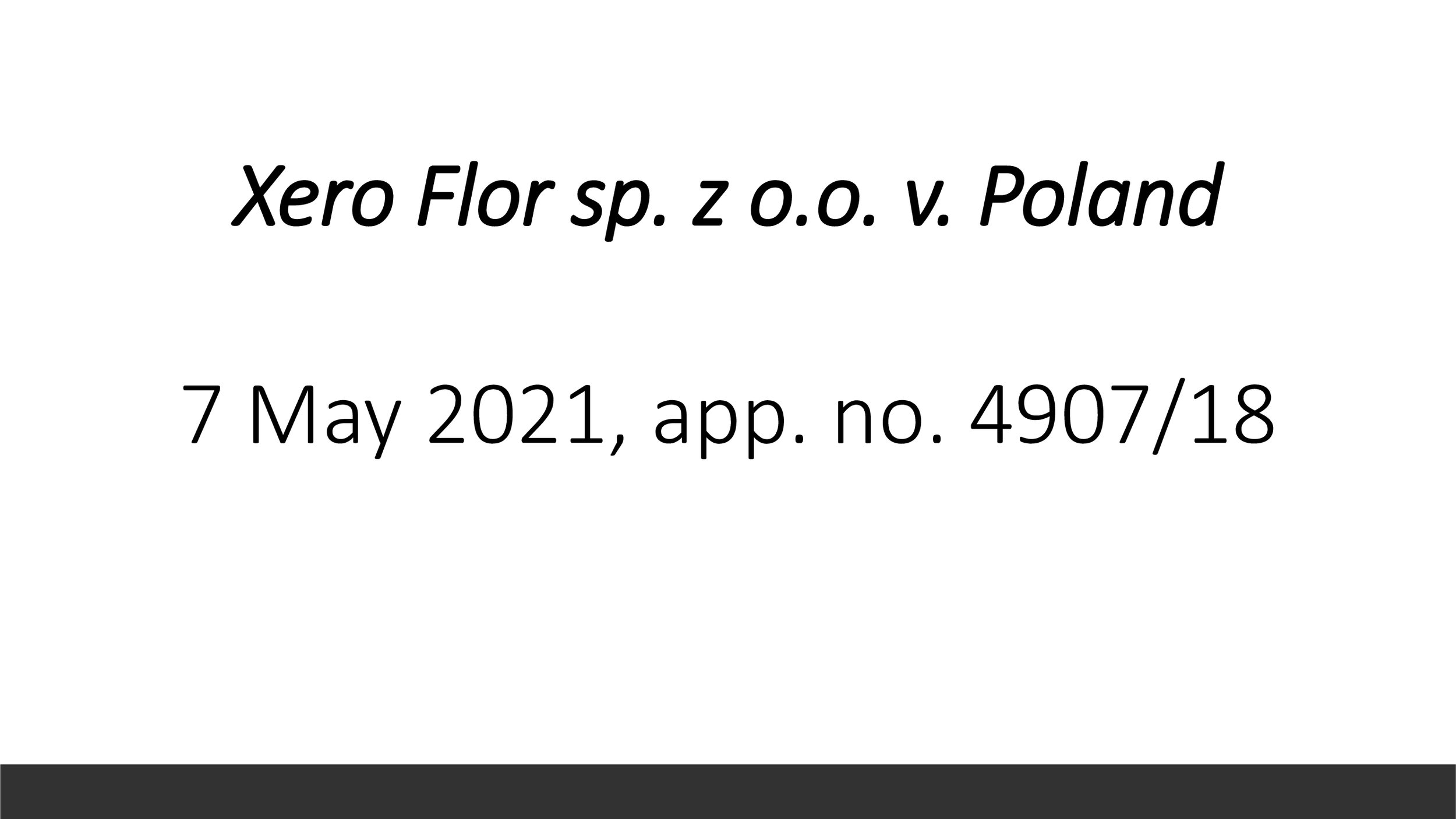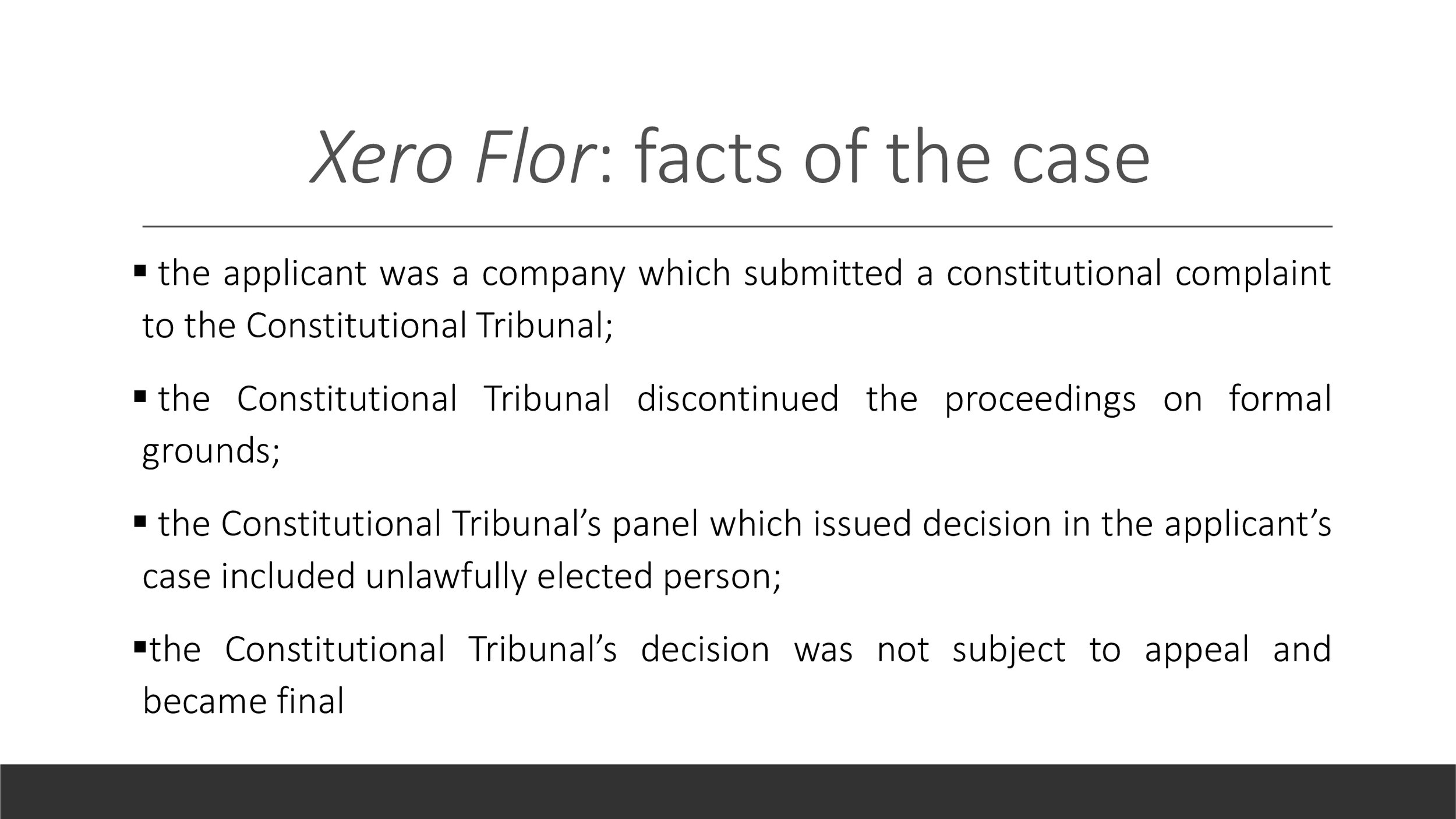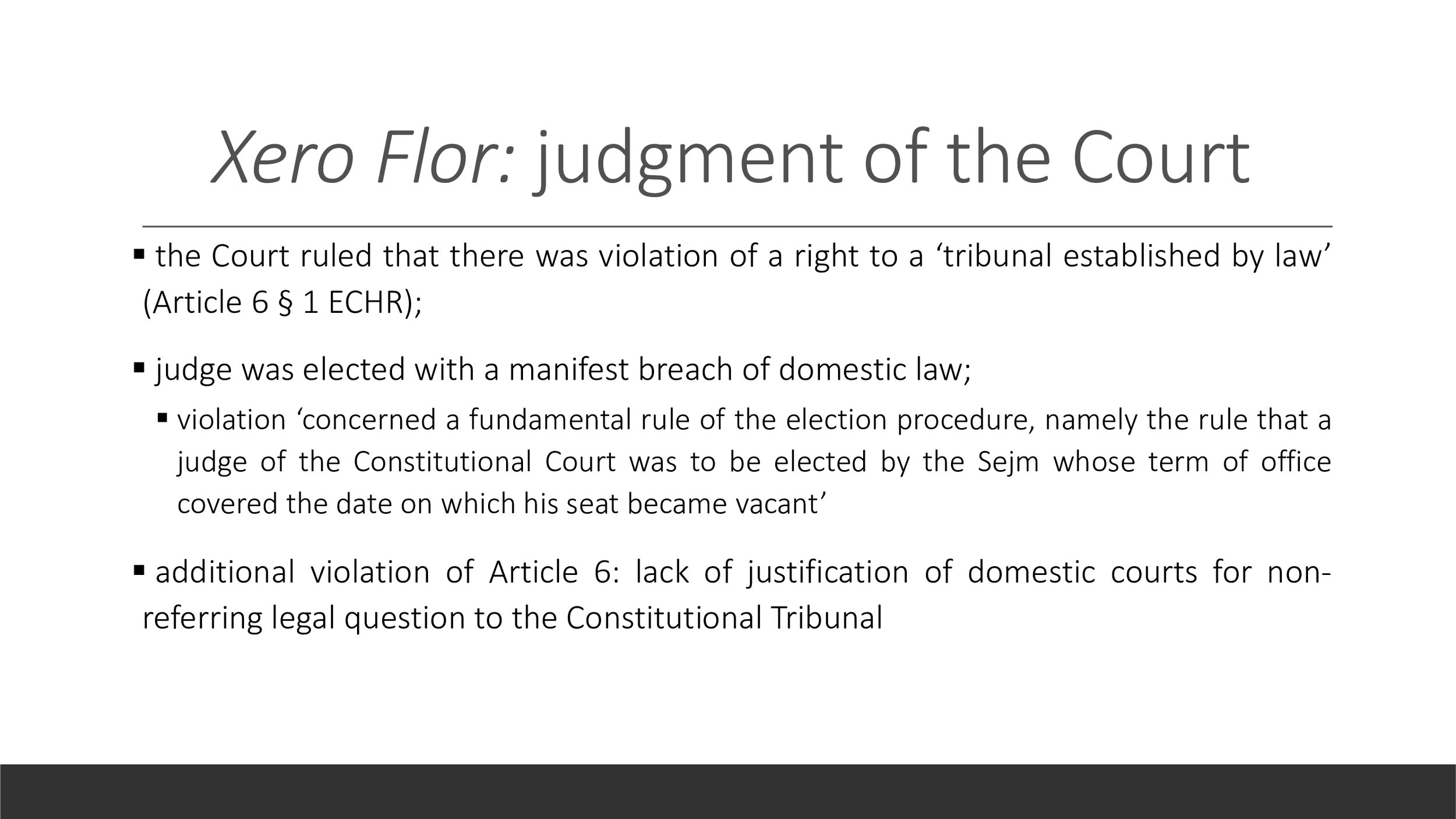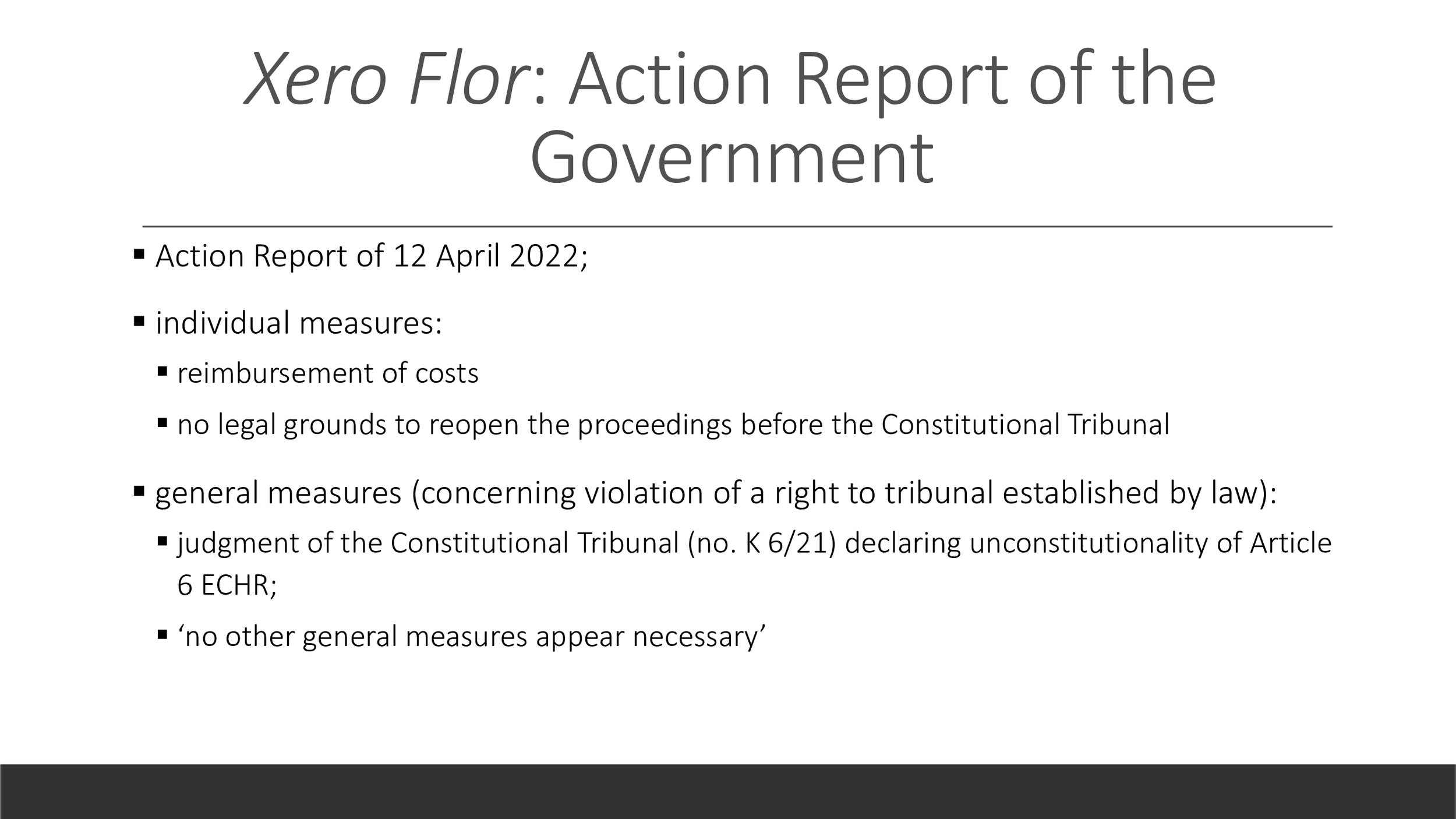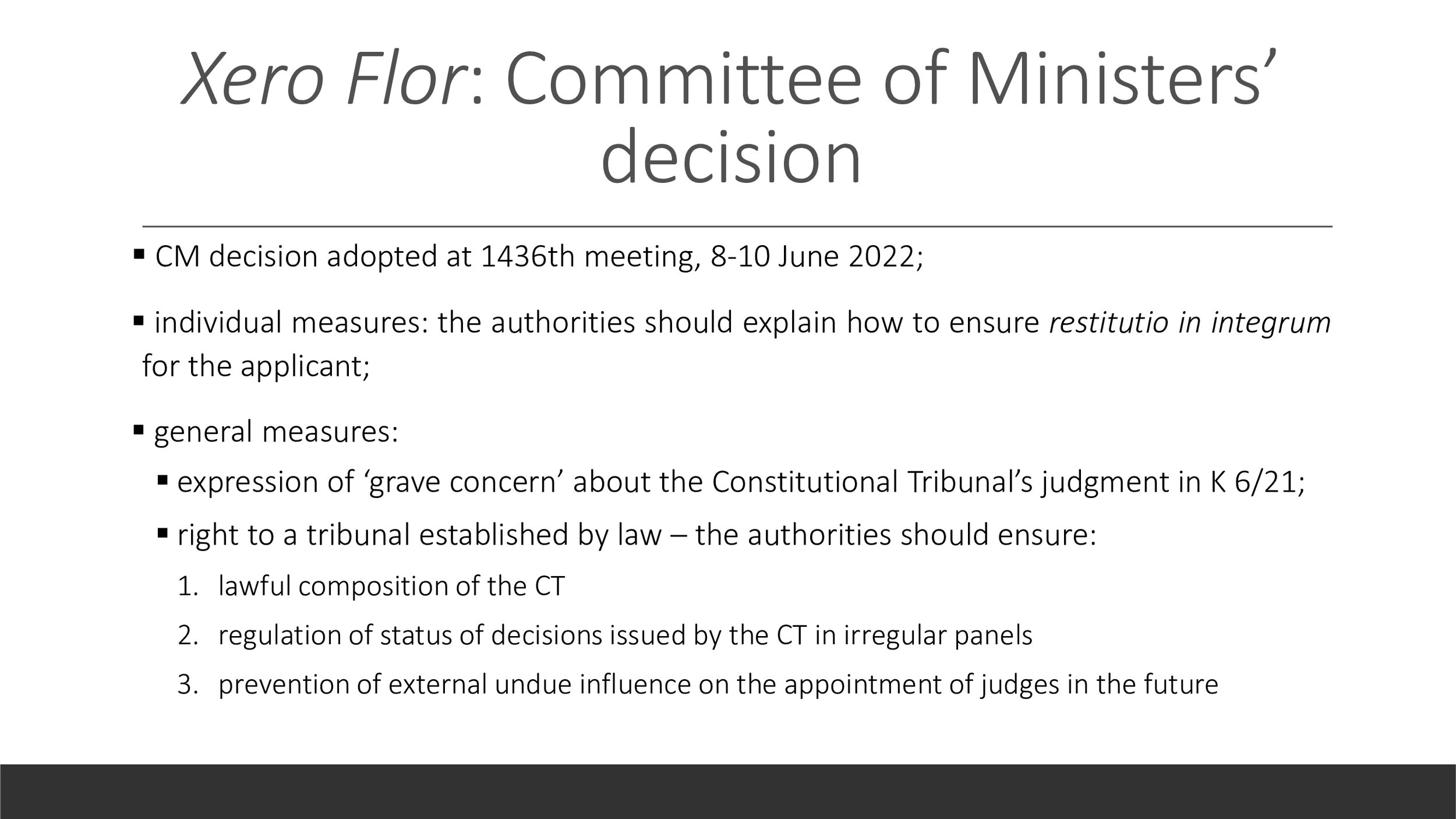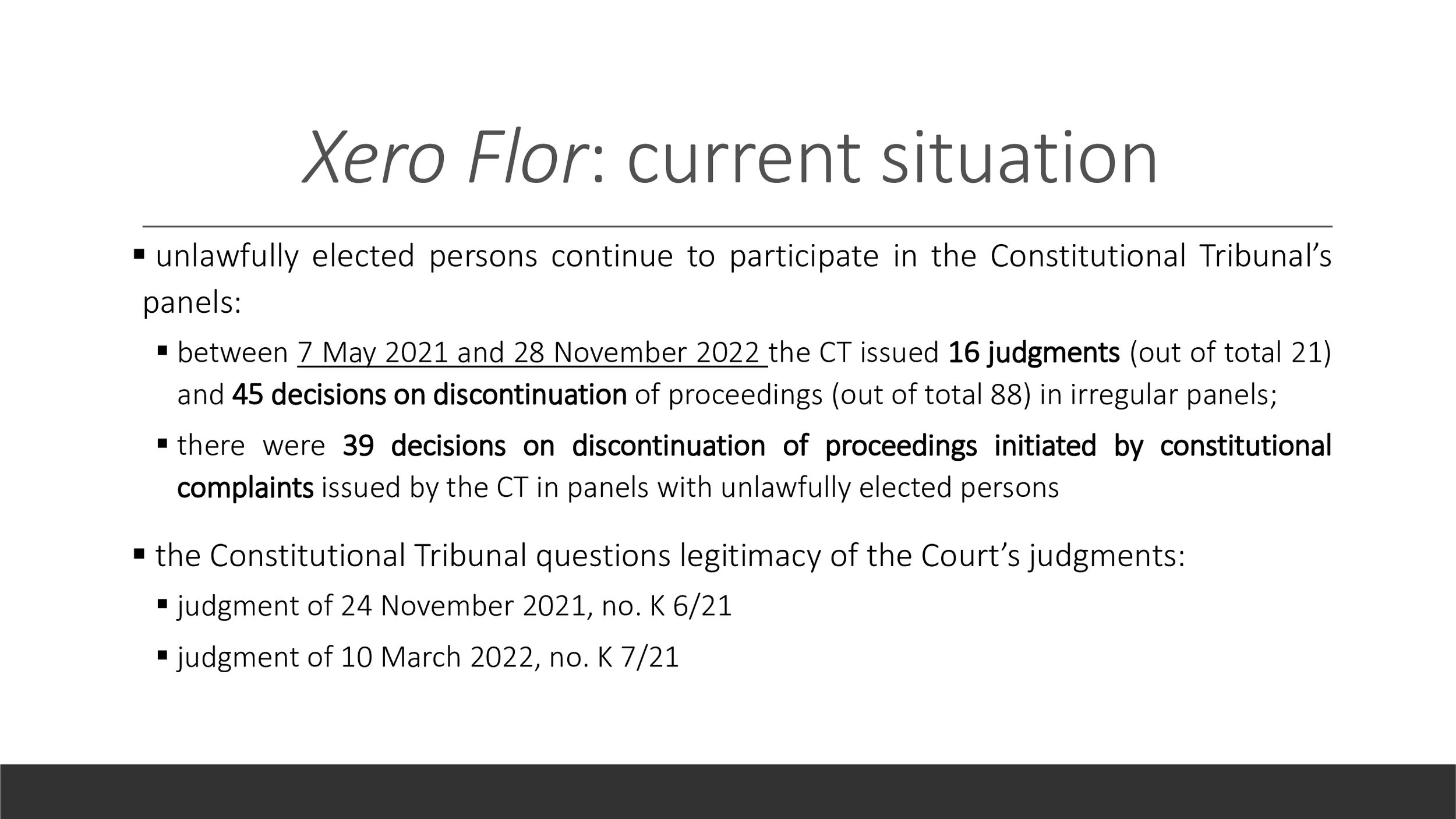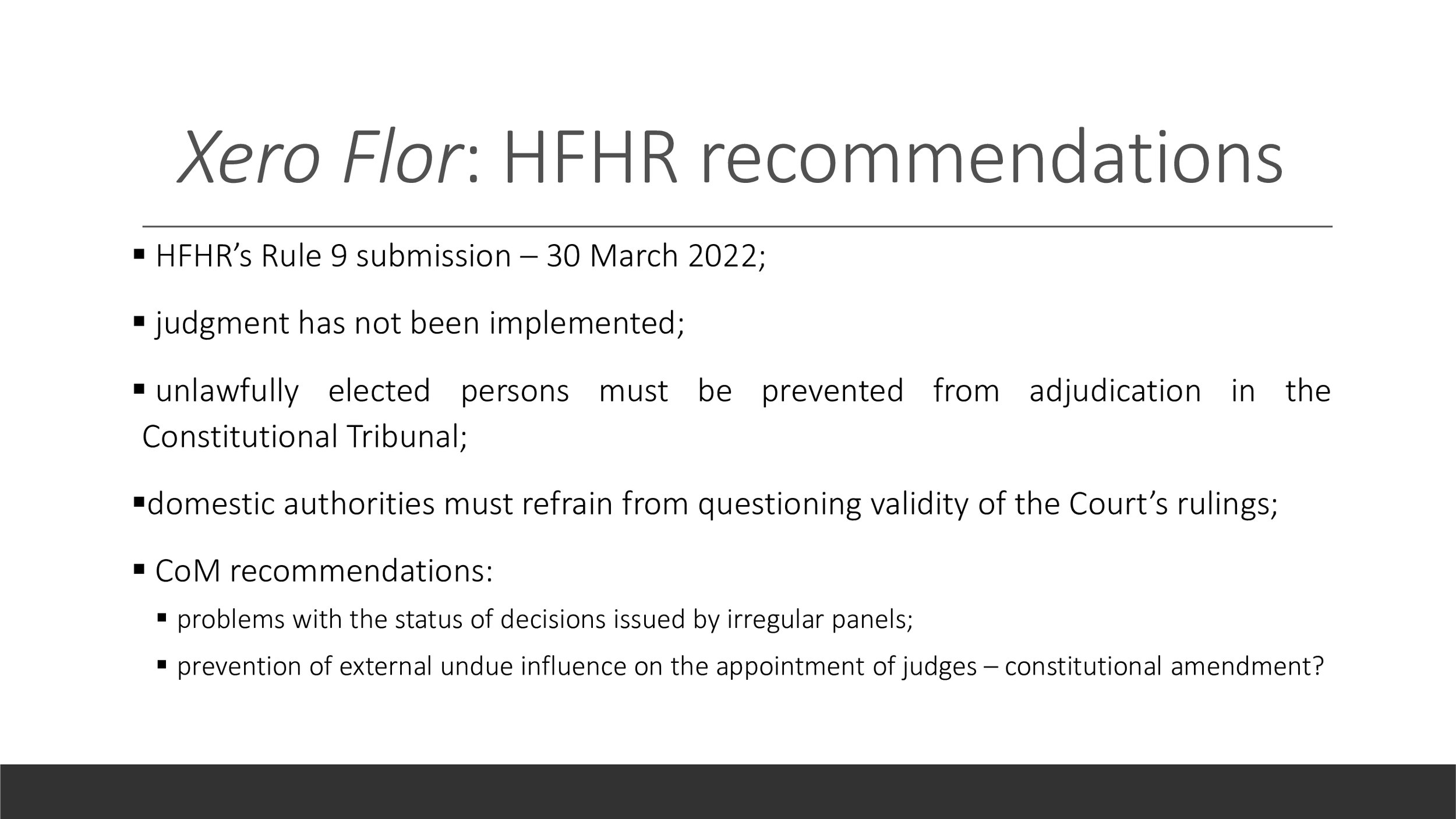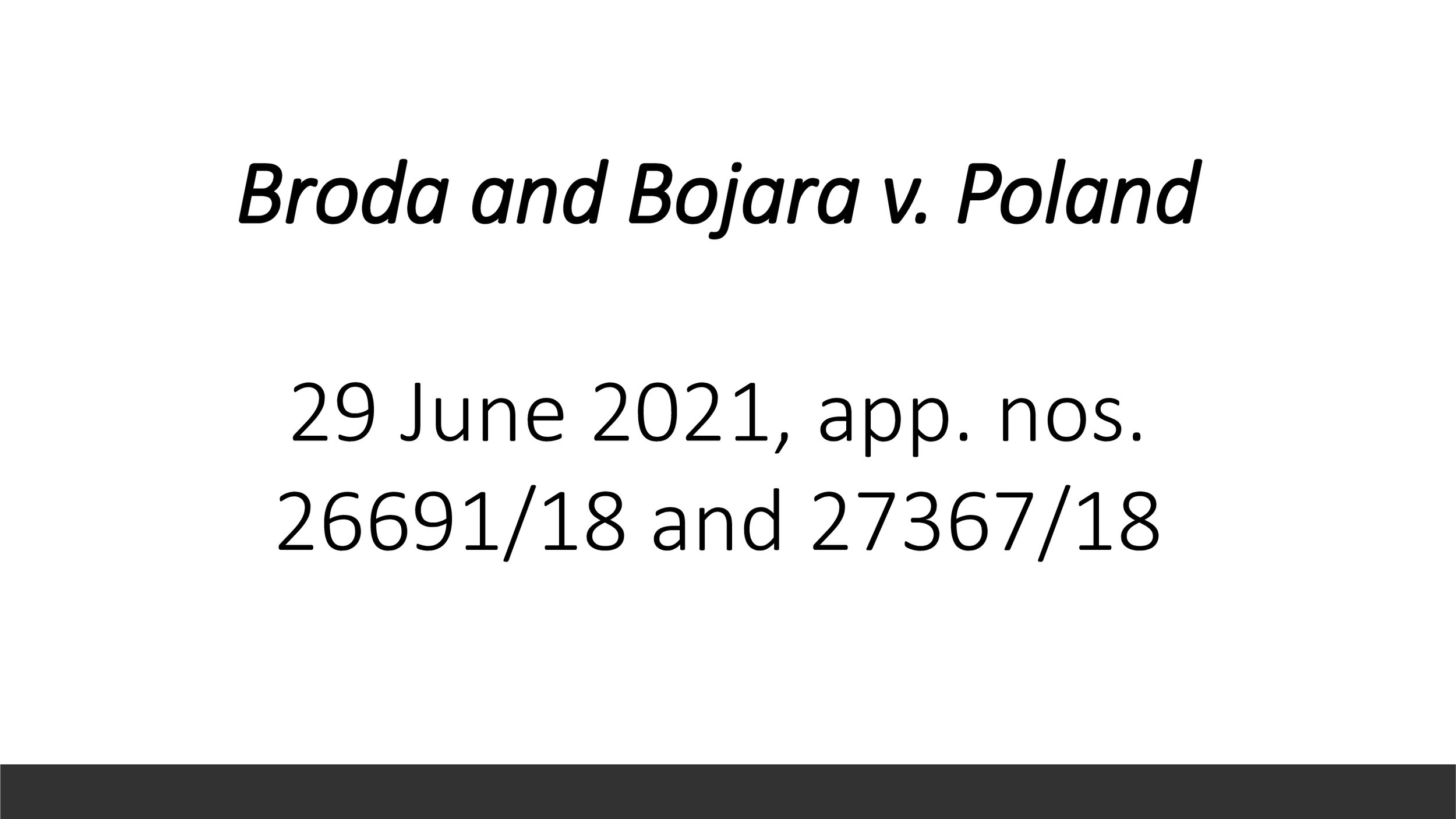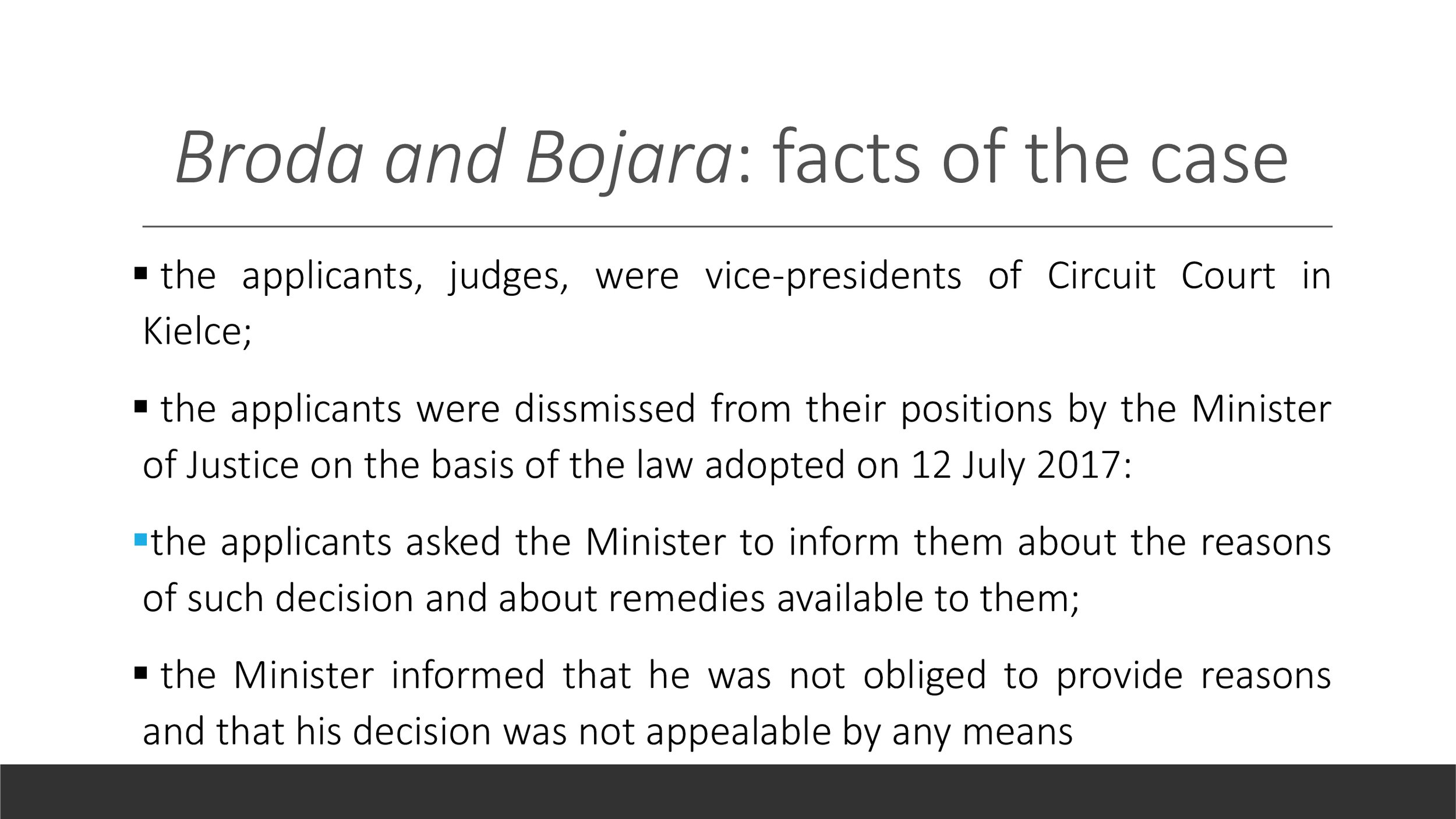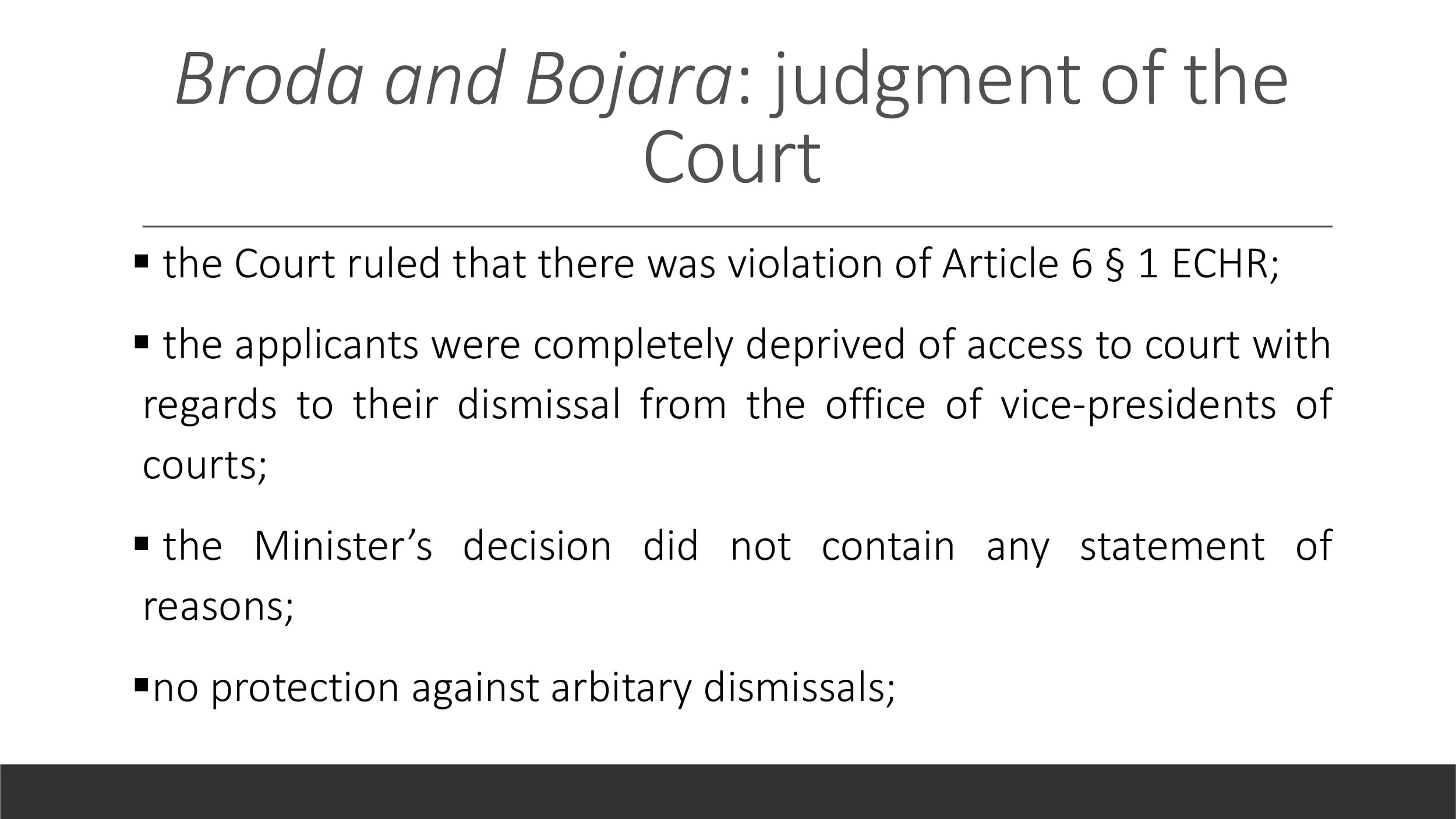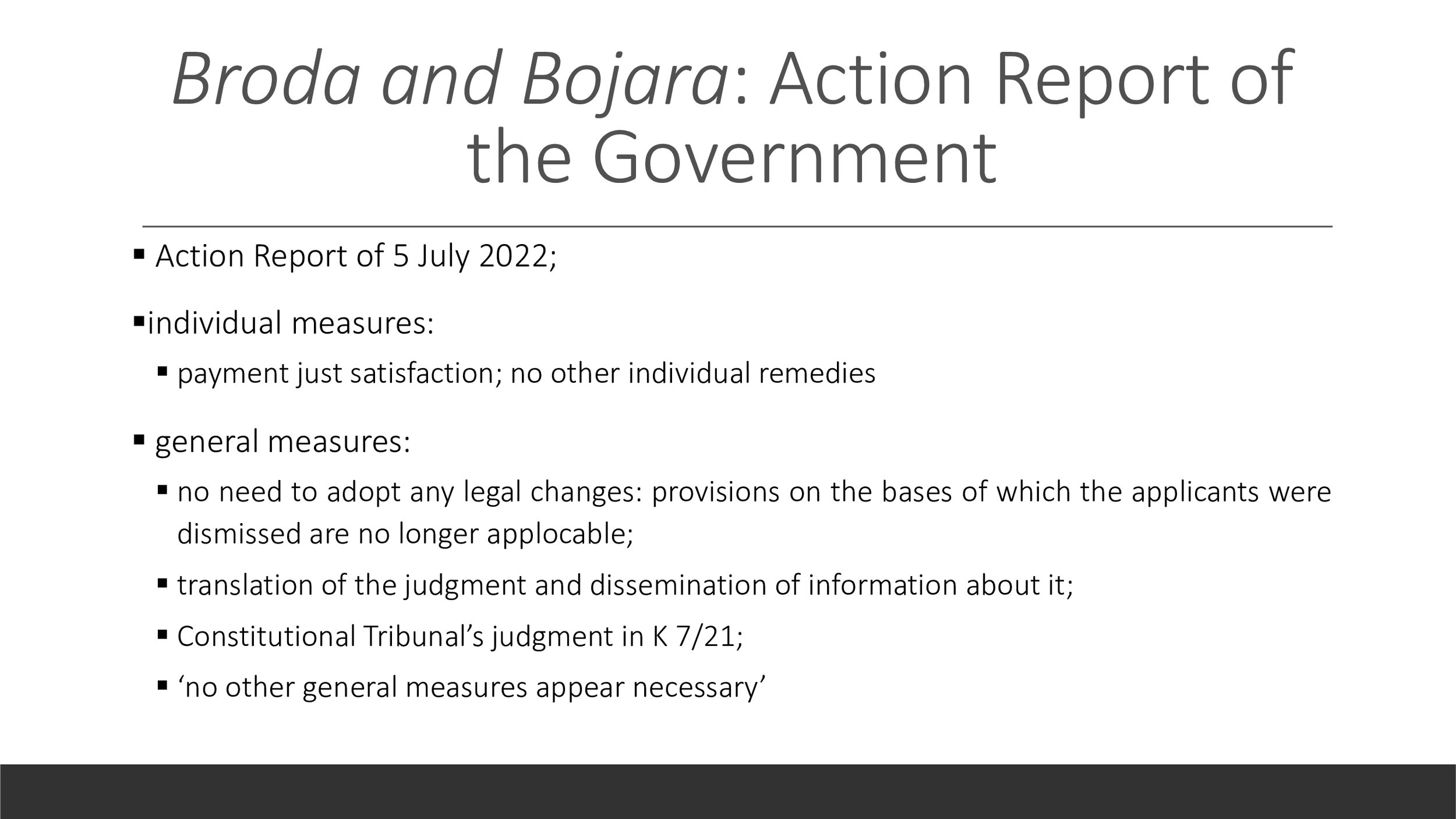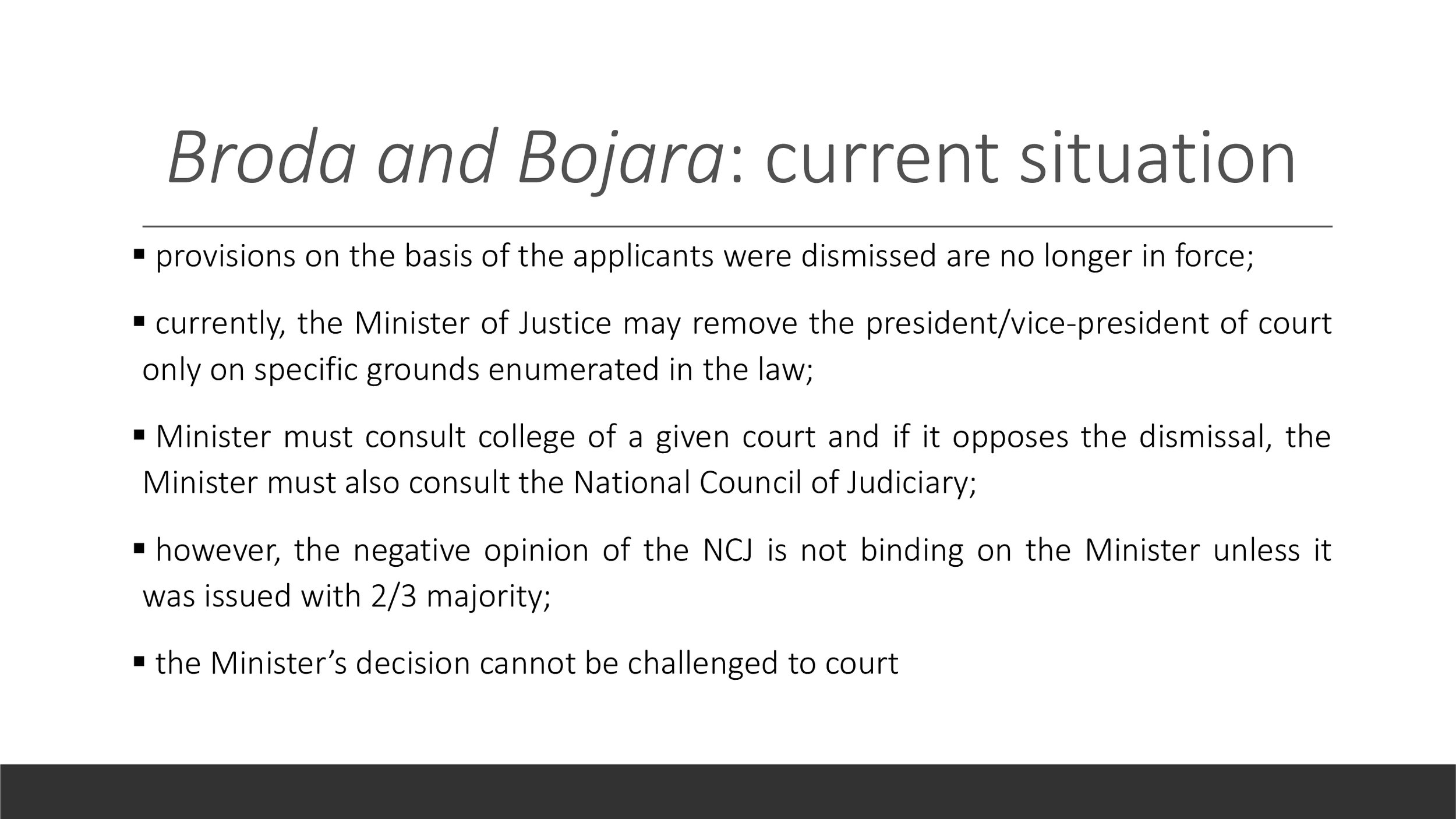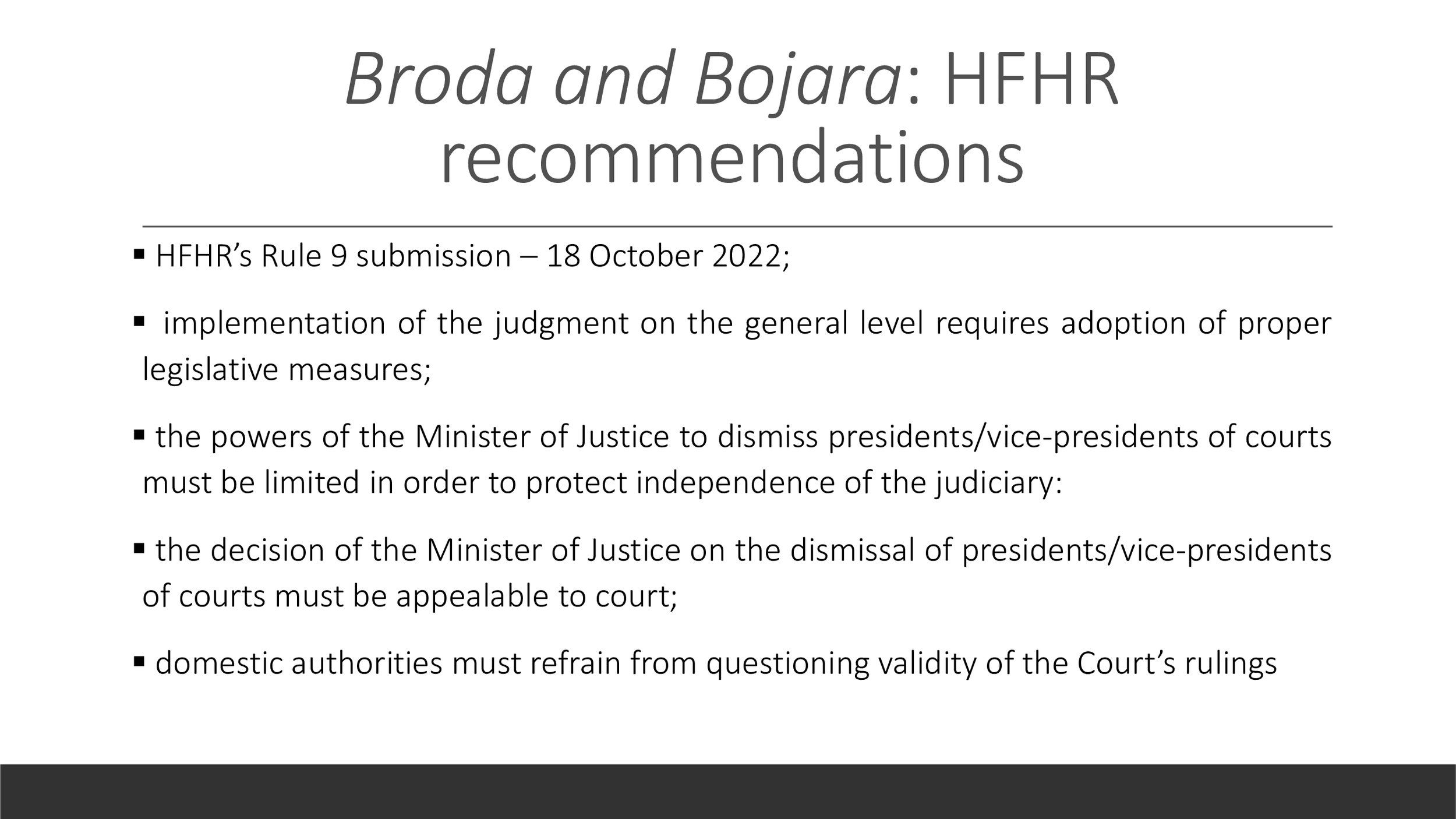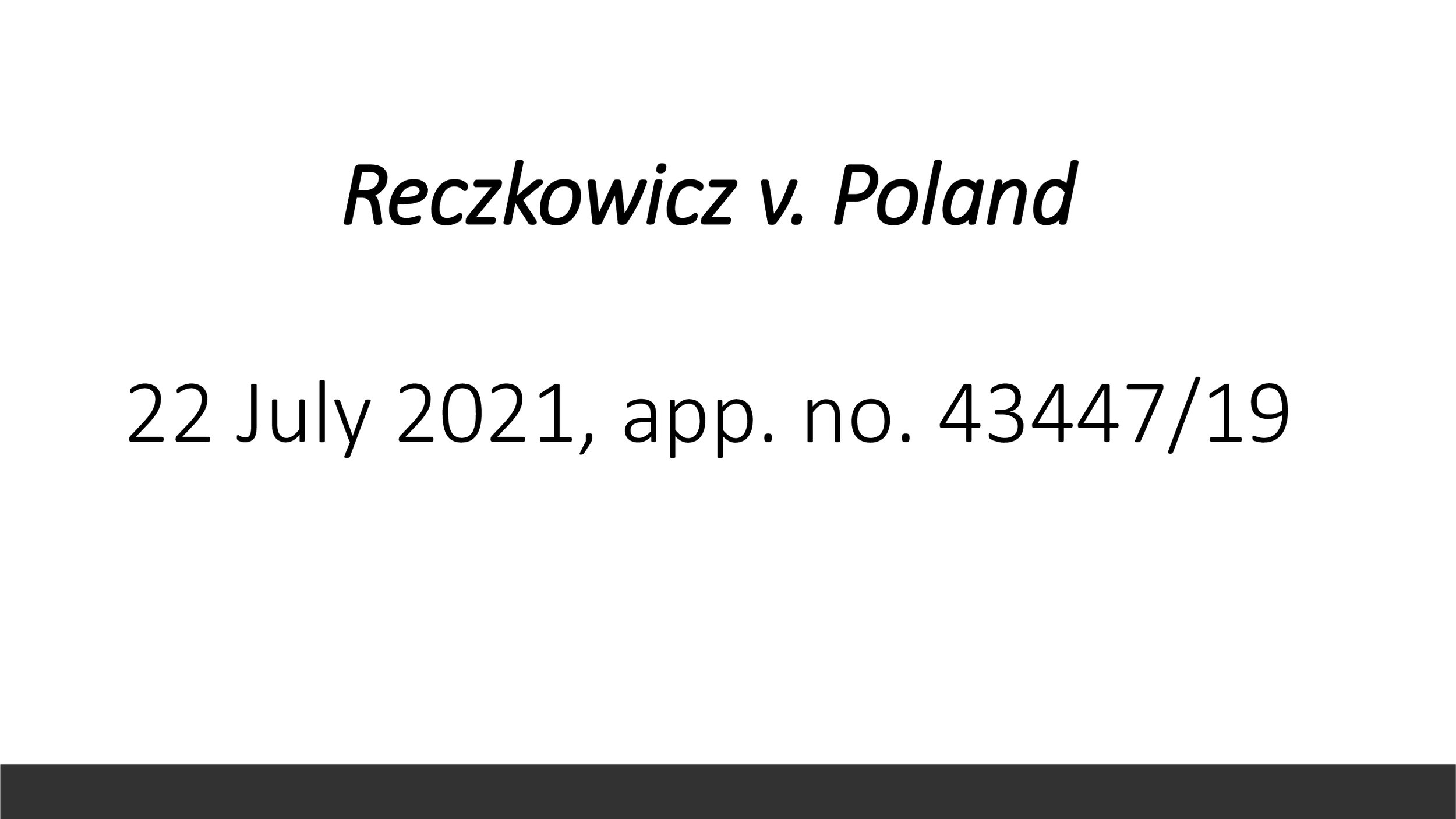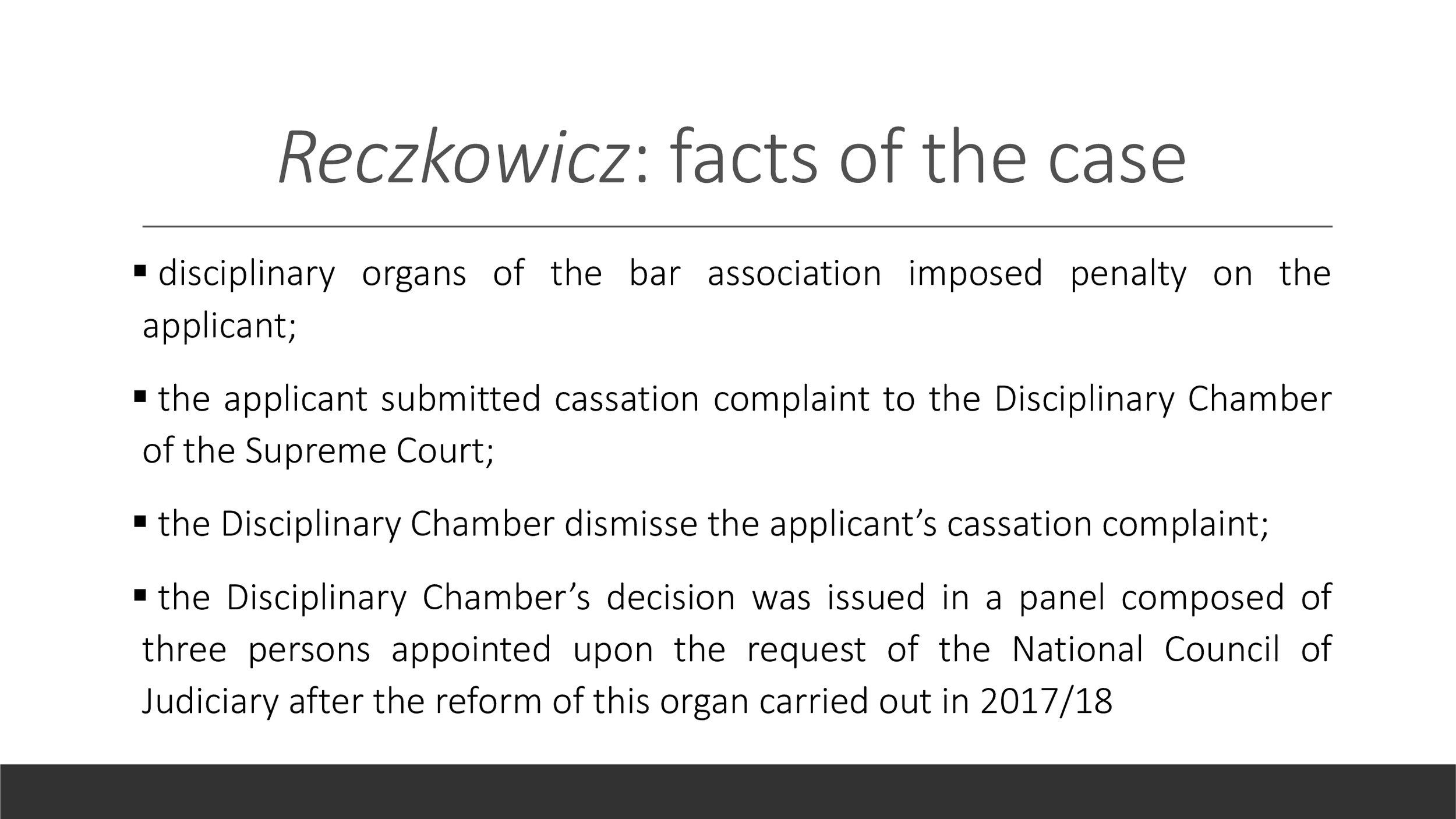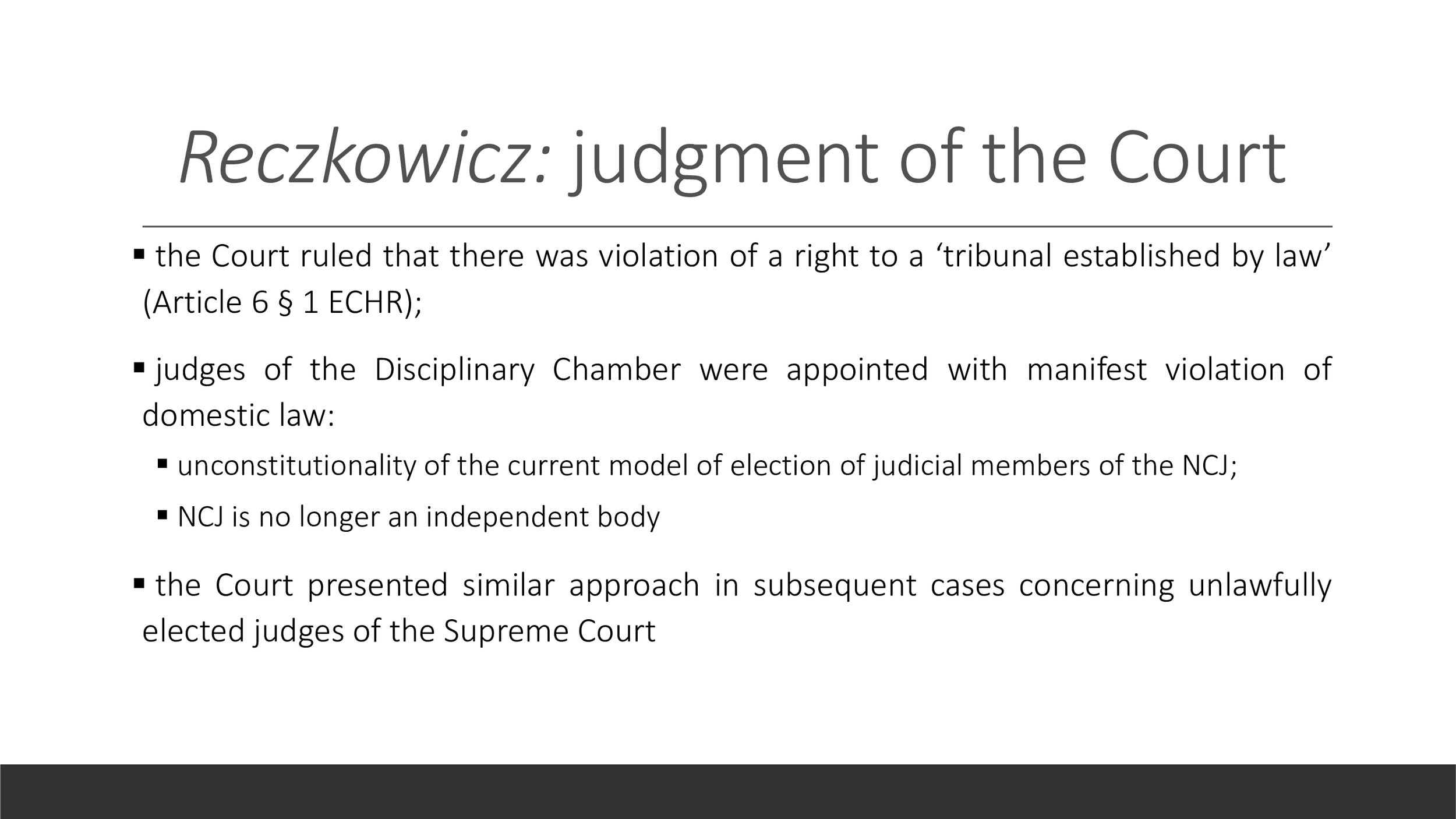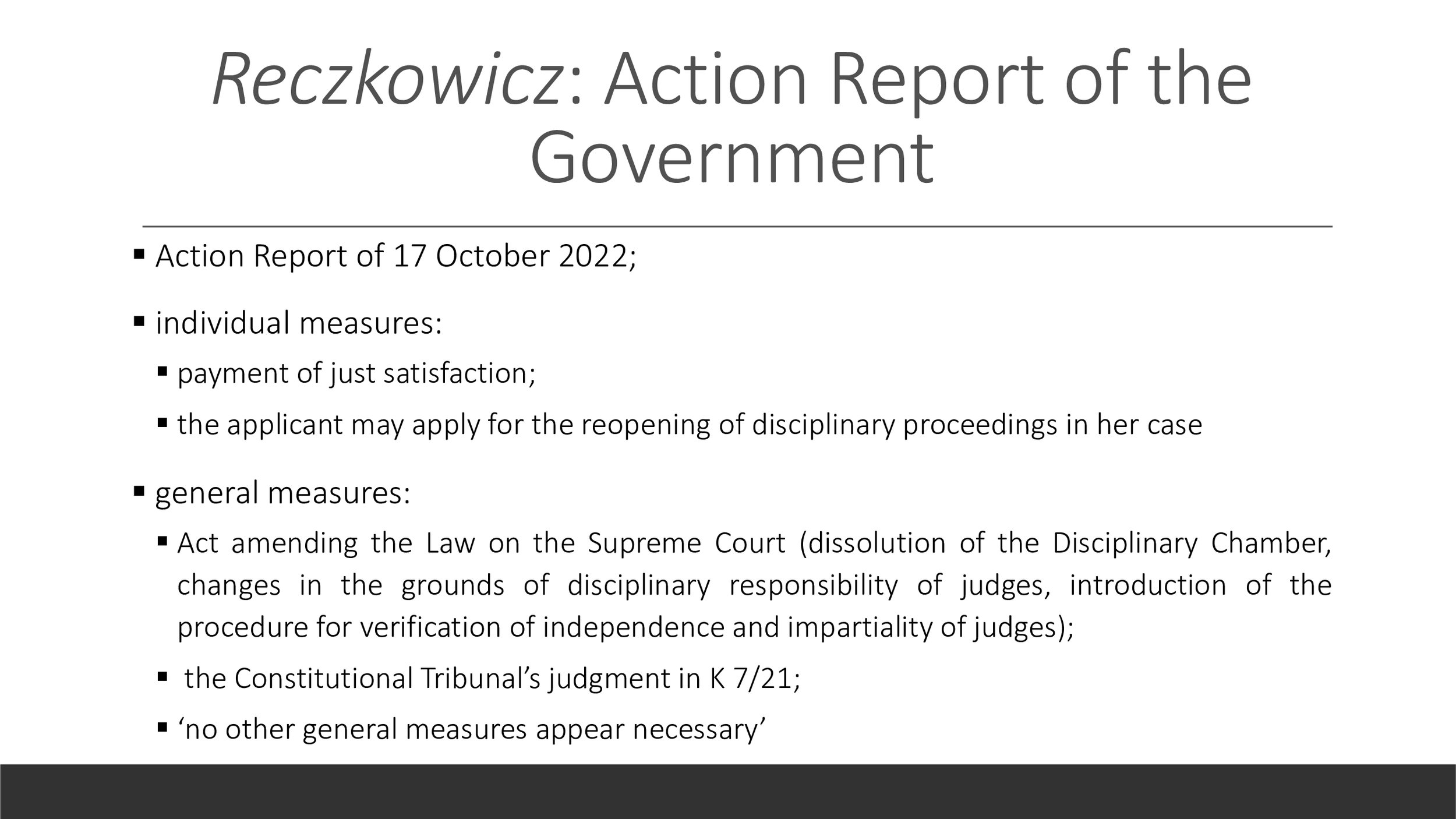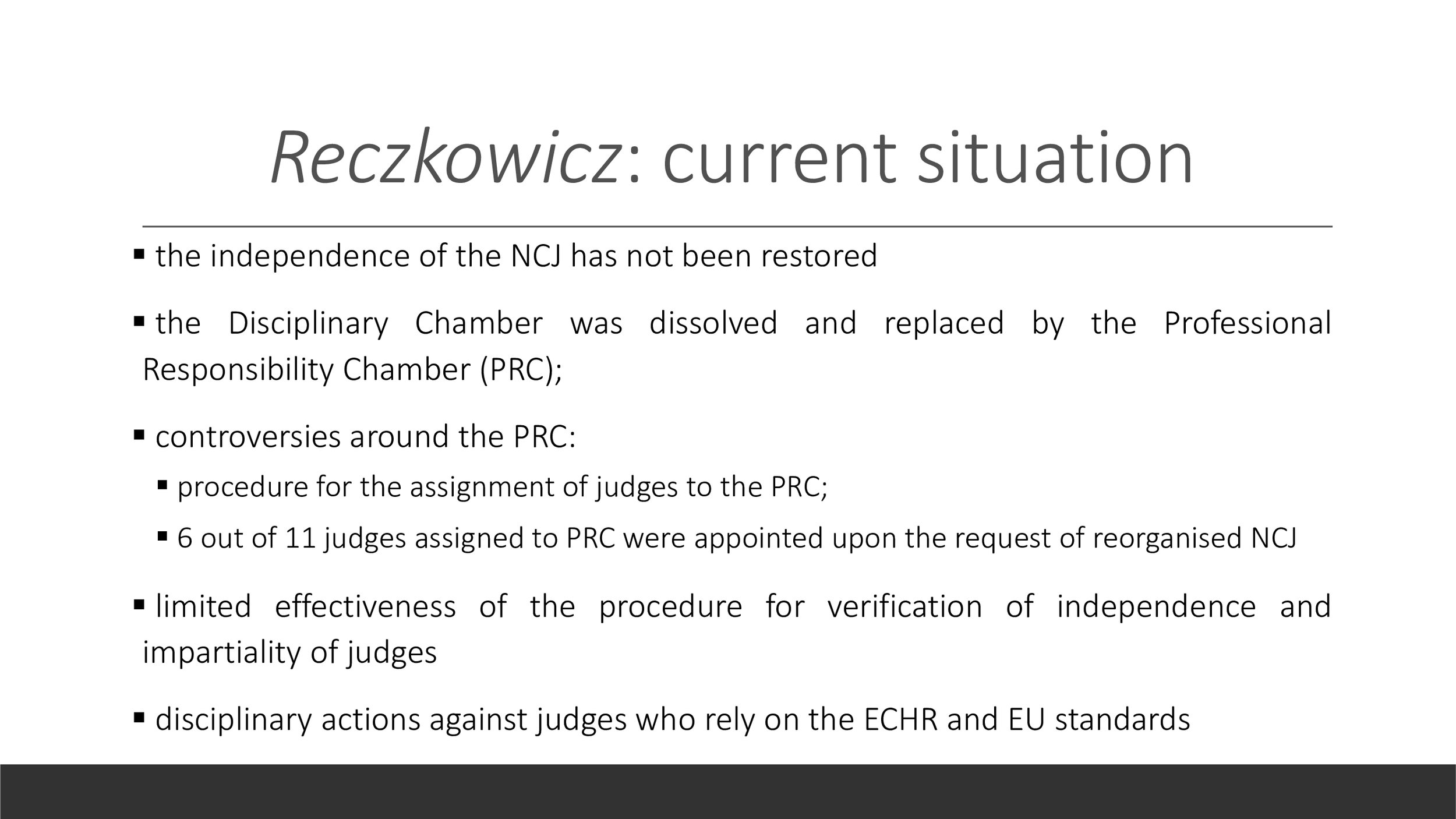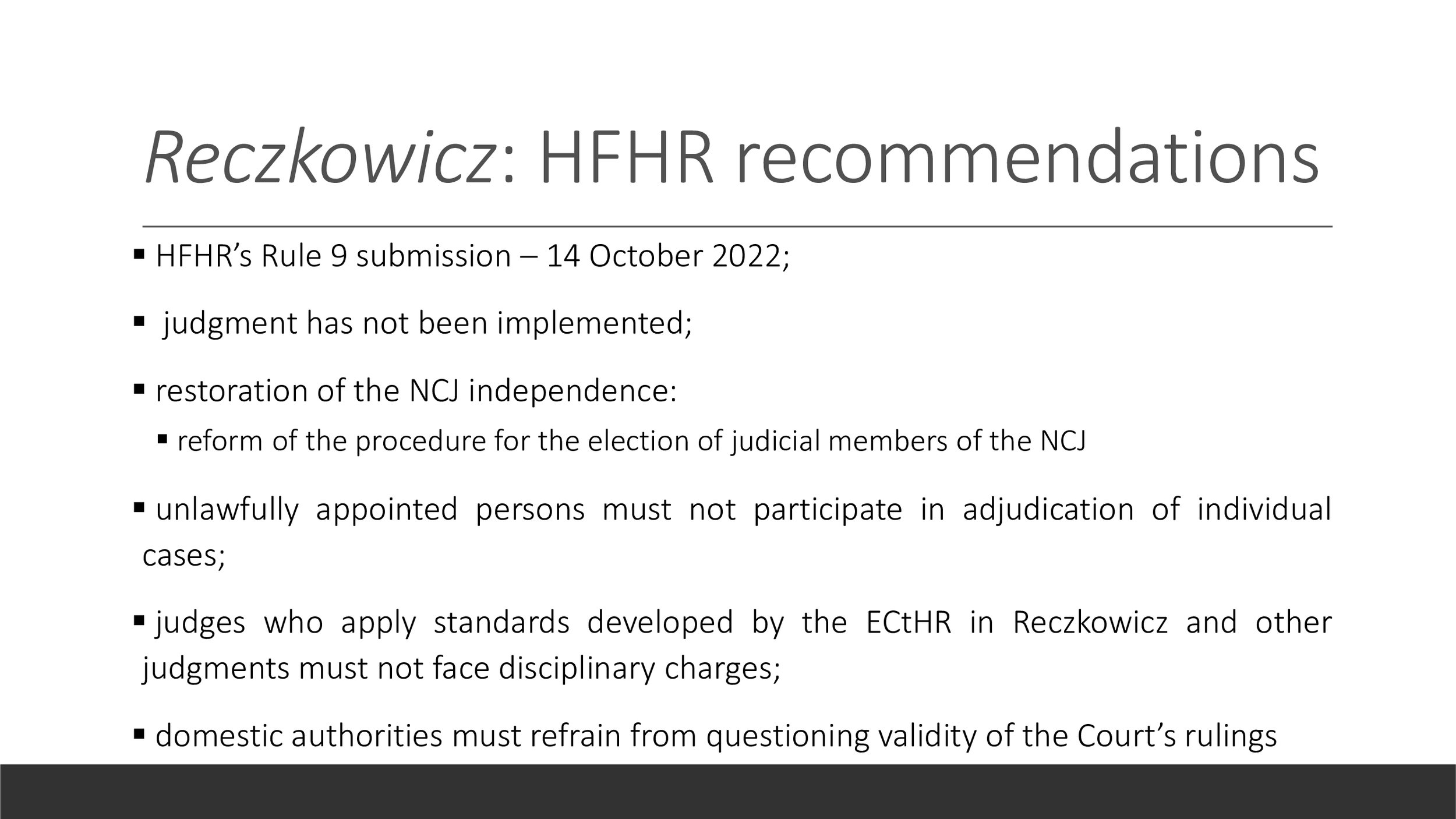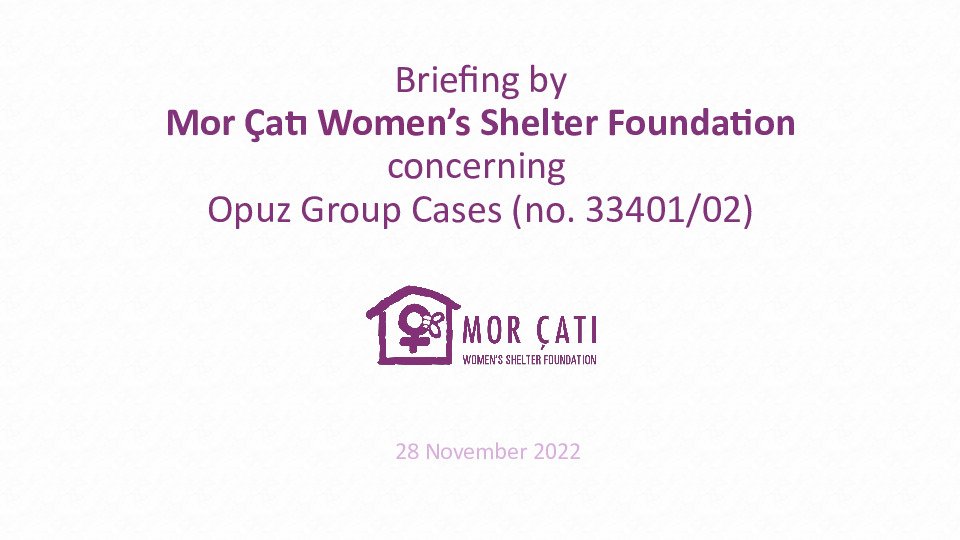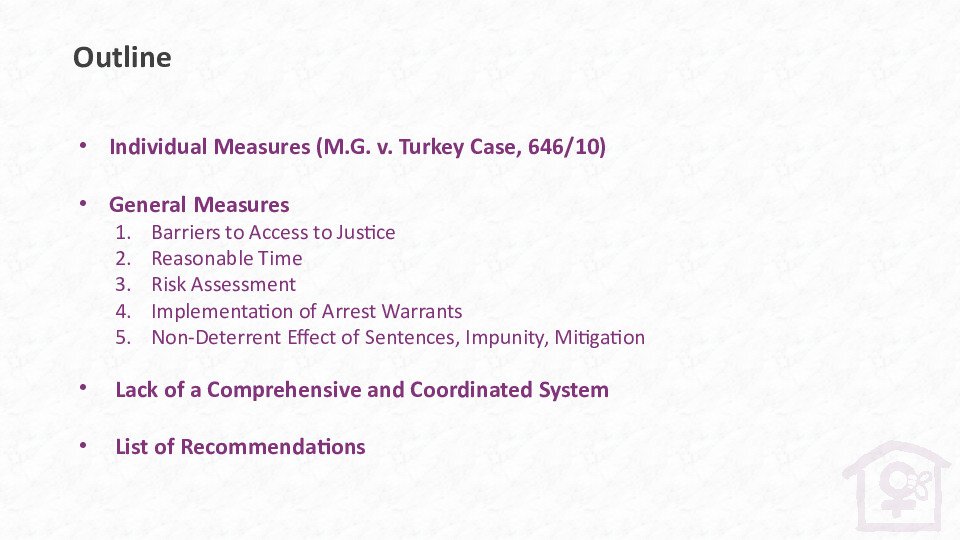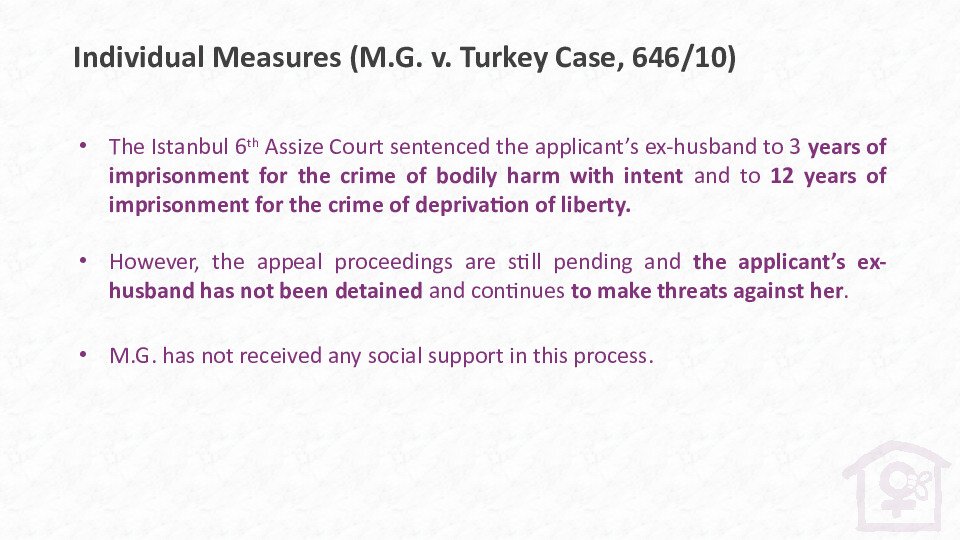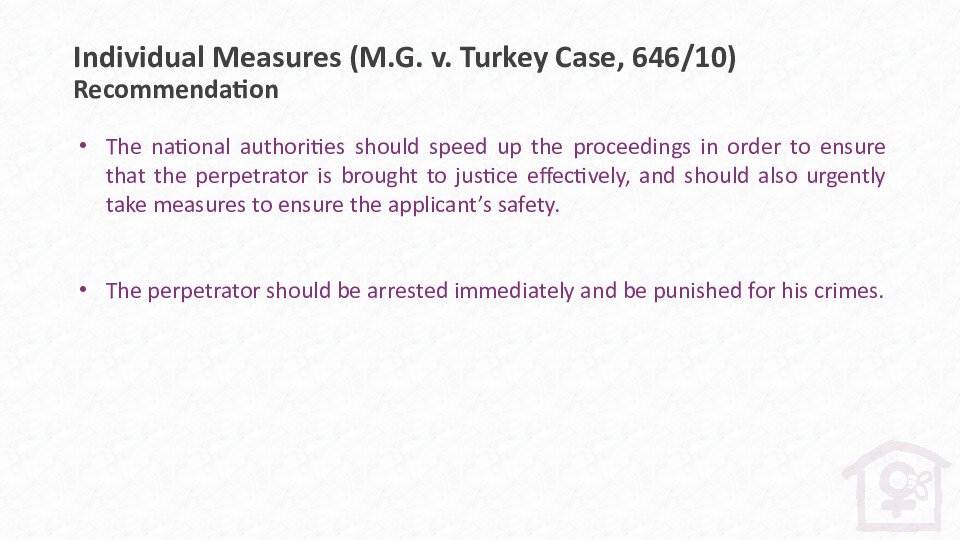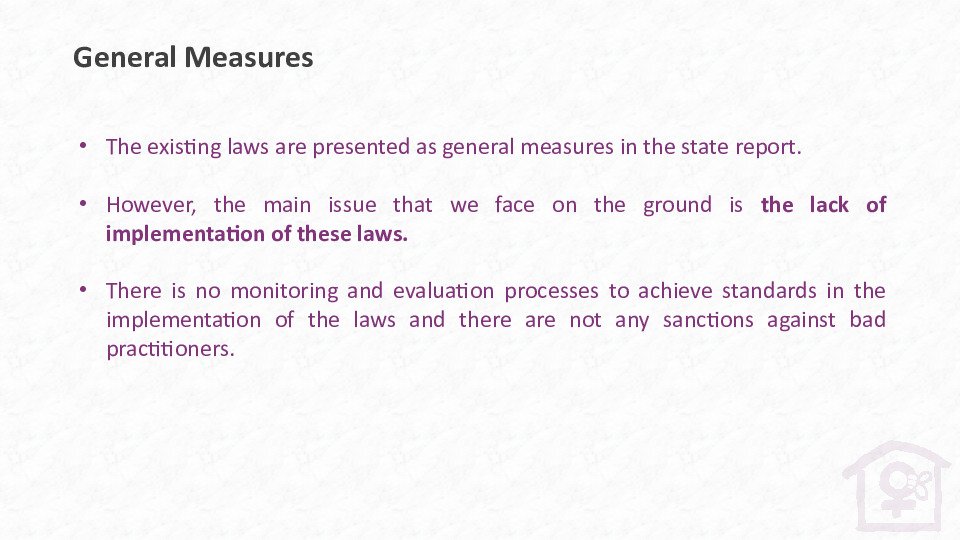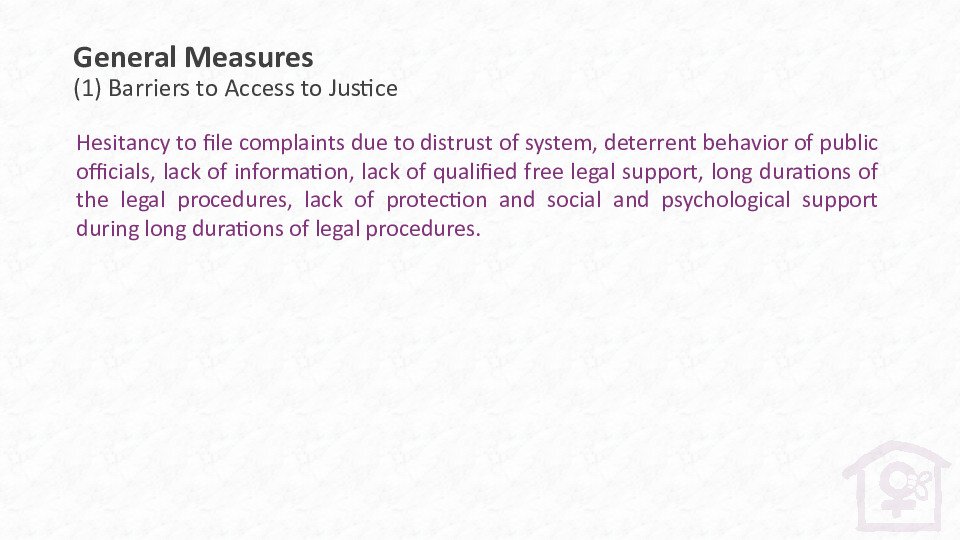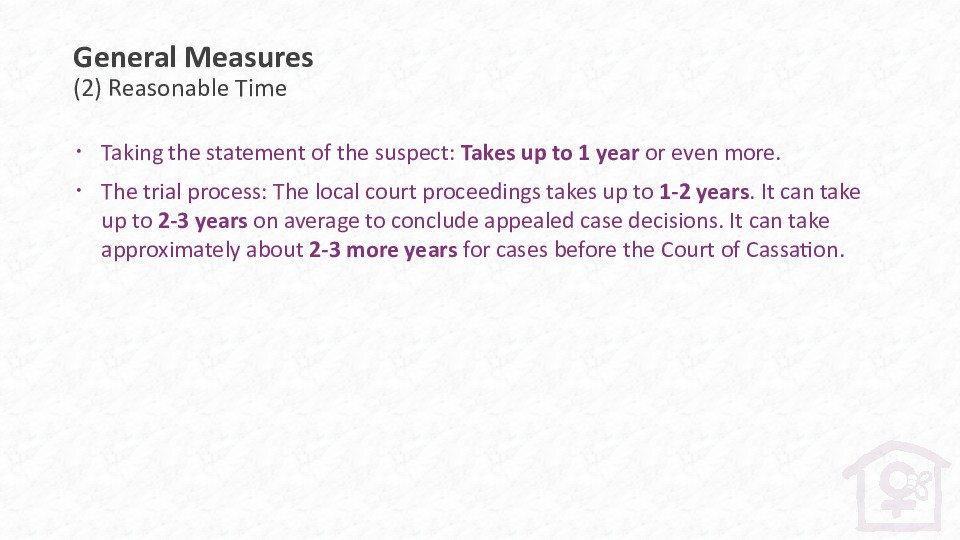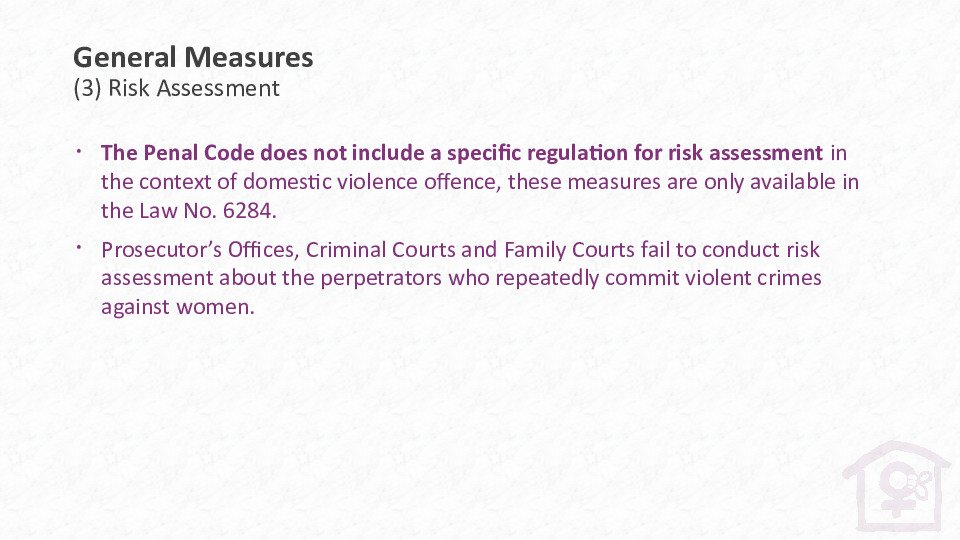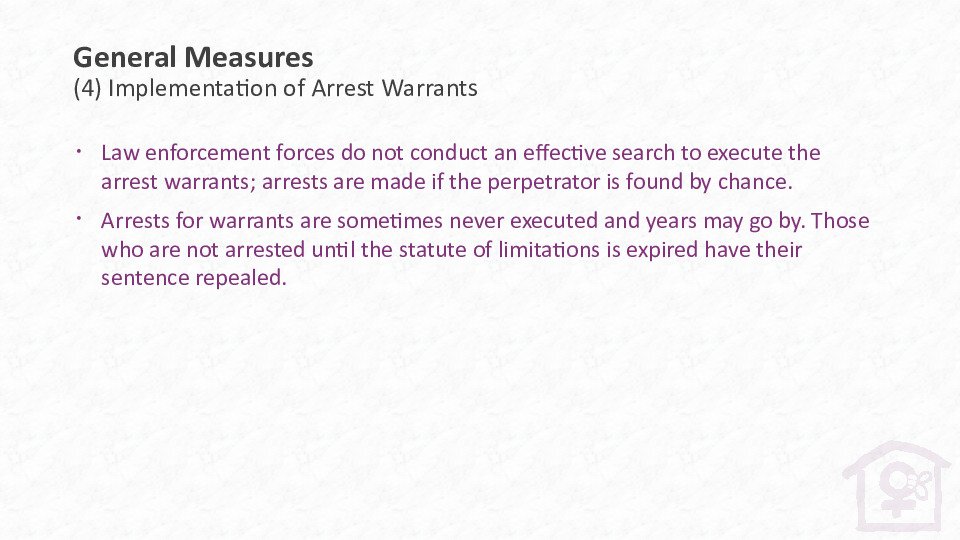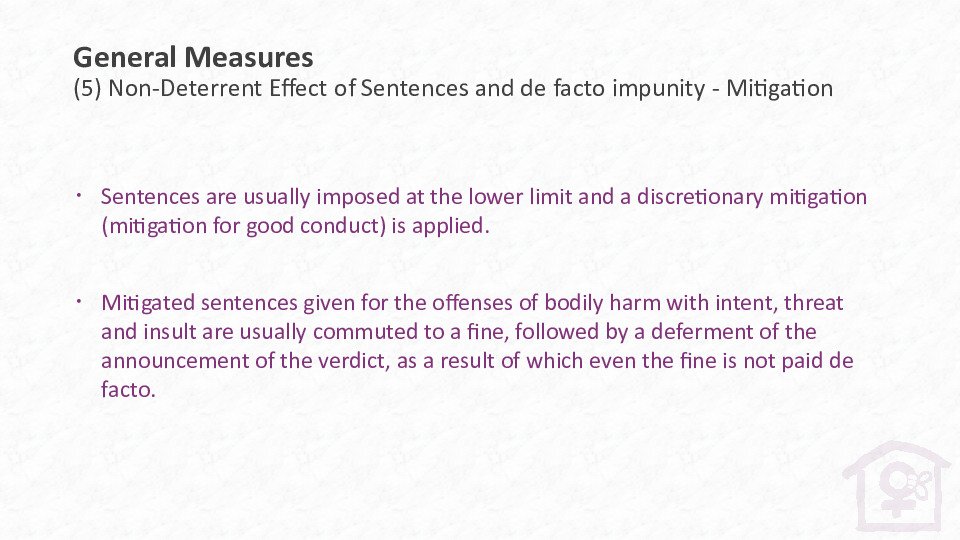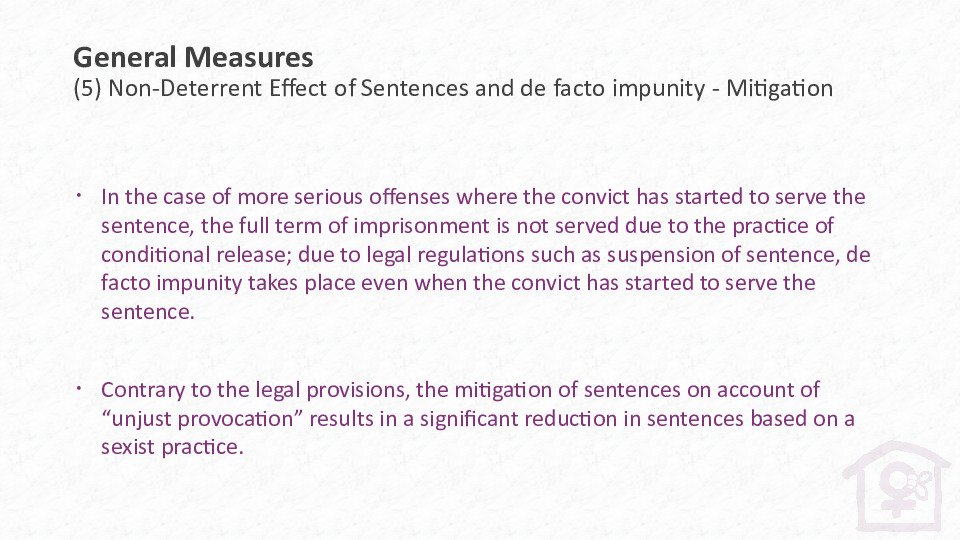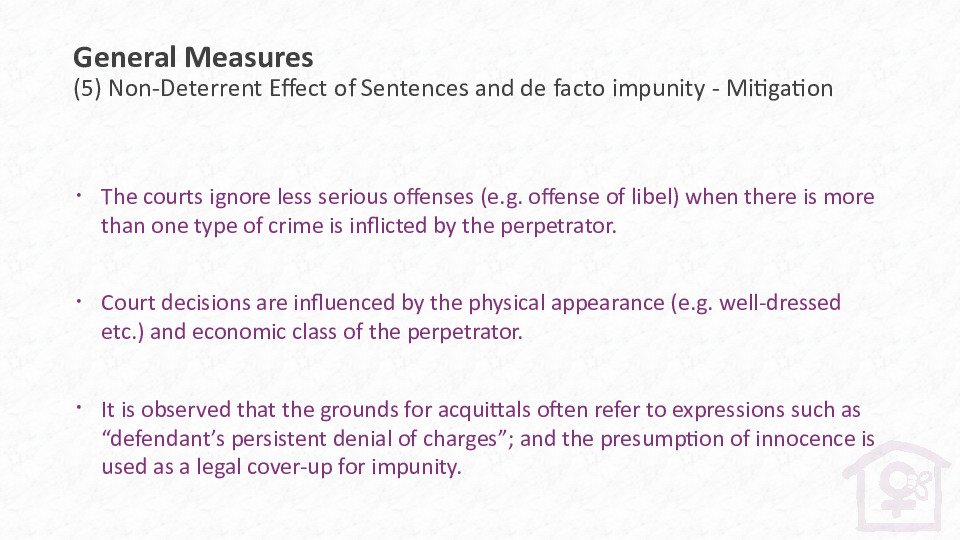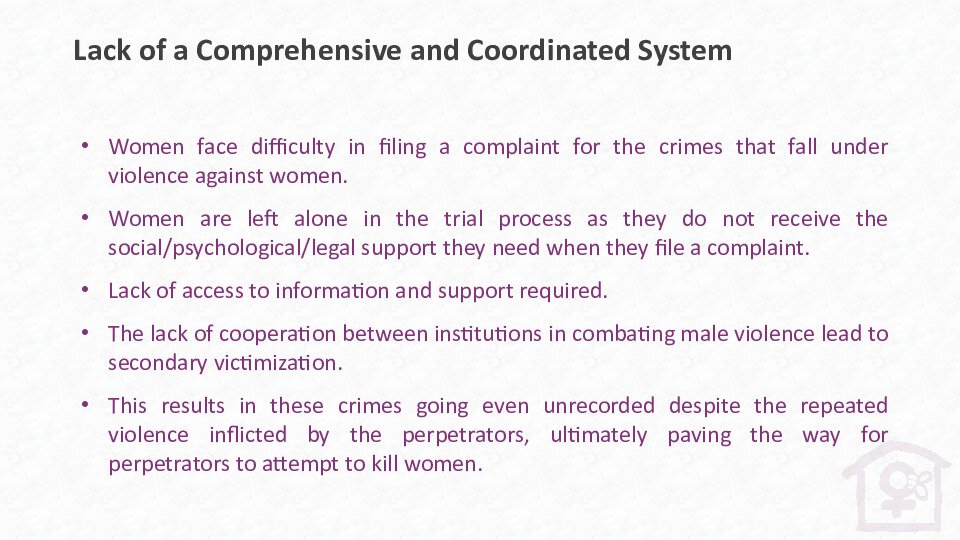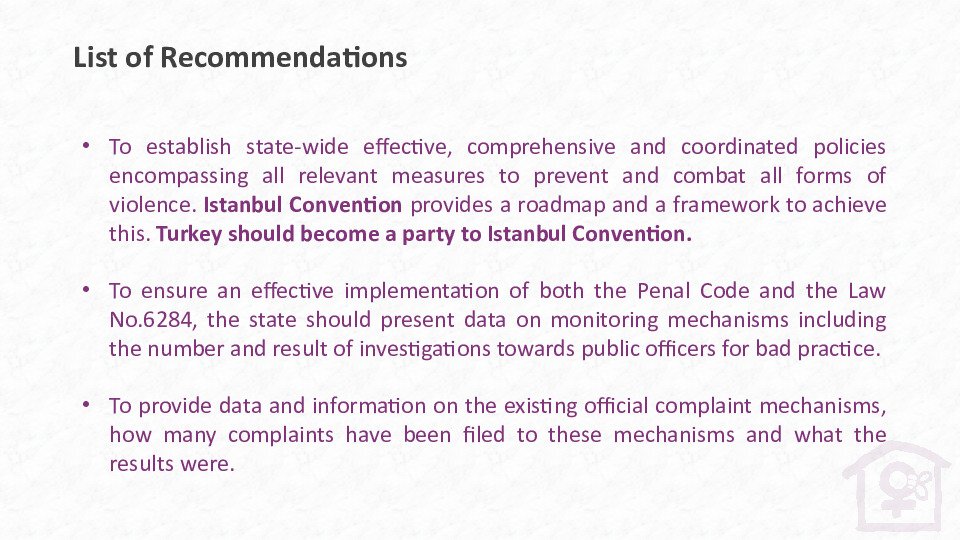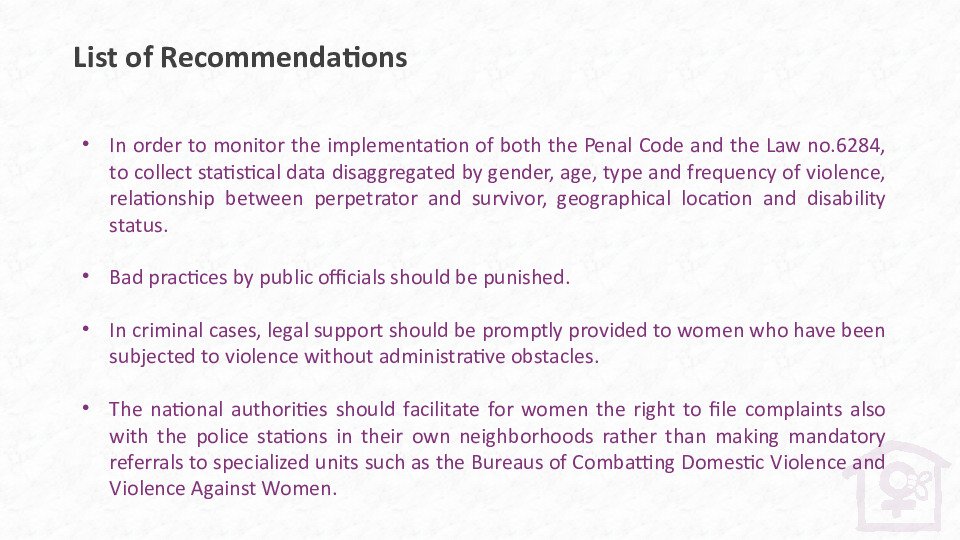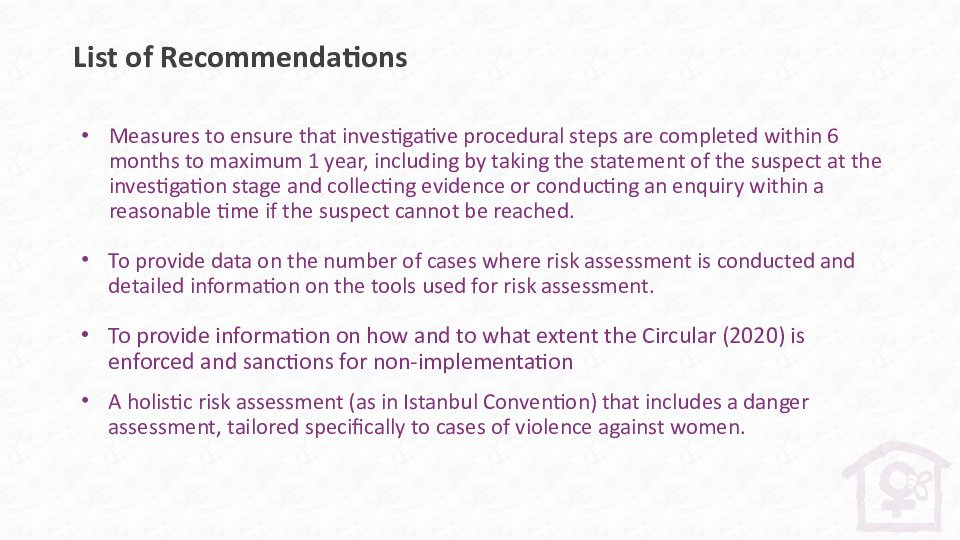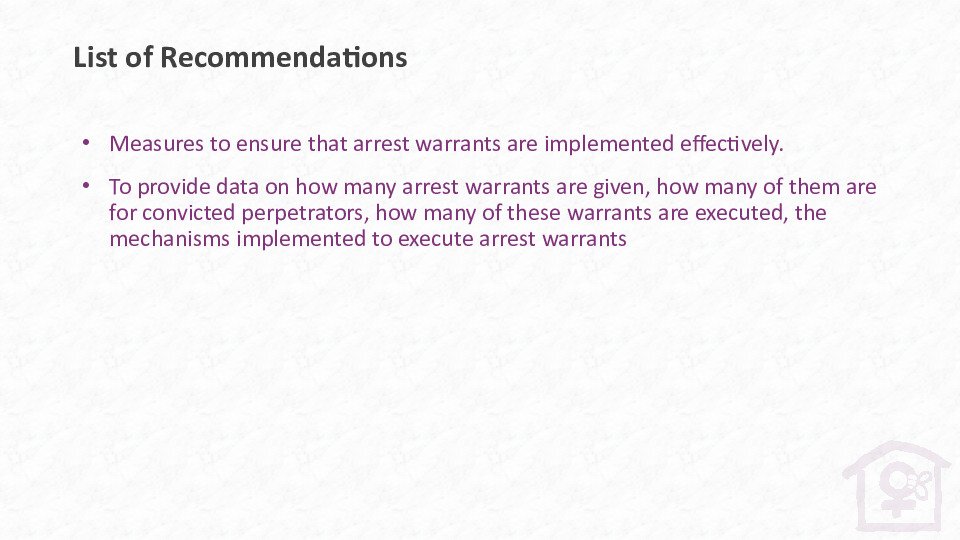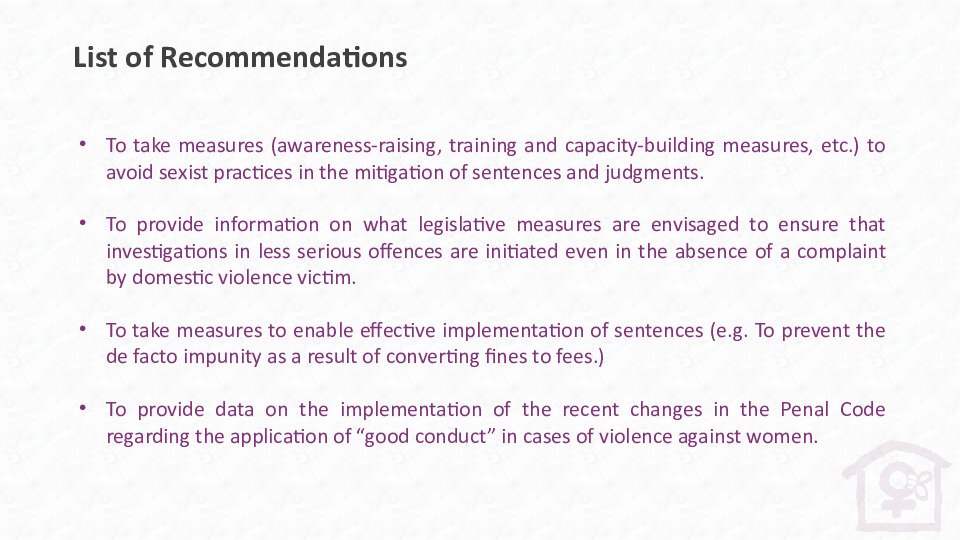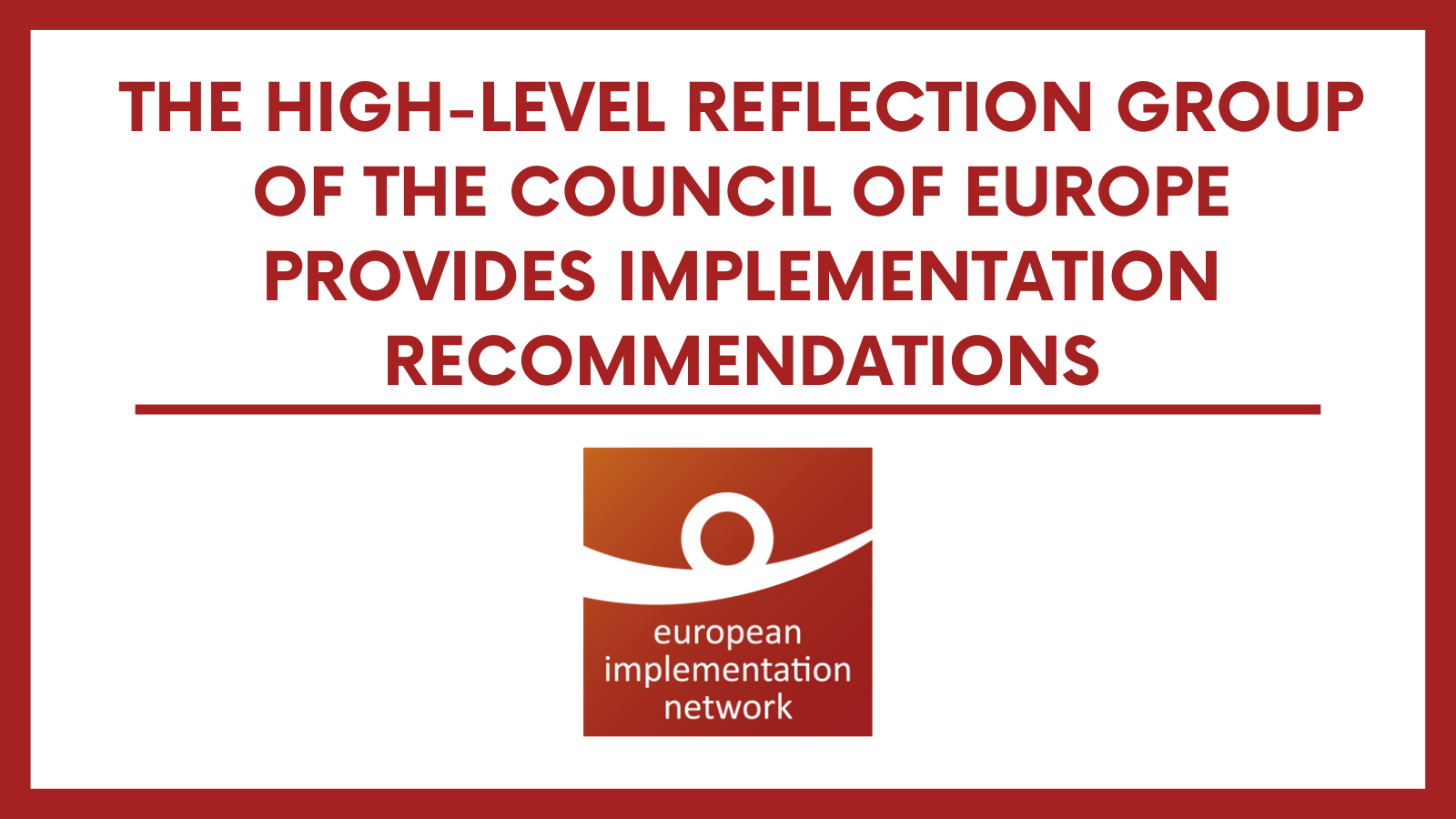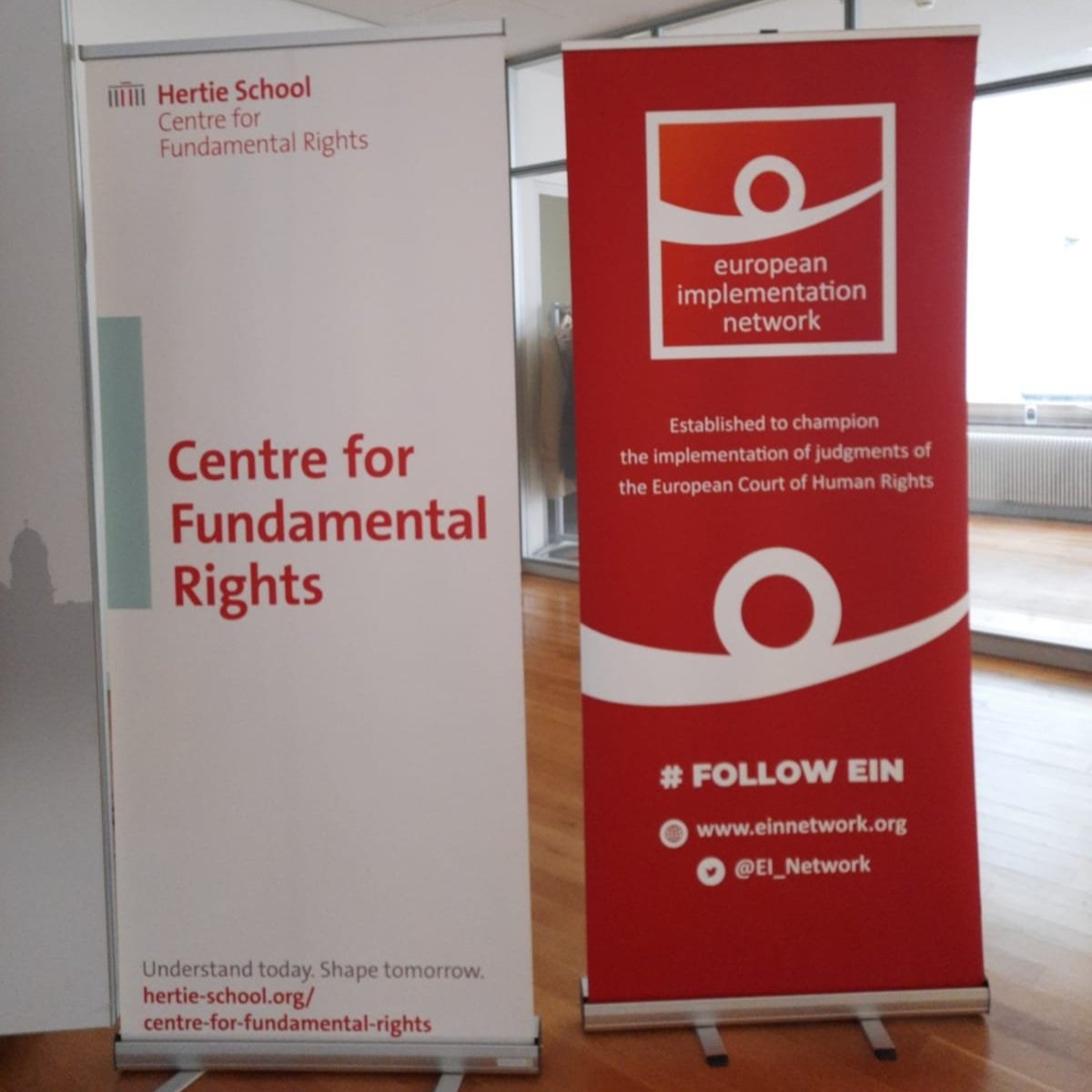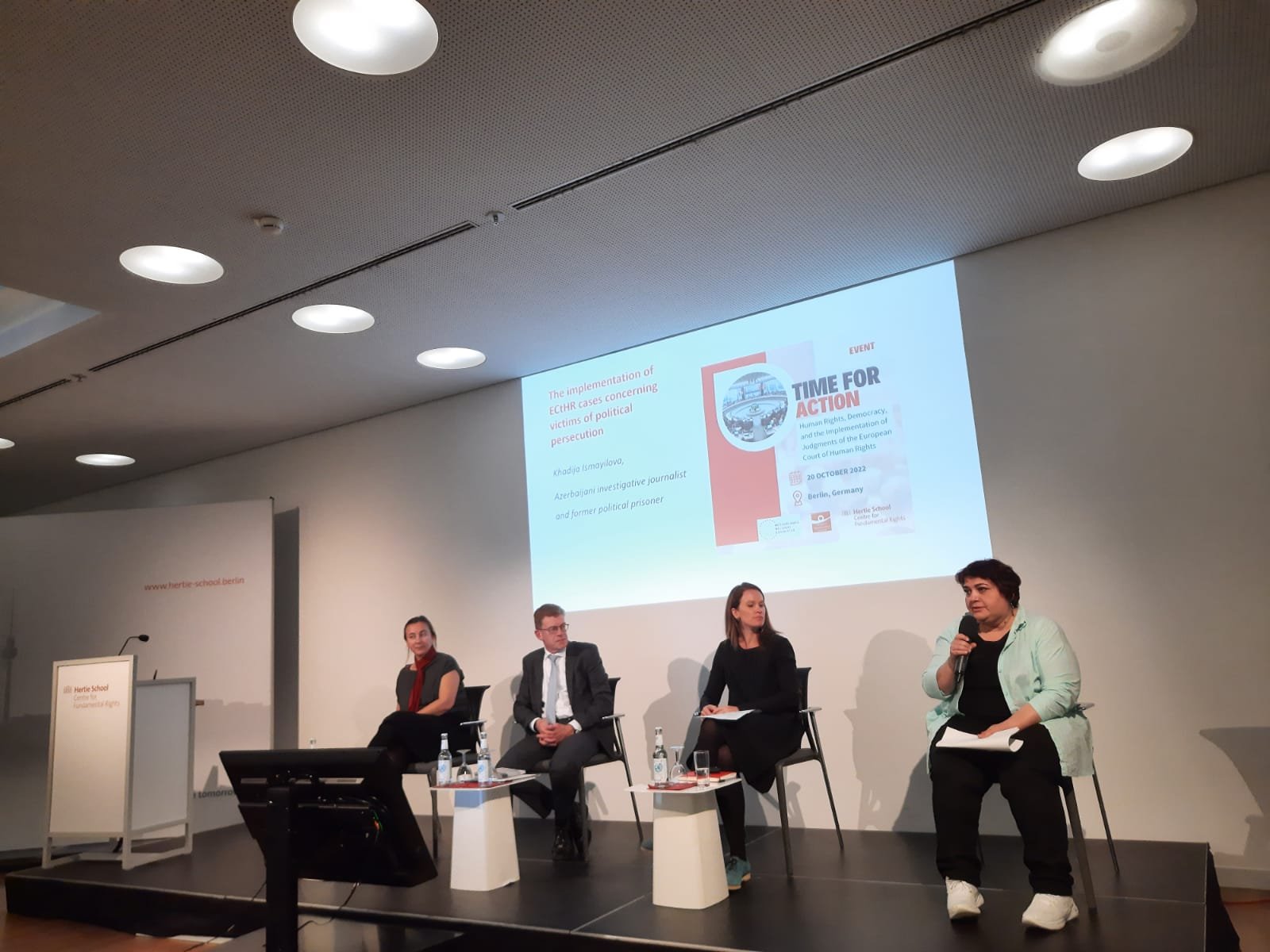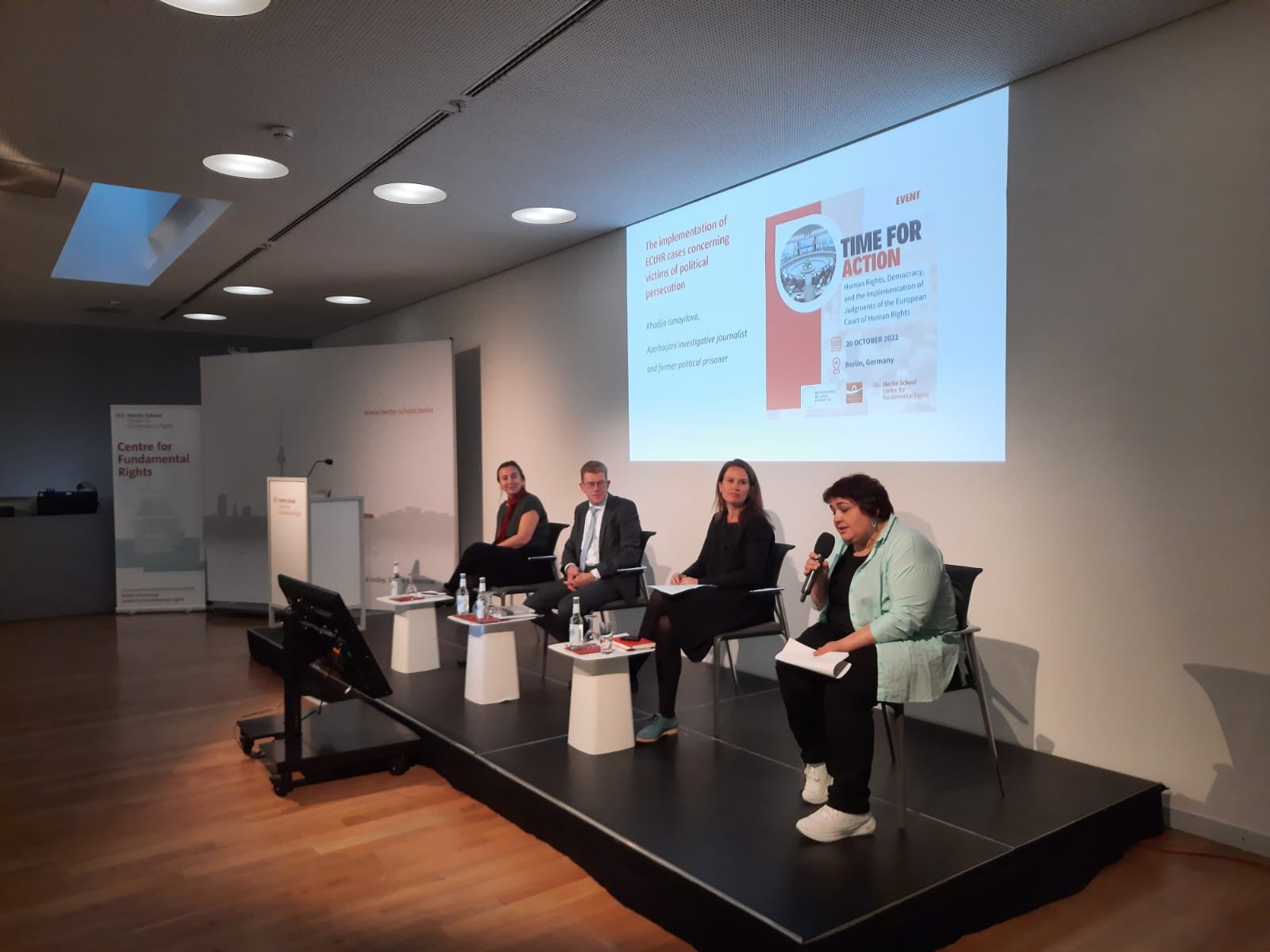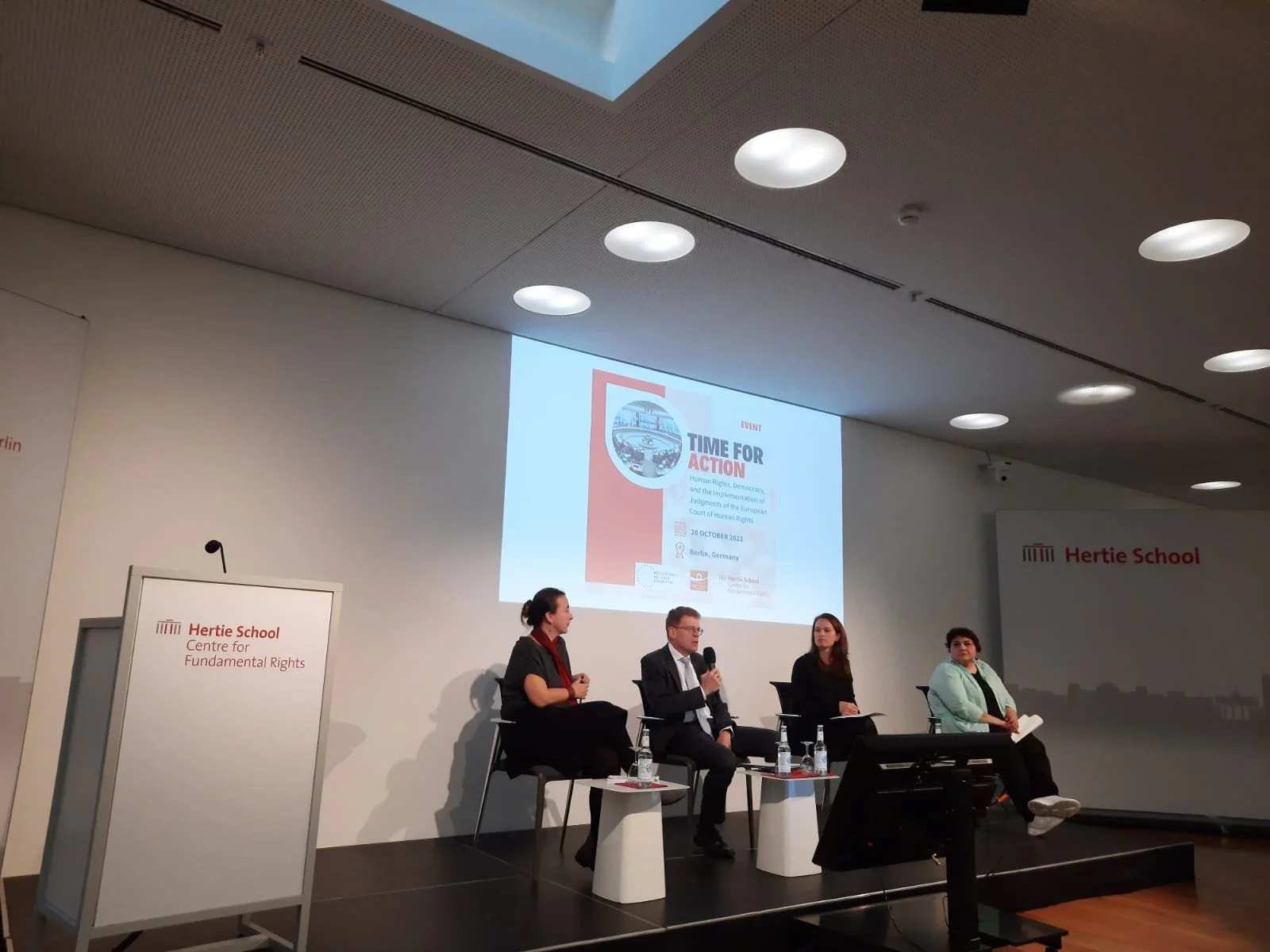Gubacsi group v. Hungary
Violation: Inhuman and degrading treatment by law enforcement officers and/or the lack of adequate investigations in this respect.
Last Examination:
CM/Del/Dec(2021)1419/H46-16 - 30 November - 2 December 2021
Latest Submission:
1451st meeting (December 2022) (DH) - Rule 9.2 - Communication from an NGO (26/10/2022) (Hungarian Helsinki Committee) in the case of GUBACSI v. Hungary (Application No. 44686/07)
X. v. North Macedonia
Violation: Lack of legislation governing the conditions and procedures for changing on birth certificates the registered sex of transgender people.
Last Examination:
CM/Del/Dec(2021)1419/H46-24 - December 2021
Latest Submission:
1451st meeting (December 2022) (DH) - Rule 9.2 - Communication from NGOs (Sexual and Health Rights of Marginalized Communities (MARGINS), and TransFormA) (03/10/2022) in the case of X v. "the former Yugoslav Republic of Macedonia" (Application No. 29683/16)
Al Nashiri group v. Poland
Violation: Various violations related to the secret detention and "extraordinary rendition” of the applicant. As a result, the applicant was exposed to a serious risk of further ill-treatment and conditions of detention in breach of Article 3 as well as of further secret detention. He faces a risk of capital punishment in a trial before a United States military commission in which, according to the European Court's judgment, evidence obtained under torture might be used.
Last Examination: CM/Del/Dec(2022)1428/H46-21 - March 2022
Latest Submission:
1451st meeting (December 2022) (DH) - Rule 9.1 - Communication from the applicant (18/10/2022) in the case of AL NASHIRI v. Poland (Application No. 28761/11)
Reczkowicz group and Broda and Bojara v. Poland
Violation: Tribunal not established by law due, inter alia, to the fact that Supreme Court judges were appointed in a deficient procedure involving the National Council of the Judiciary, a body which since 2018 offered no sufficient guarantees of independence; violation of the right to access to court on account of the absence of judicial examination of the premature termination of the applicants’ term of office as vice-presidents of a regional court.
First Examination
Latest Submission:
1451st meeting (December 2022) (DH) - Rule 9.2 - Communication from an NGO (Helsinki Foundation for Human Rights (HFHR)) (18/10/2022) in the case of Broda and Bojara v. Poland (Application No. 26691/18)
1451st meeting (December 2022) (DH) - Rule 9.2 - Communication from an NGO (Helsinki Foundation for Human Rights (HFHR)) (17/10/2022) in the case of Reczkowicz v. Poland (Application No. 43447/19)
Catan and others group v. Russia Federation
Violation: Violation of the right to education of children and parents using Latin-script schools in the Transnistrian region of the Republic of Moldova.
Last Examination: CM/Del/Dec(2022)1436/H46-21 - June 2022
Latest Submission:
1451st meeting (December 2022) (DH) - Rule 9.2 - Communication from an NGO (24/10/2022) (Promo-Lex) in the cases of MOZER and CATAN AND OTHERS v. Russian Federation (Applications No. 11138/10, 43370/04)
Mozer group v. Russia Federation
Violation: Various violations relating to the Transnistrian region of the Republic of Moldova.
Last Examination: CM/Del/Dec(2022)1436/H46-25 - June 2022
Latest Submission:
1451st meeting (December 2022) (DH) - Rule 9.1 - Communication from the applicant (04/10/2022) in the case of Istratiy v. Russian Federation (Application No. 15956/11) (Mozer group, 11138/10)
1451st meeting (December 2022) (DH) - Rule 9.2 - Communication from an NGO (24/10/2022) (Promo-Lex) in the cases of MOZER and CATAN AND OTHERS v. Russian Federation (Applications No. 11138/10, 43370/04)
S.C. Polyinvest S.R.L. and Others v. Romania
Violation: Non-implementation of arbitral awards or final domestic court decisions ordering State-controlled companies to pay various sums to the applicant companies.
Last Examination: CM/Del/Dec(2022)1443/H46-22 - September
Latest Submission:
1451st meeting (December 2022) (DH) - Rule 9.1 - Communication from the applicant (05/12/2022) in the case of Omegatech Enterprises Ltd. v. Romania (Application No. 24612/07) (judgment S.C. Polyinvest S.R.L. and Others (No. 20752/07))
Kačapor and others group v. Serbia
Violation: Non-enforcement of domestic decisions, including against socially-owned companies.
Last Examination: CM/Del/Dec(2020)1377/H46-35 - June 2020
Latest Submission:
Applicant Communications
1451st meeting (December 2022) (DH) - Rule 9.1 - Communication from the applicant (20/10/2022) in the case of Popovic and Others v. Serbia (Application No. 31634/20) (R. Kacapor group, 2269/06)
NGO/NHRI Communications
1451st meeting (December 2022) (DH) - Rule 9.2 - Communication from an NGO (02/11/2022) (Lawyers' Committee for Human Rights (YUCOM)) in the case of R. KACAPOR v. Serbia (Application No. 2269/06)
Selahattin Demirtaş (no. 2) group v. Türkiye
Violation: Unjustified detention of the applicant (Selahattin Demirtaş (No. 2)) without reasonable suspicion that he had committed an offence, with the ulterior purpose of stifling pluralism and limiting freedom of political debate. Unforeseeable lifting of the parliamentary immunity and subsequent criminal proceedings to penalise the applicants for their political speeches.
Last Examination: CM/Del/Dec(2022)1443/H46-29 - September 2022
Latest Submission:
1451st meeting (December 2022) (DH) - Rule 9.1 - Communication from the applicant (14/11/2022) in the case of Encu and others v. Turkey (Application No. 56543/16) (Selahattin Demirtas (no. 2) group, 14305/17)
1451st meeting (December 2022) (DH) - Rule 9.1 - Communication from the applicant (17/10/2022) in the case of Selahattin Demirtas v. Turkey (No. 2) (Application No. 14305/17)
1451st meeting (December 2022) (DH) - Rules 9.2 and 9.6 - Reply from the authorities (14/11/2022) following a communication from NGOs (04/11/2022) in the case of Selahattin Demirtas v. Turkey (no. 2) (Application No. 14305/17)
Kavala v. Türkiye
Violation: Unjustified and extended detention of the applicant without reasonable suspicion and with the ulterior purpose of reducing him to silence.
Last Examination: CM/Del/Dec(2022)1443/H46-30 - September 2022
Latest Submission:
1451st meeting (December 2022) (DH) - Rule 9.1 - Communication from the applicant (12/10/2022) in the case of Kavala v. Turkey (Application No. 28749/18)
Opuz group v. Türkiye
Violation: Failure to provide protection from domestic violence.
Last Examination: CM/Del/Dec(2020)1390/H46-24 - December 2020
Latest Submission:
1451st meeting (December 2022) (DH) - Rule 9.2 - Communication from an NGO (İNSAN HAKLARI DERNEĞİ (HUMAN RIGHTS ASSOCIATION)) (21/10/2022) in the case of OPUZ v. Turkey (Application No. 33401/02)
1451st meeting (December 2022) (DH) - Rule 9.2 - Communication from an NGO (Association for Struggle Against Sexual Violence) (18/10/2022) in the case of OPUZ v. Turkey (Application No. 33401/02)
1451st meeting (December 2022) (DH) - Rule 9.2 - Communication from an NGO (Mor Cati Women's shelter Foundation) (12/10/2022) in the case of OPUZ v. Turkey (Application No. 33401/02)
Mckerr group v. United Kingdom
Violation: Actions of security forces in Northern Ireland in the 1980s and 1990s; failure to conduct Article 2 - compliant investigations.
Last Examination:
CM/Del/Dec(2022)/1443/H46-32 - September 2022
Latest Submission:
1451st meeting (December 2022) (DH) - Rule 9.2 - Communication from an NGO (28/10/2022) (Committee on the Administration of Justice) in the case of MCKERR v. the United Kingdom (Application No. 28883/95)


